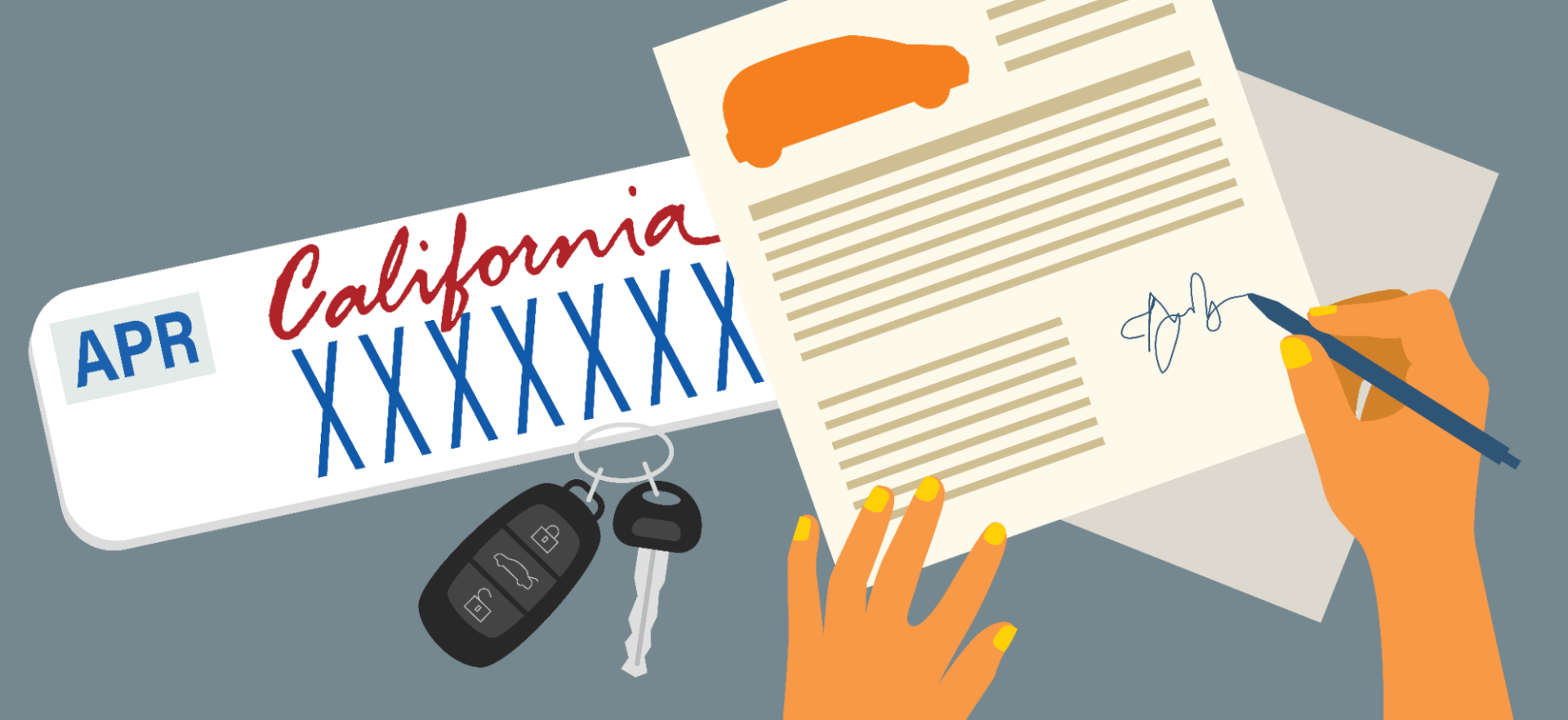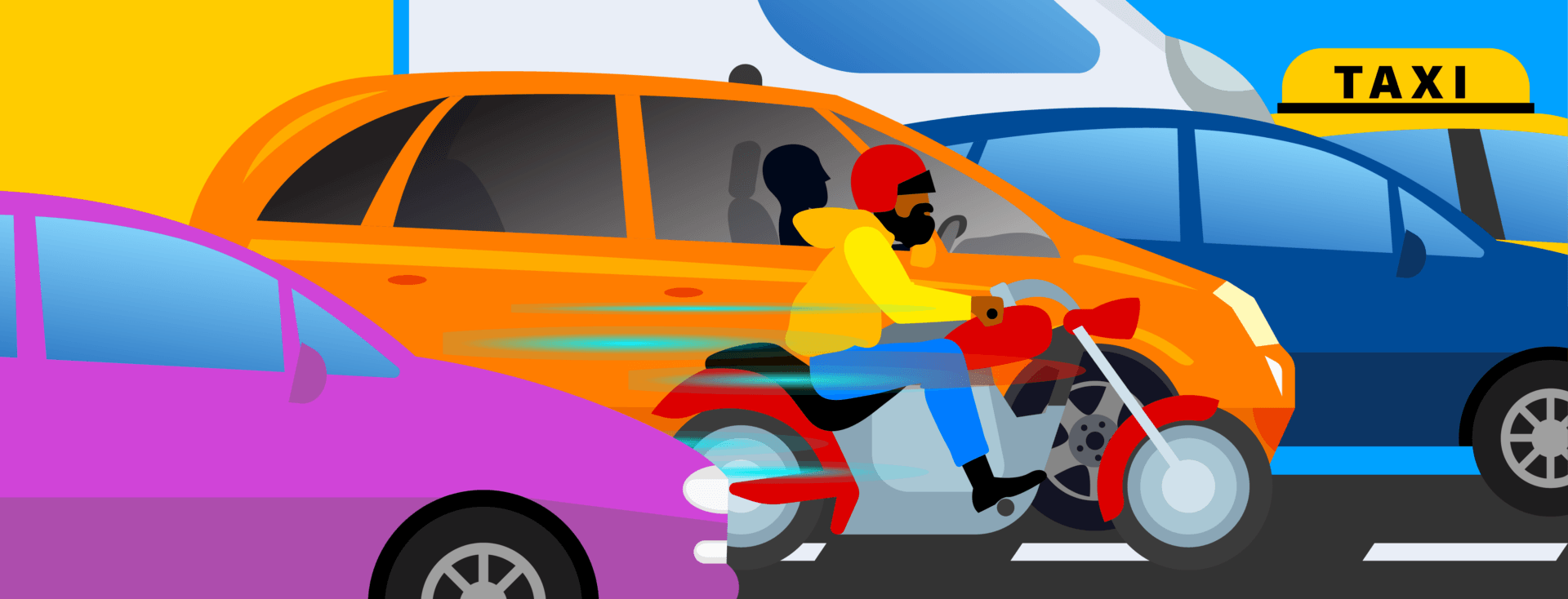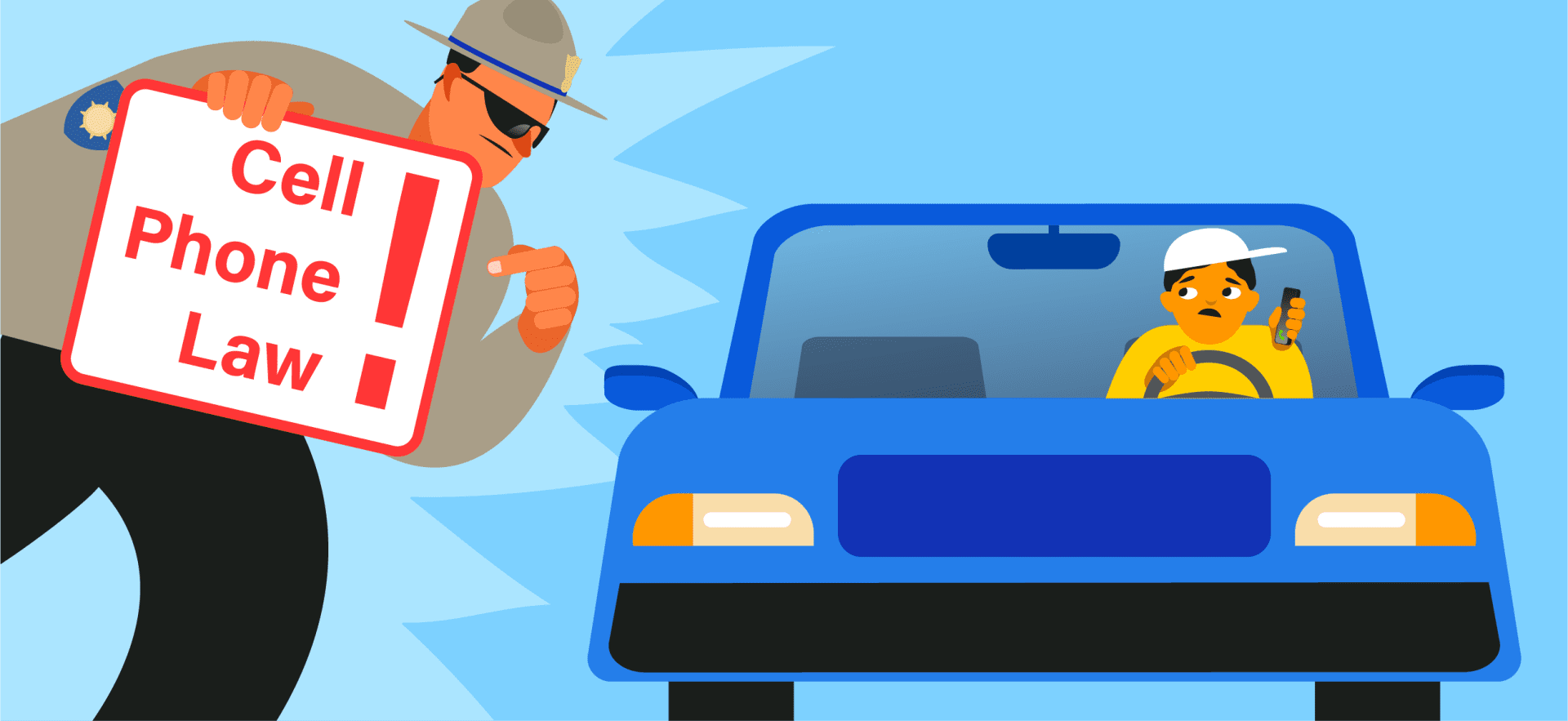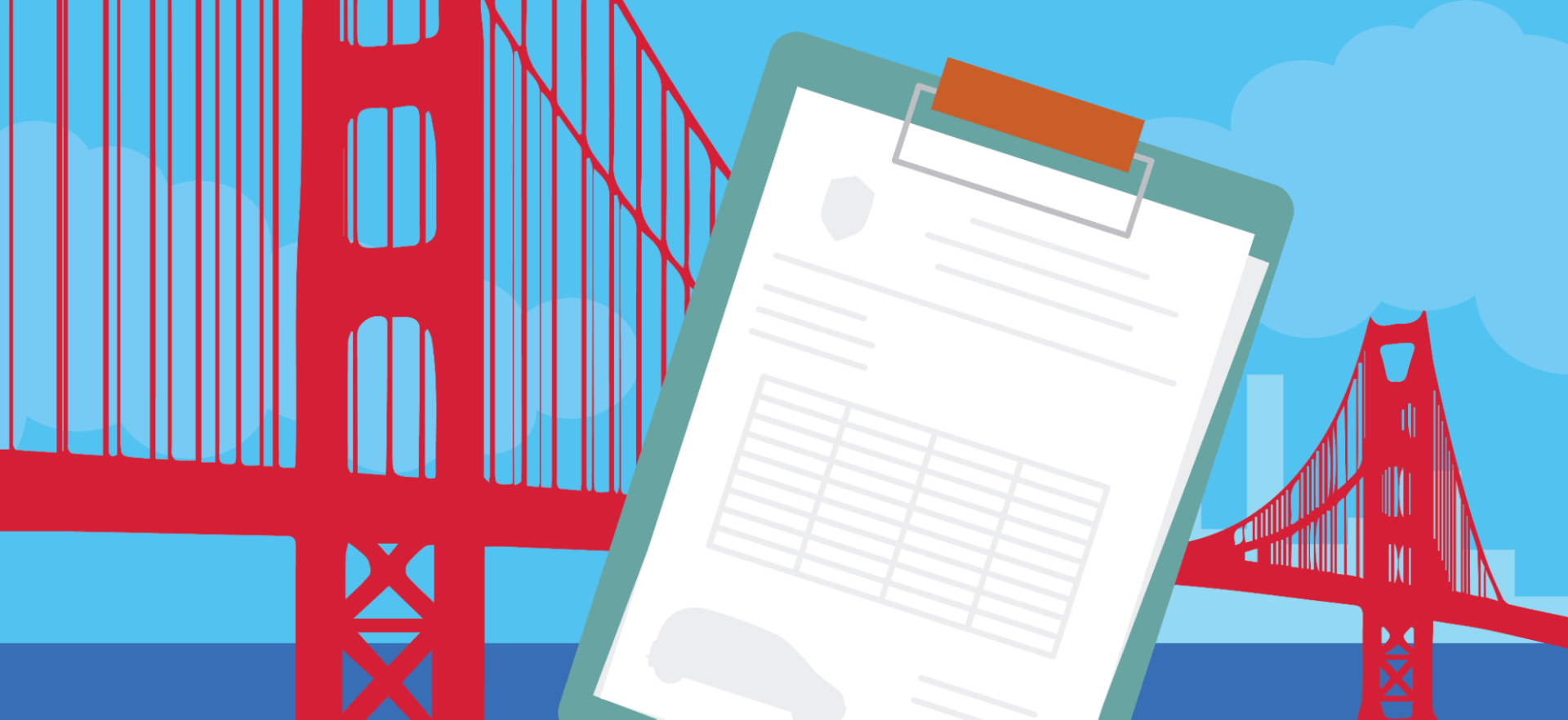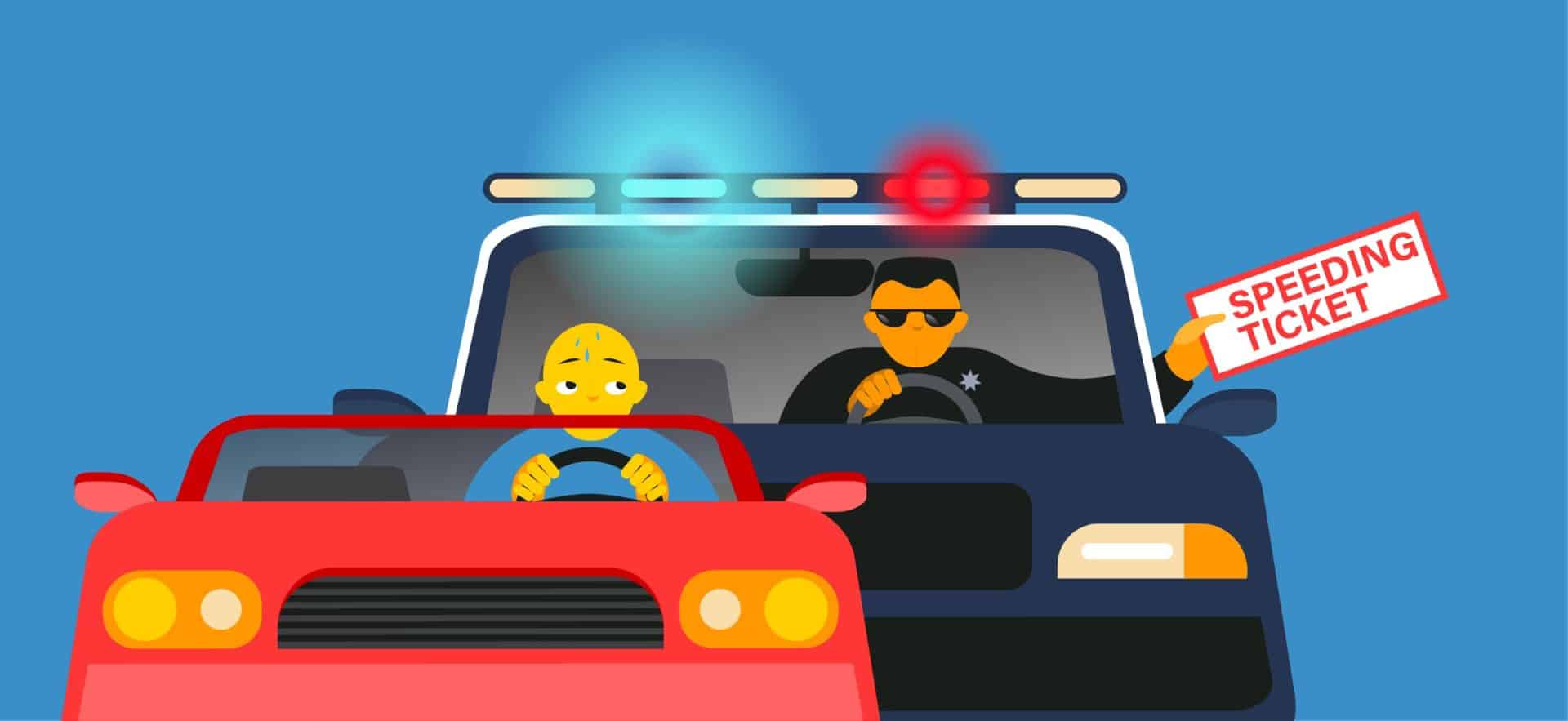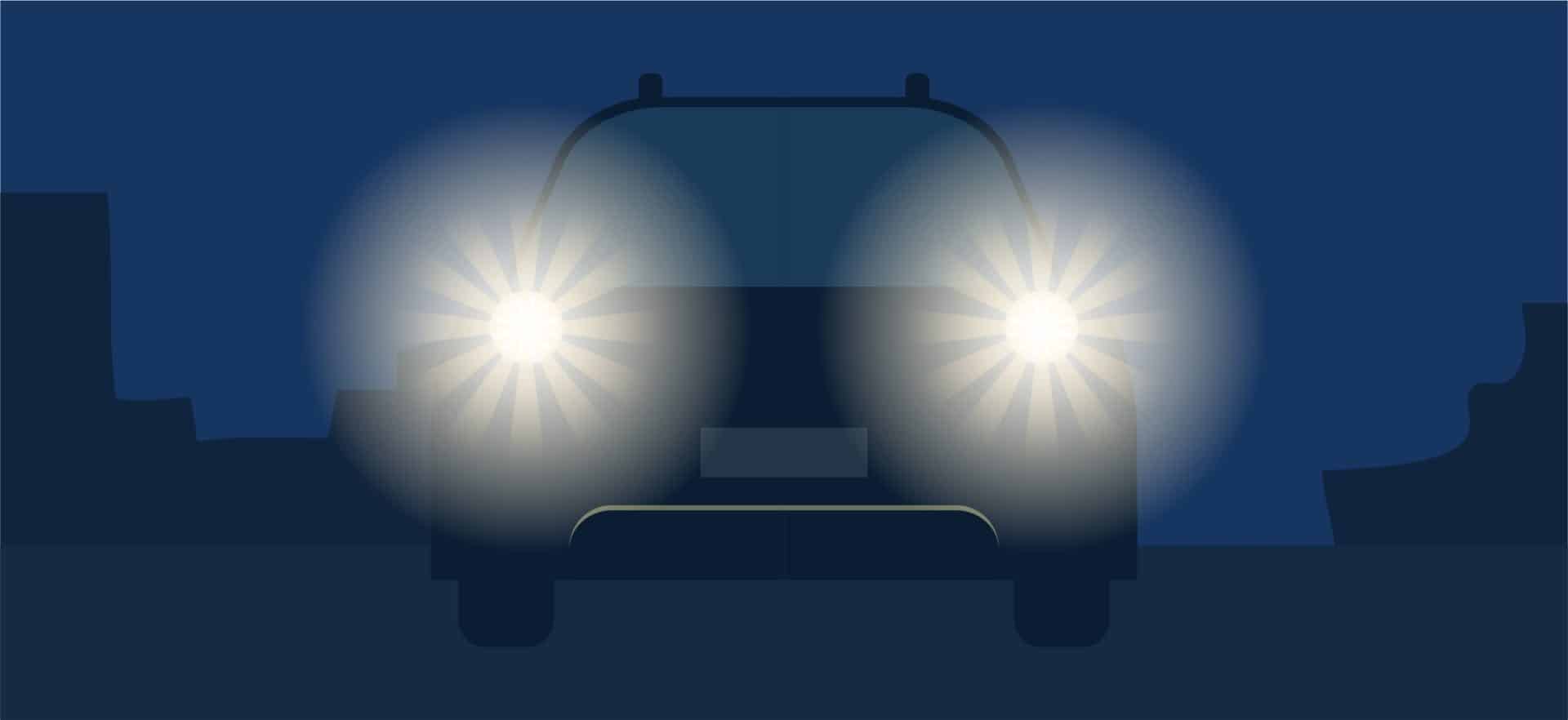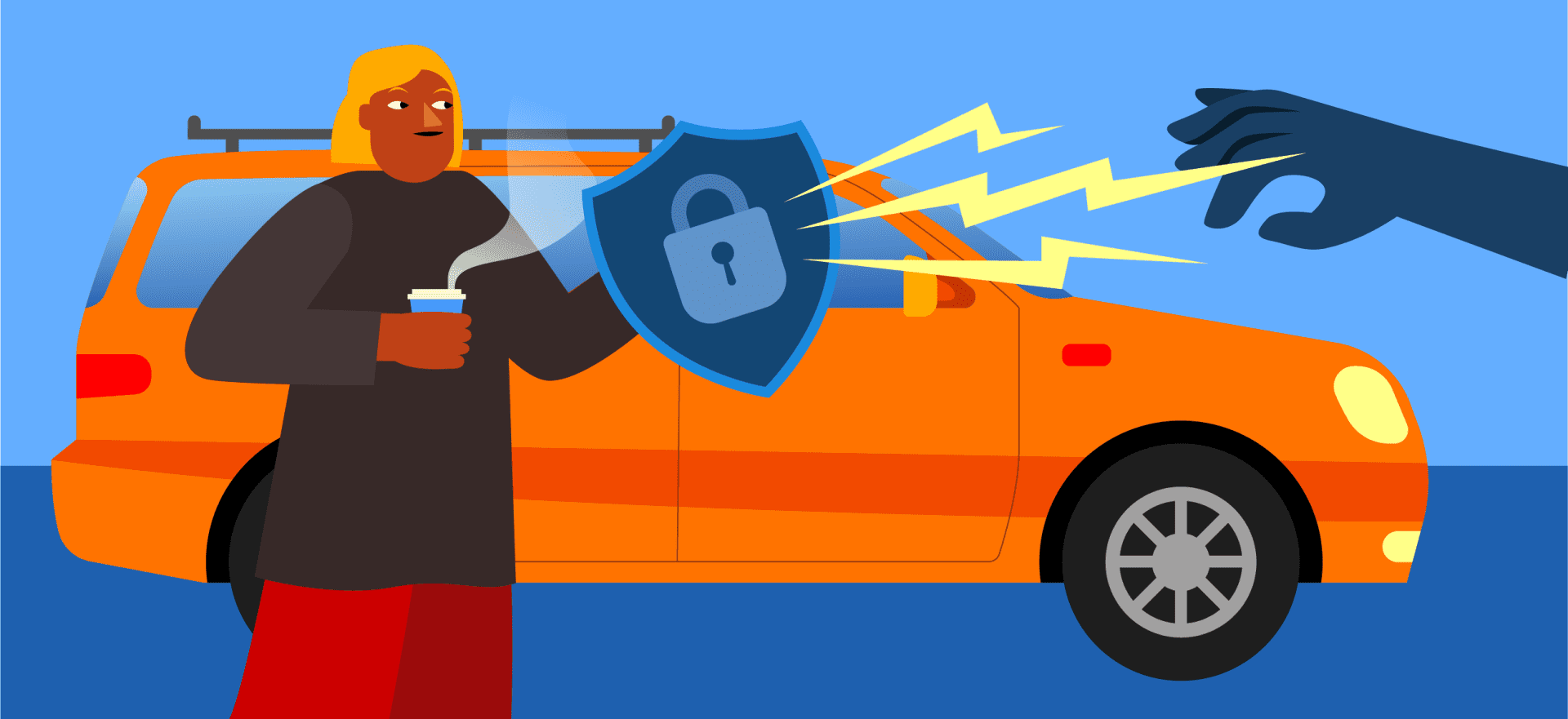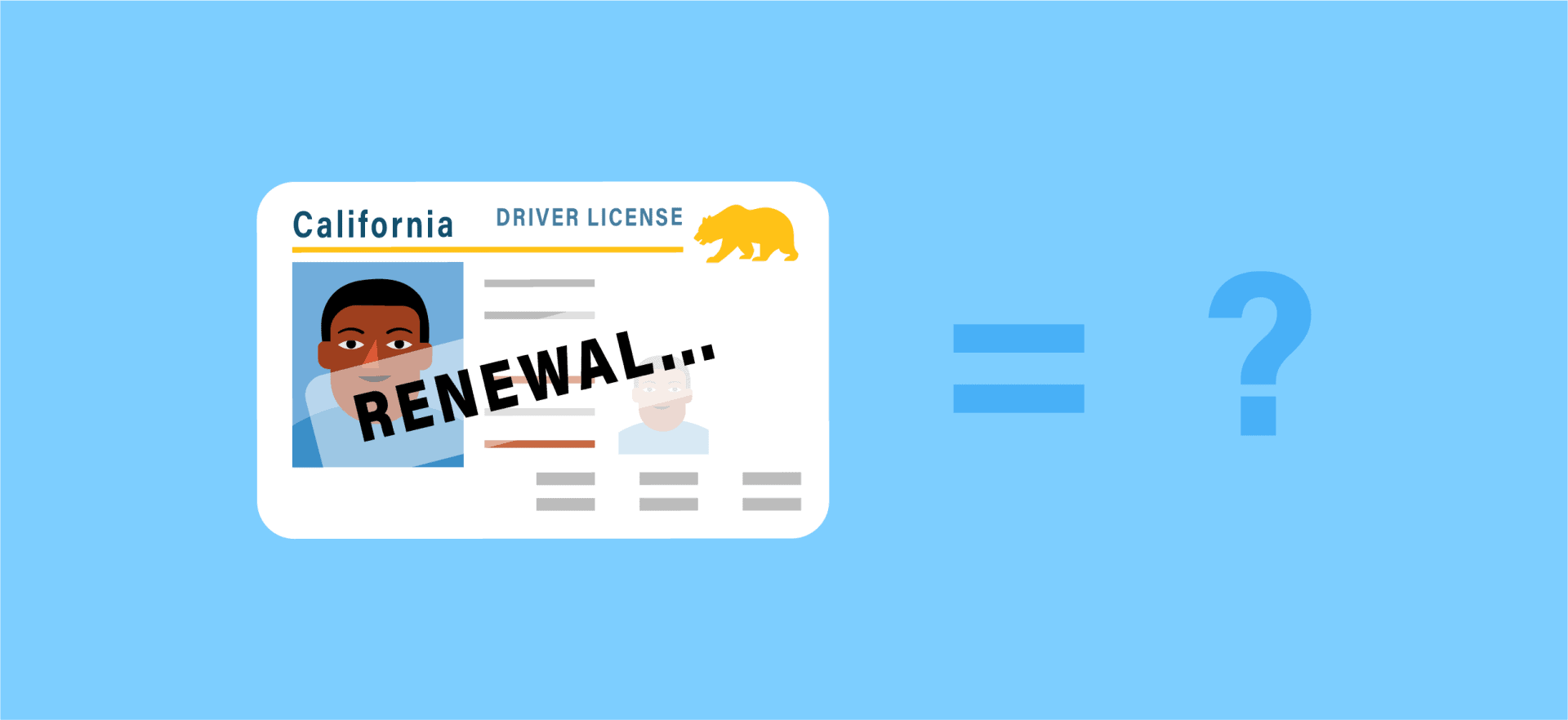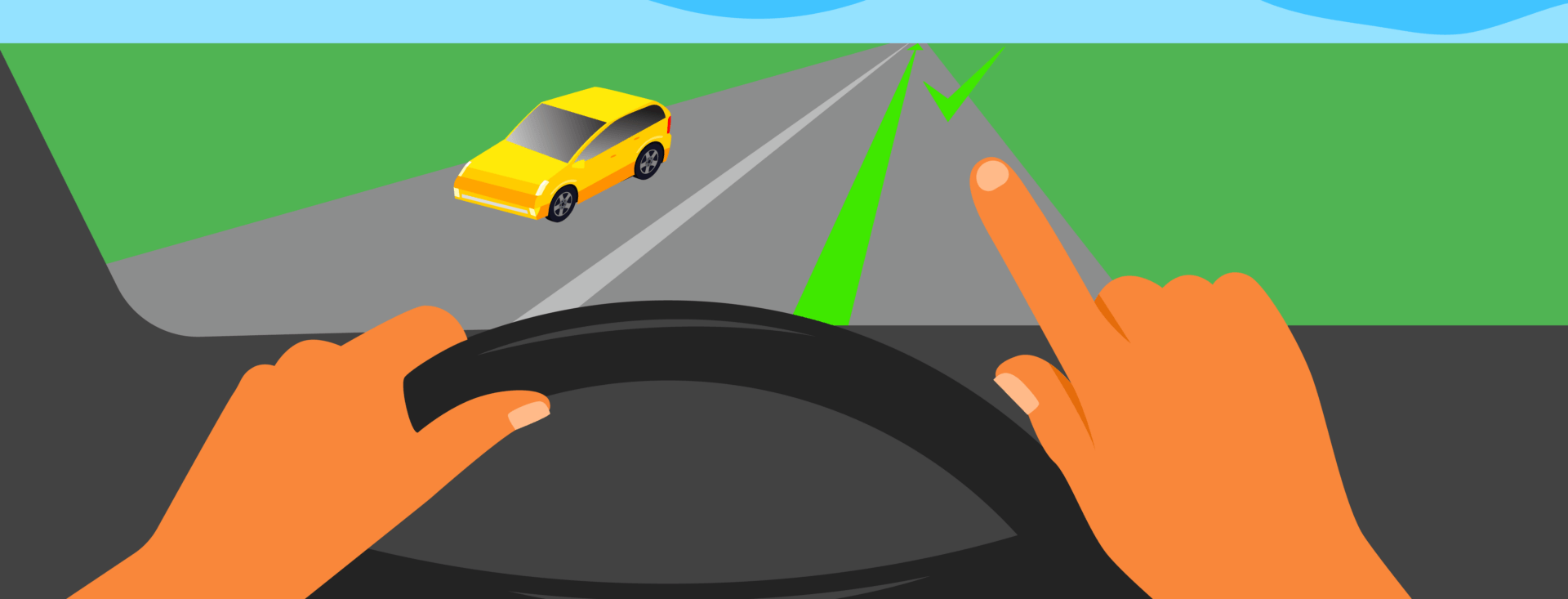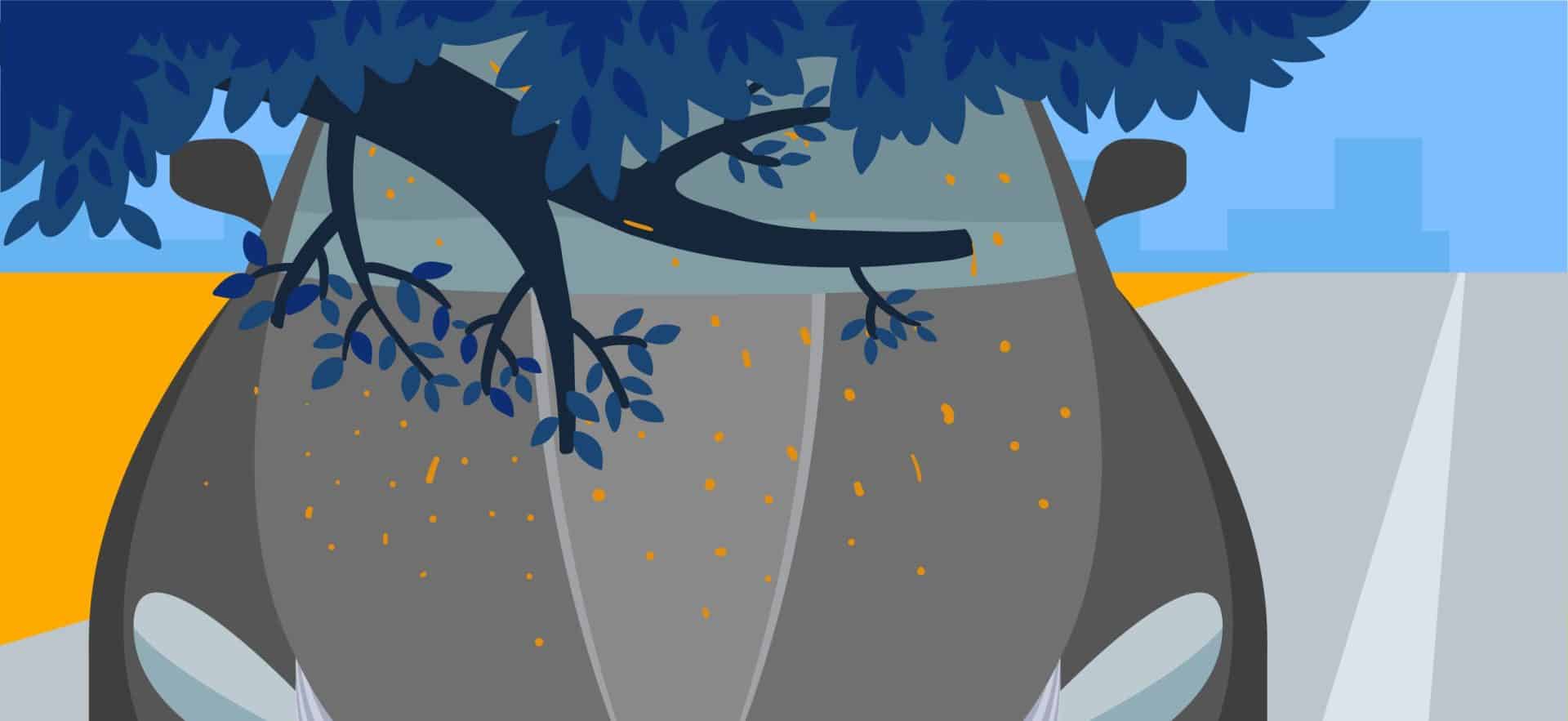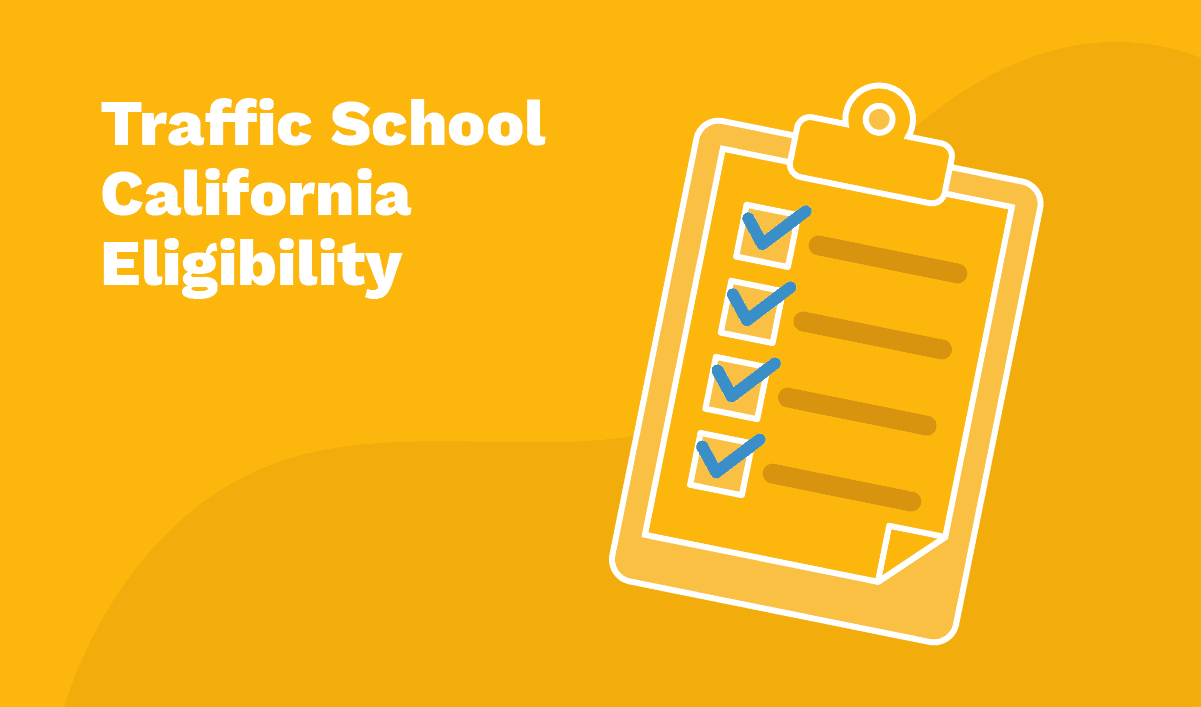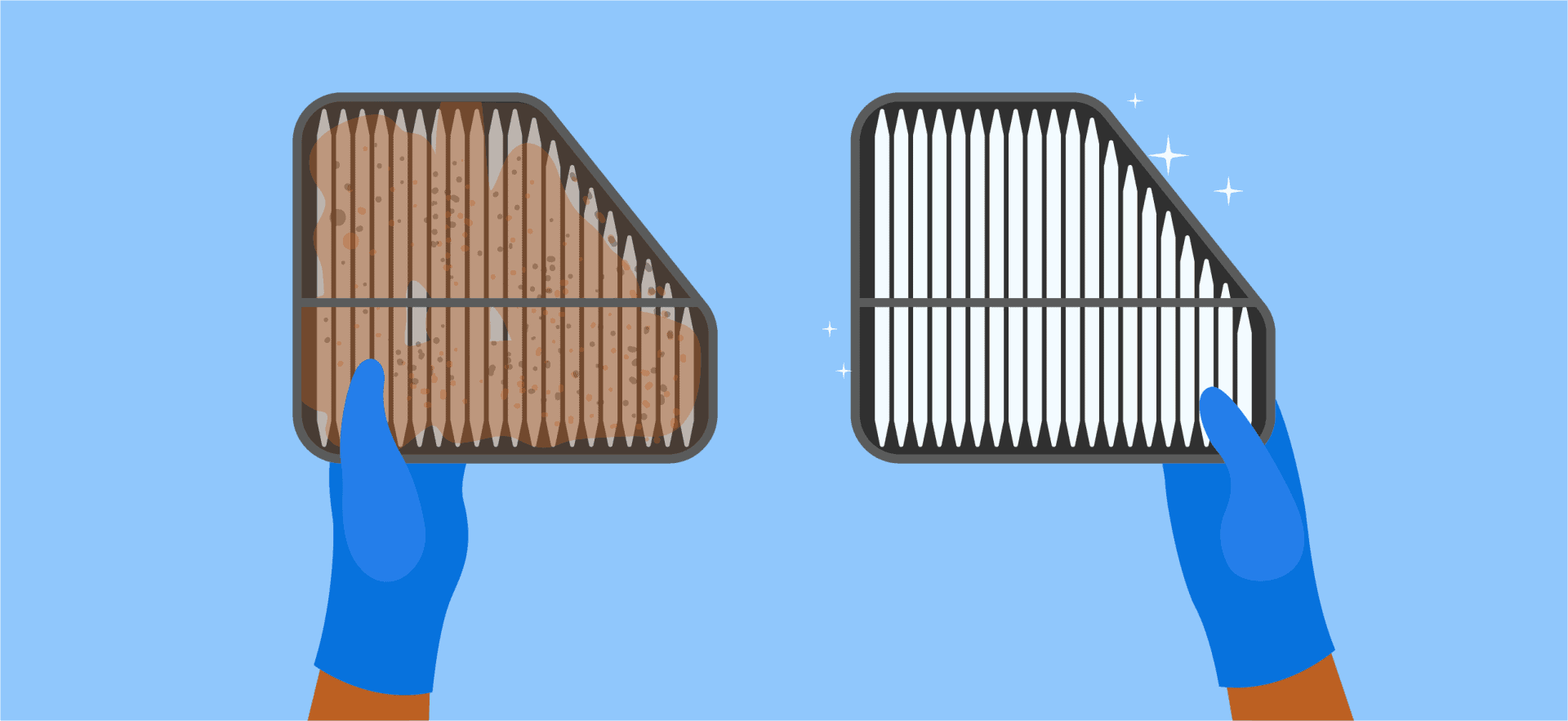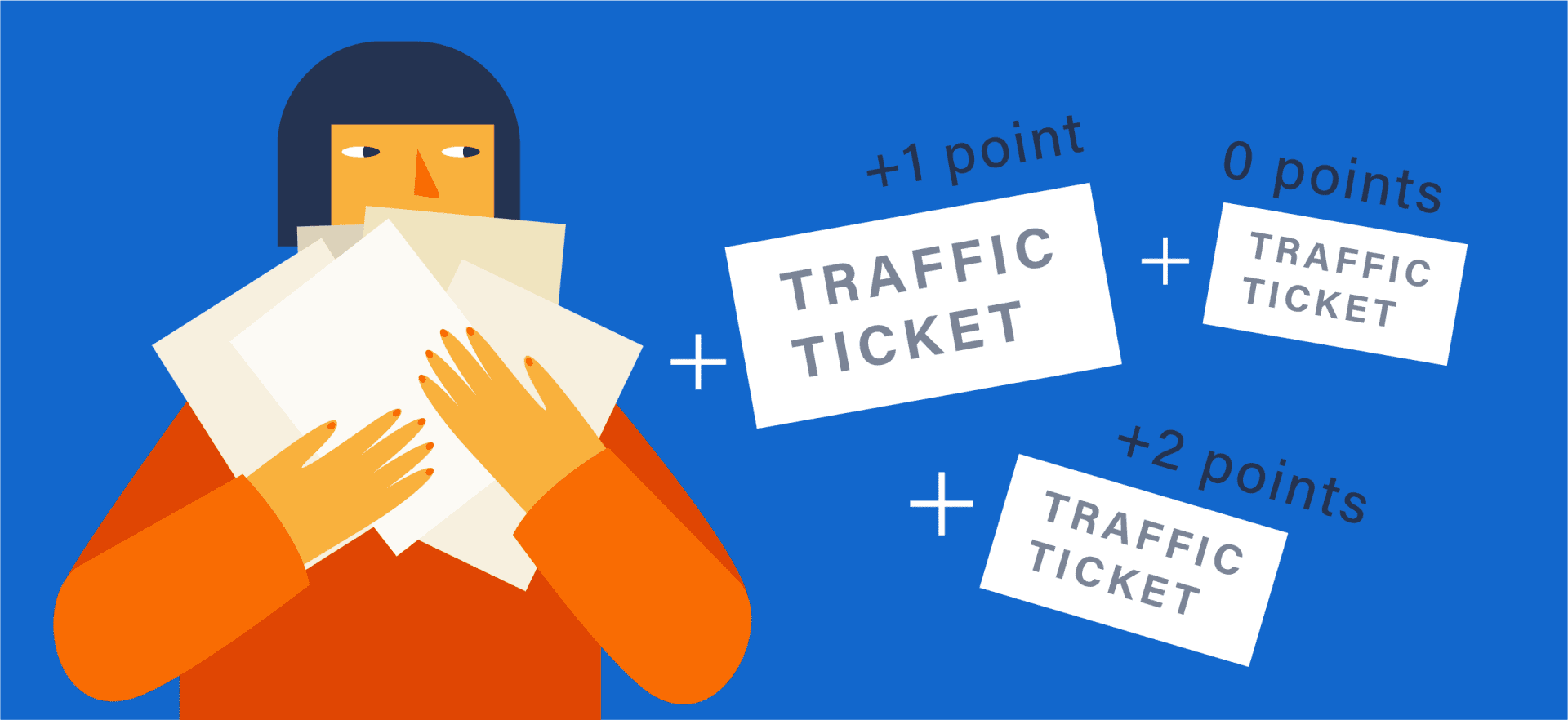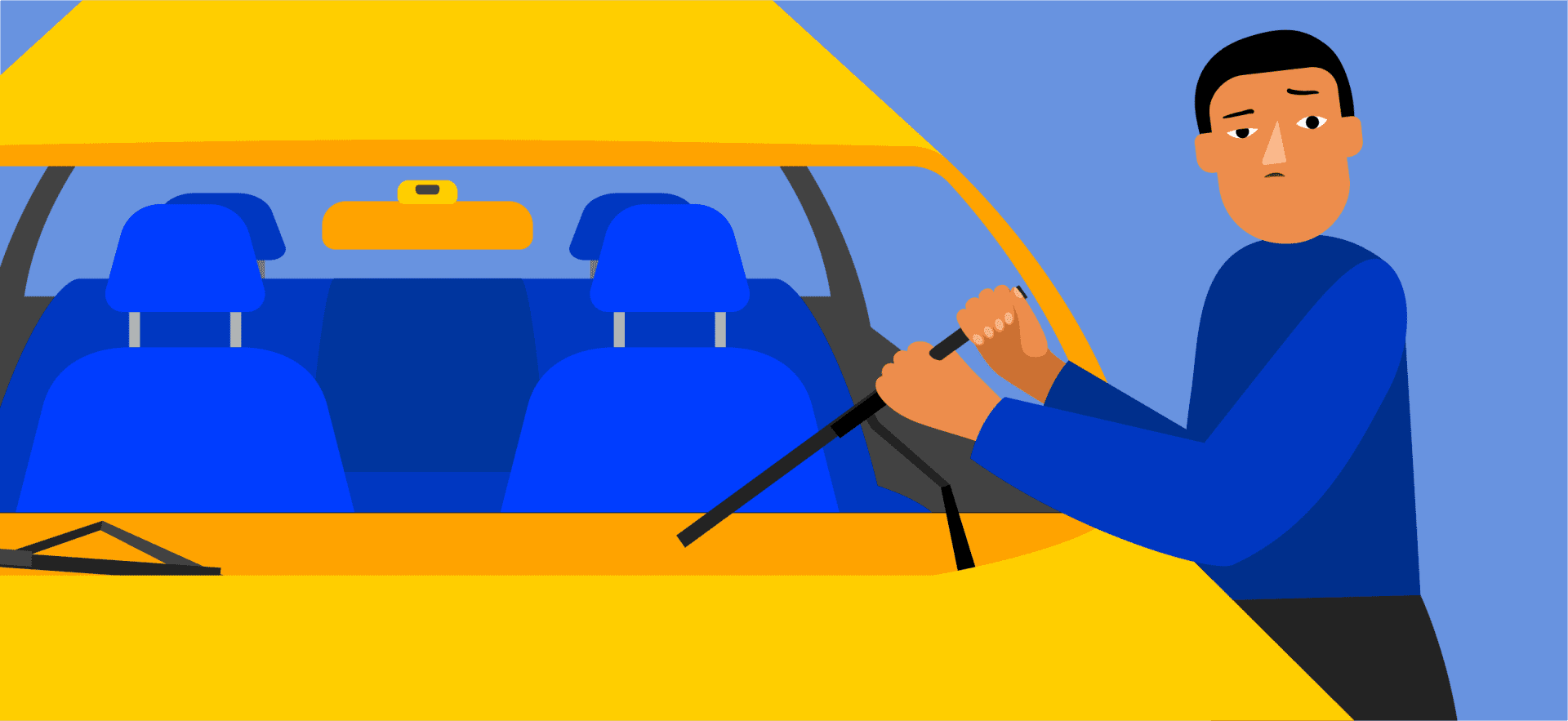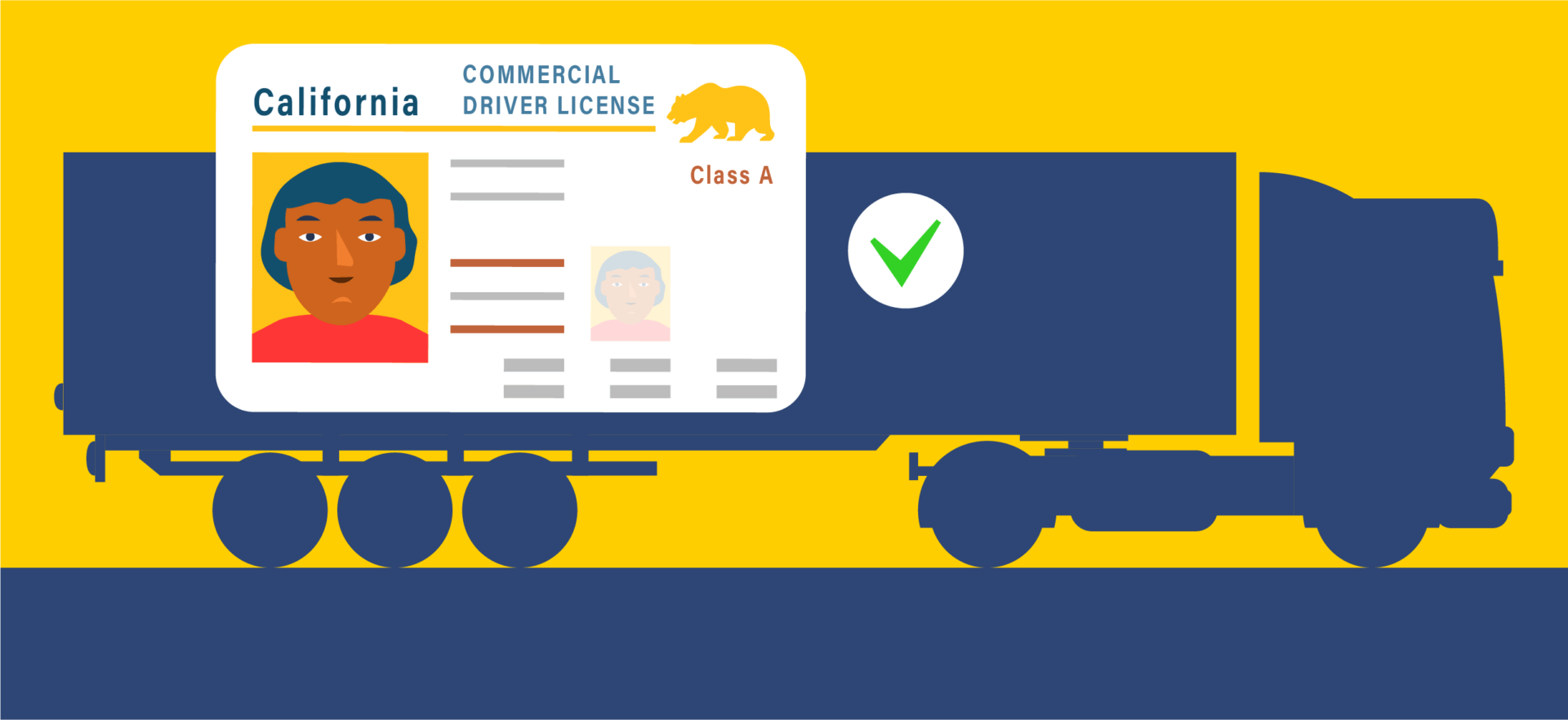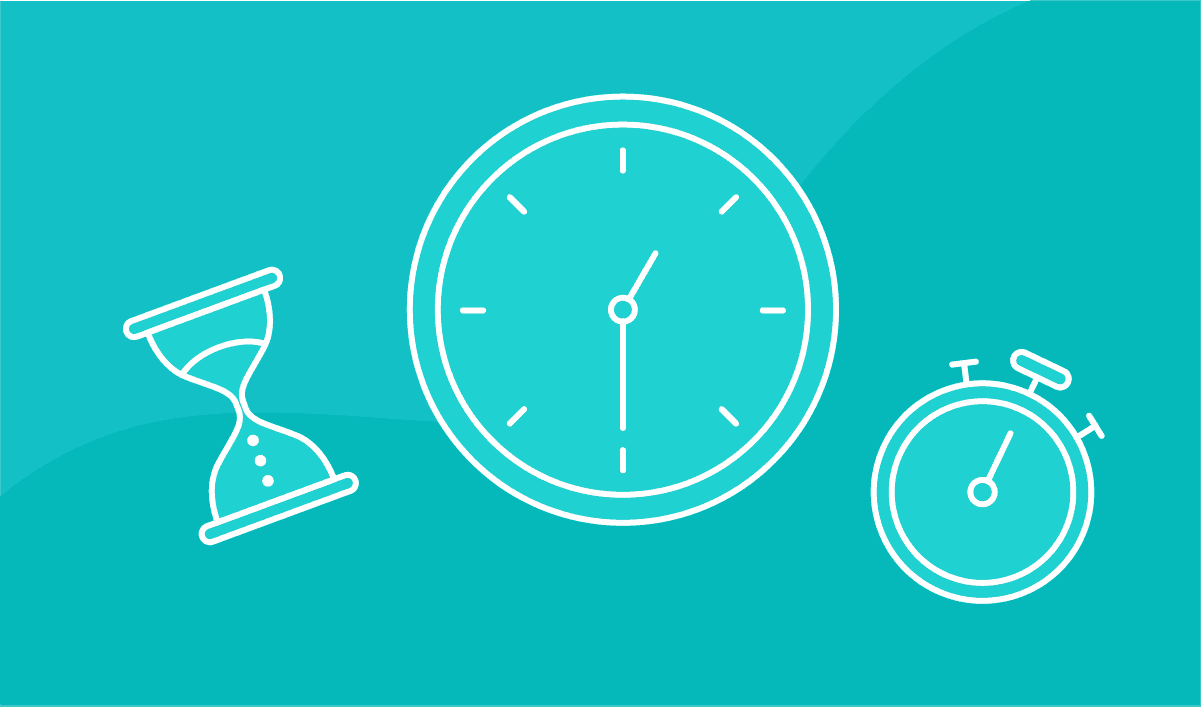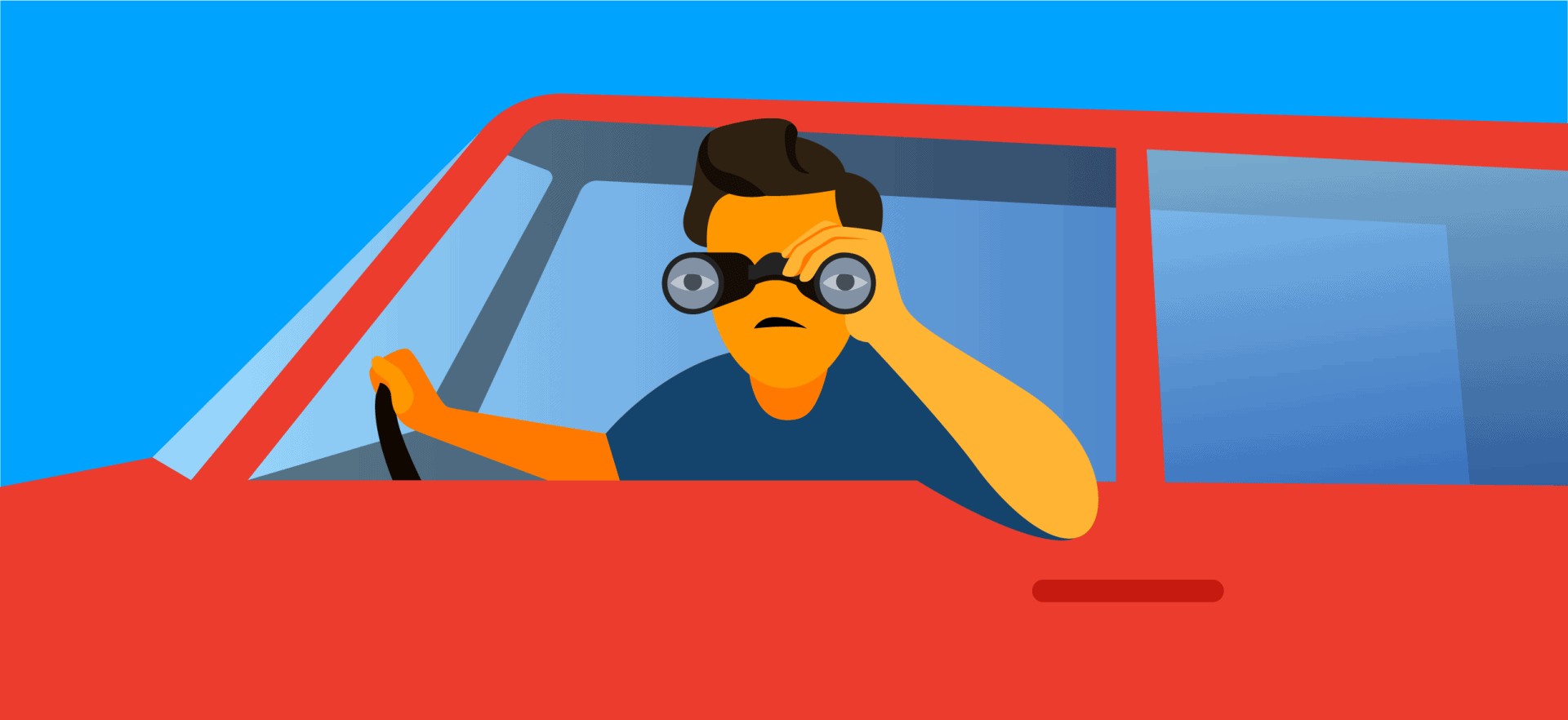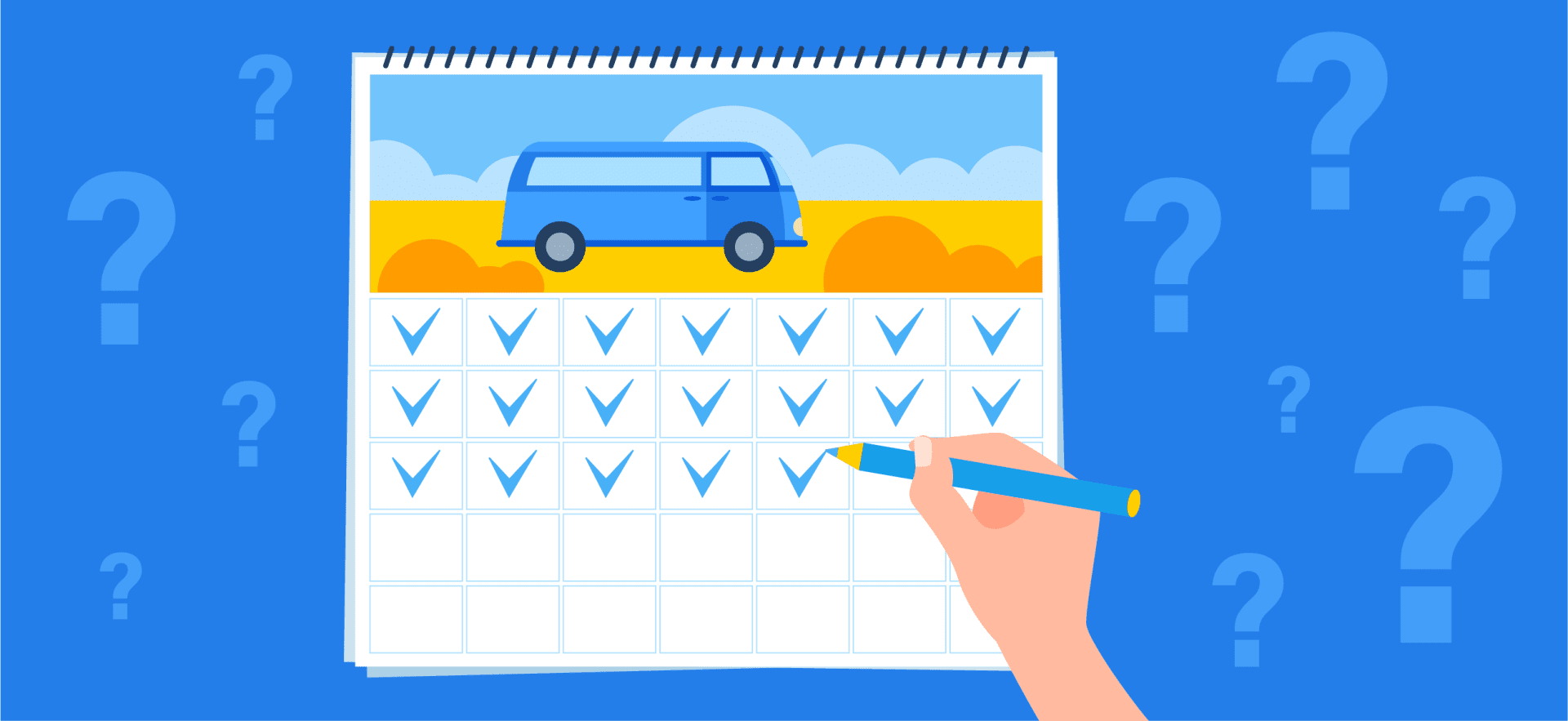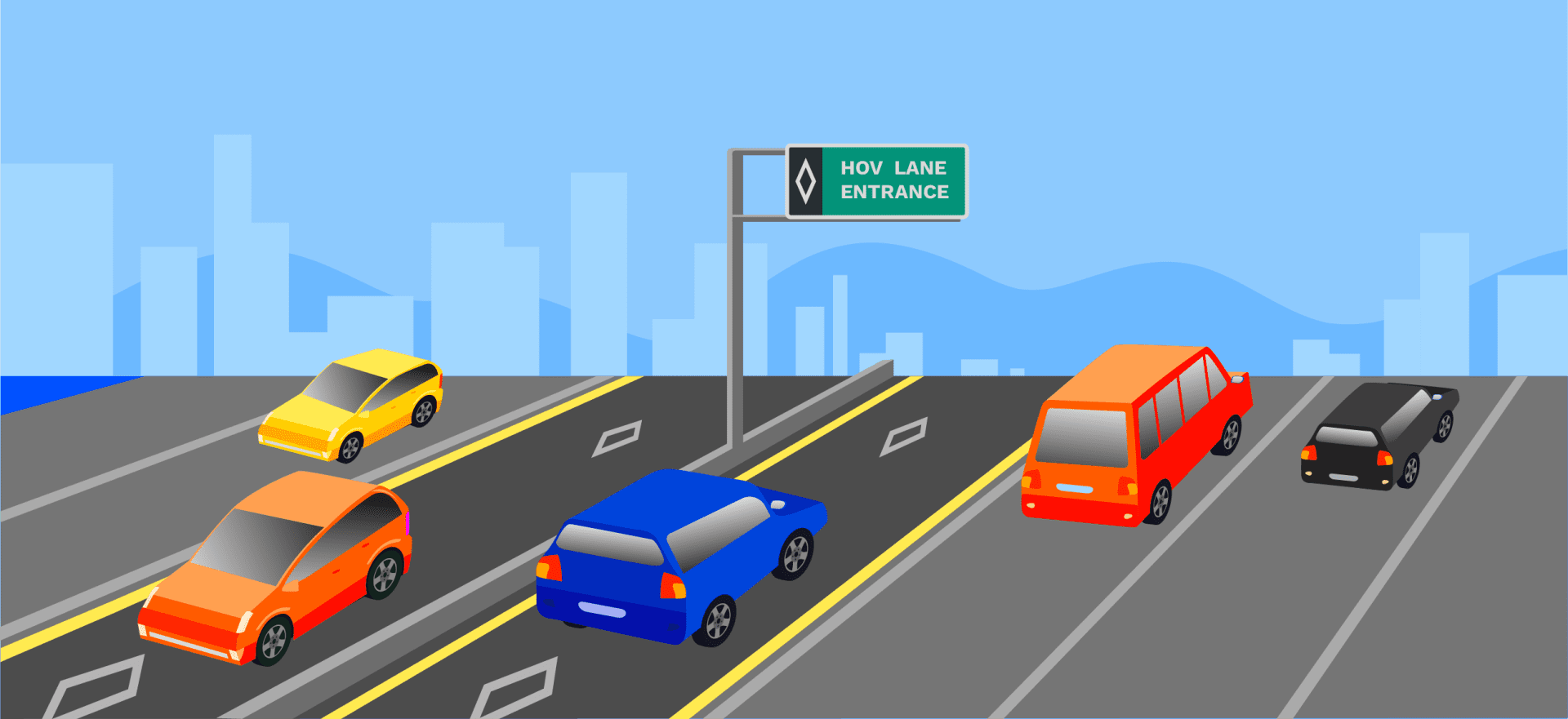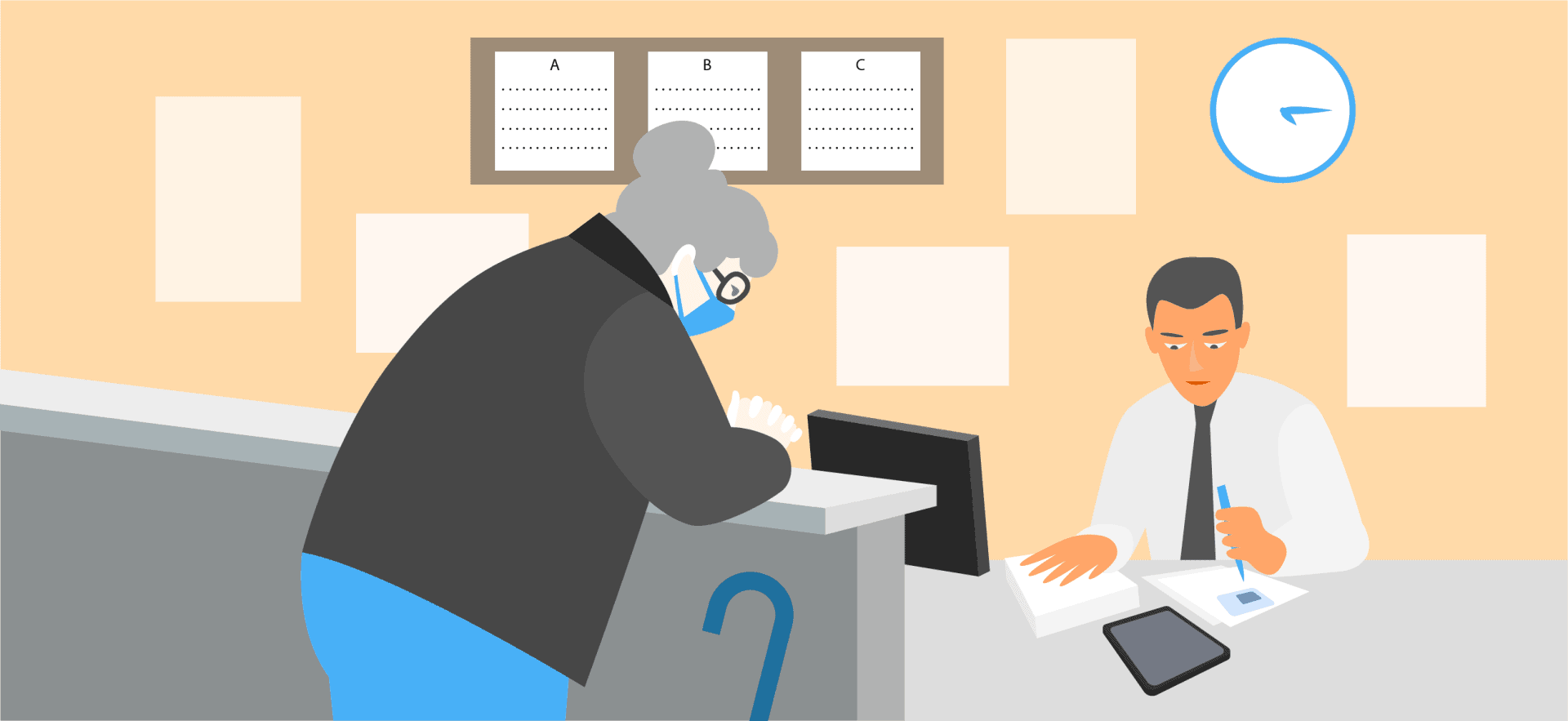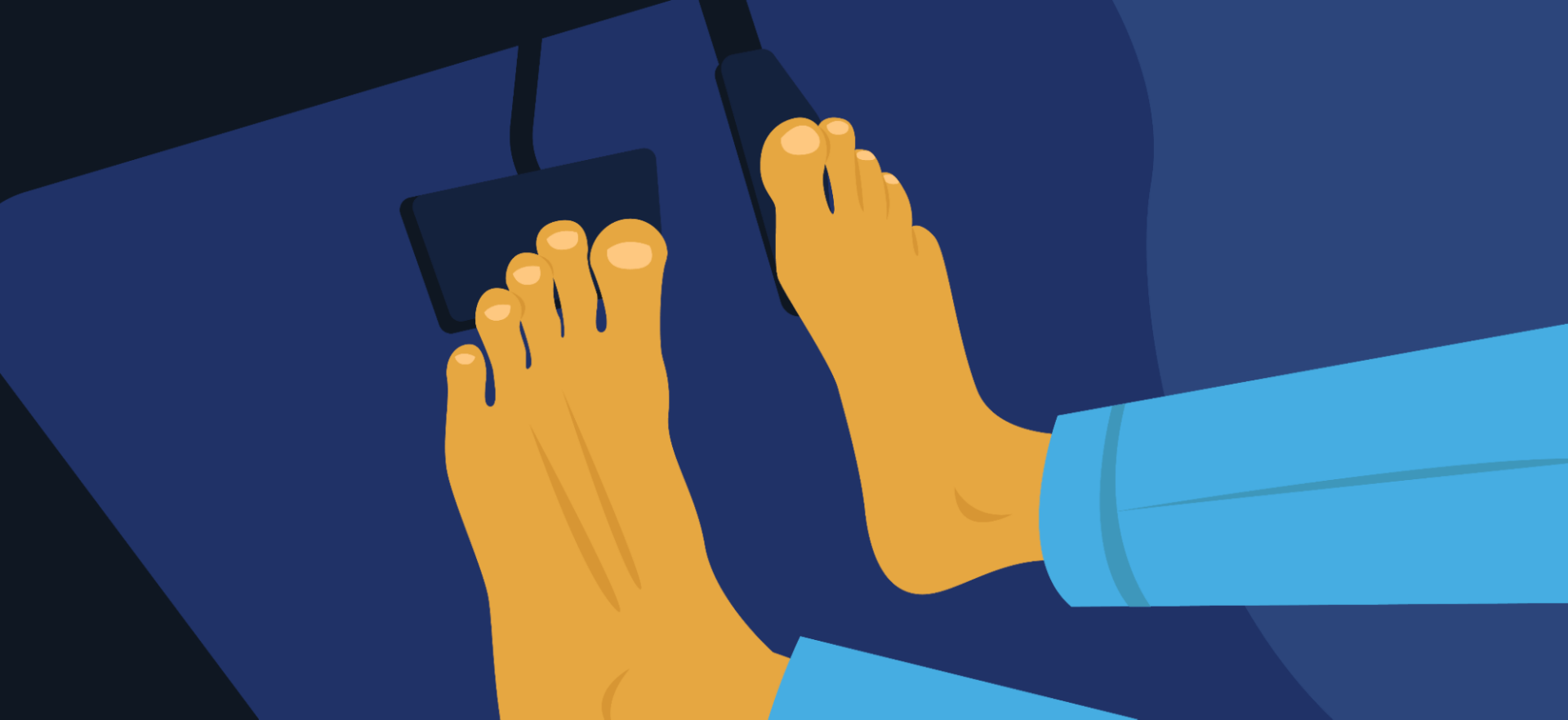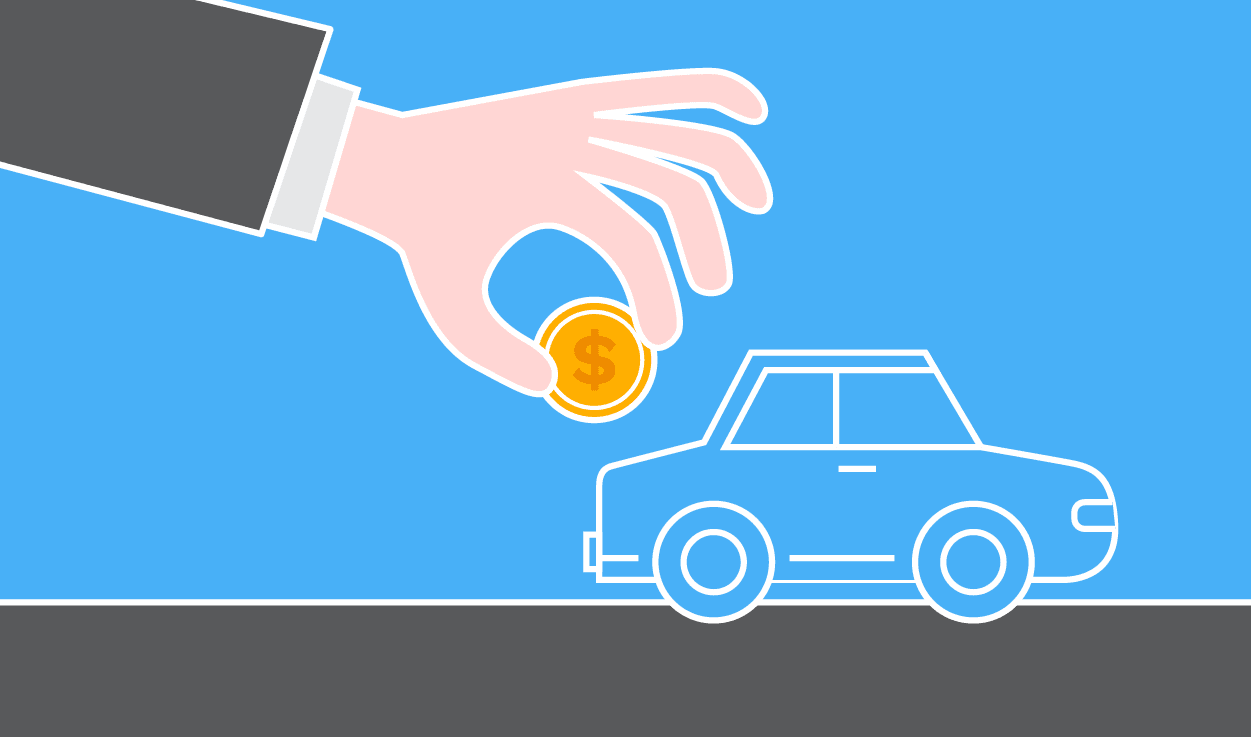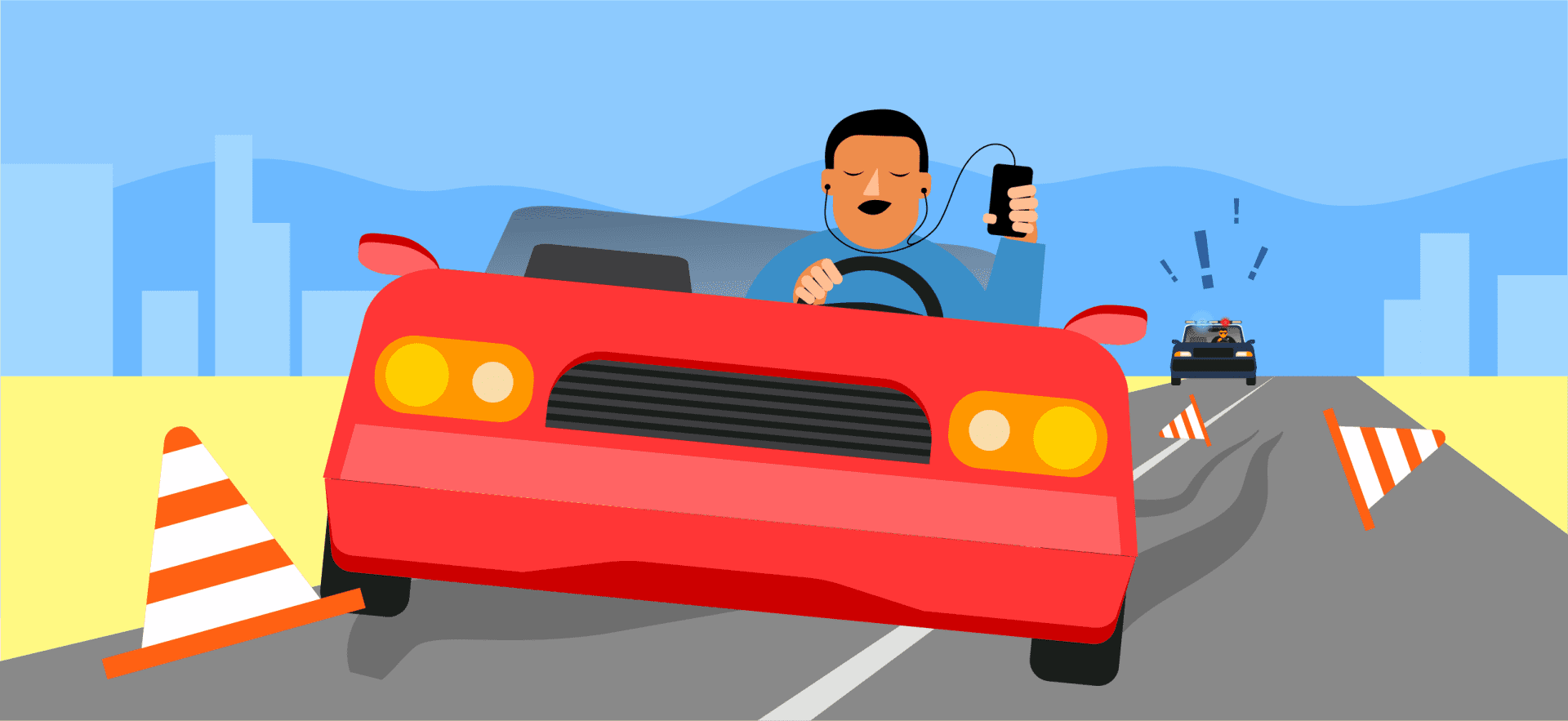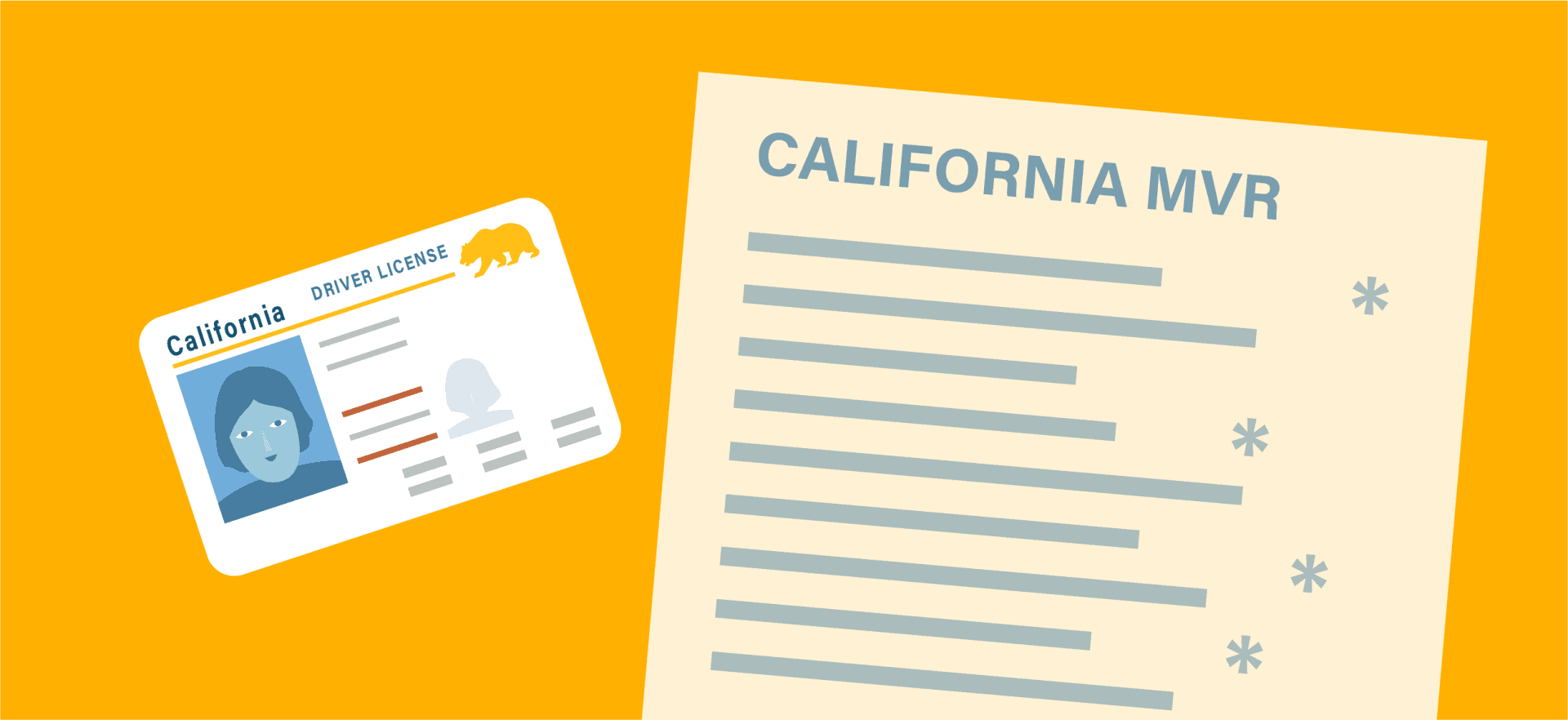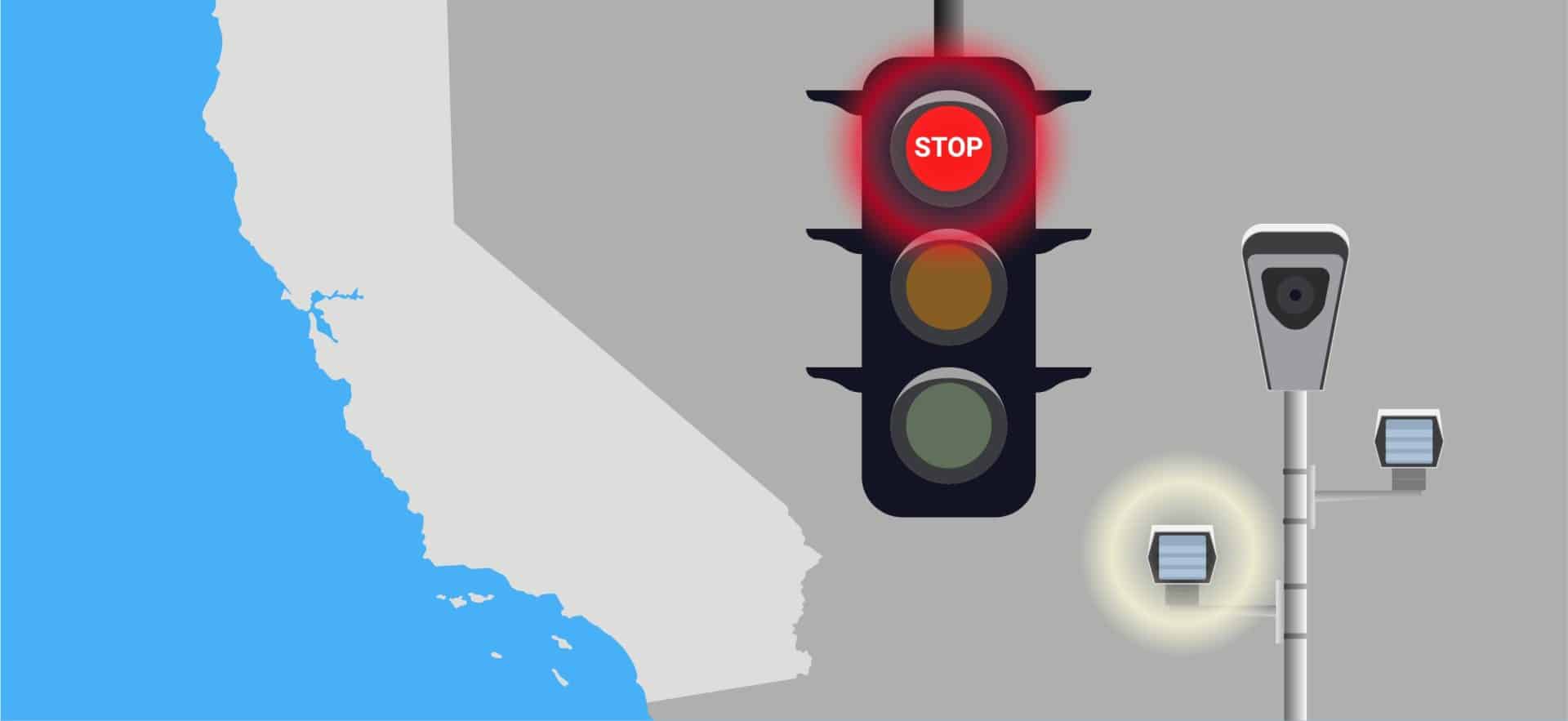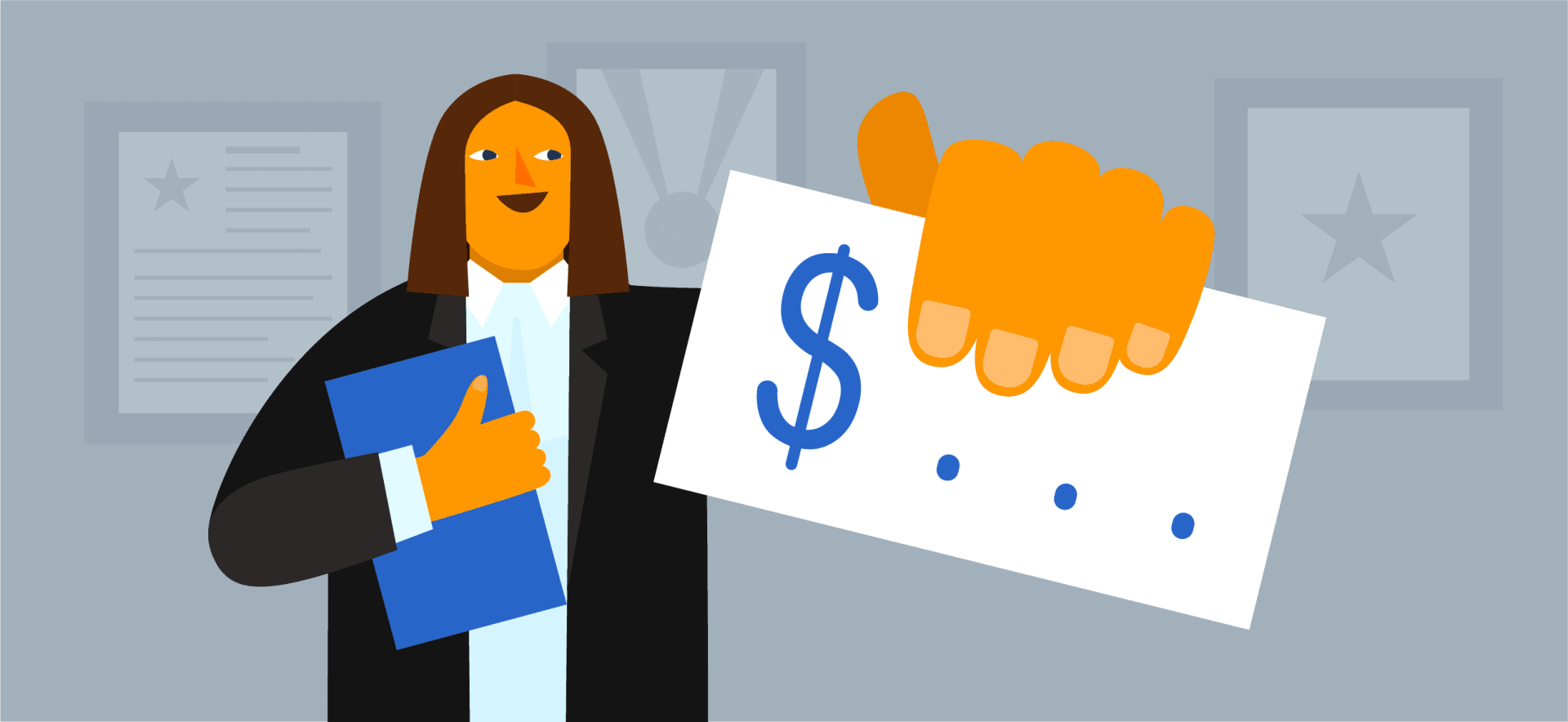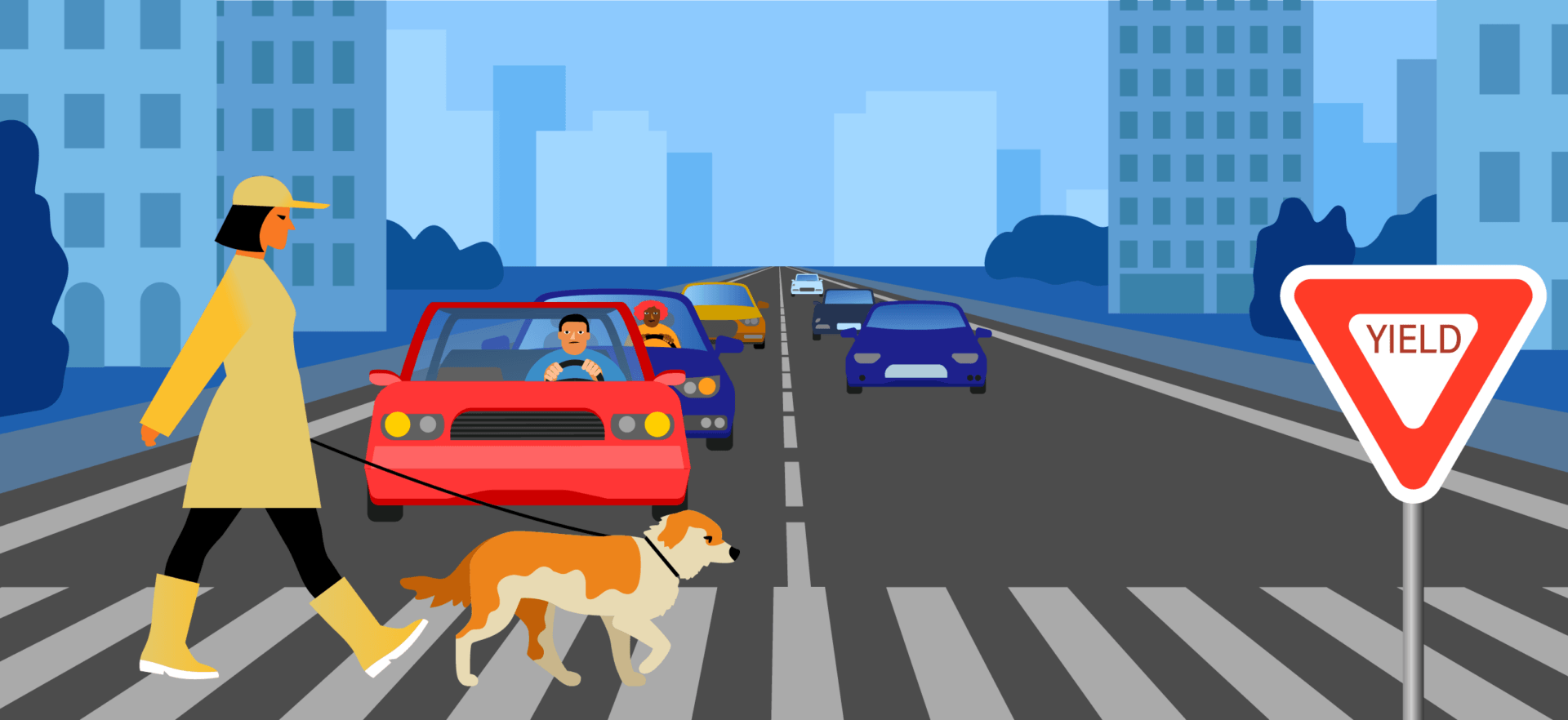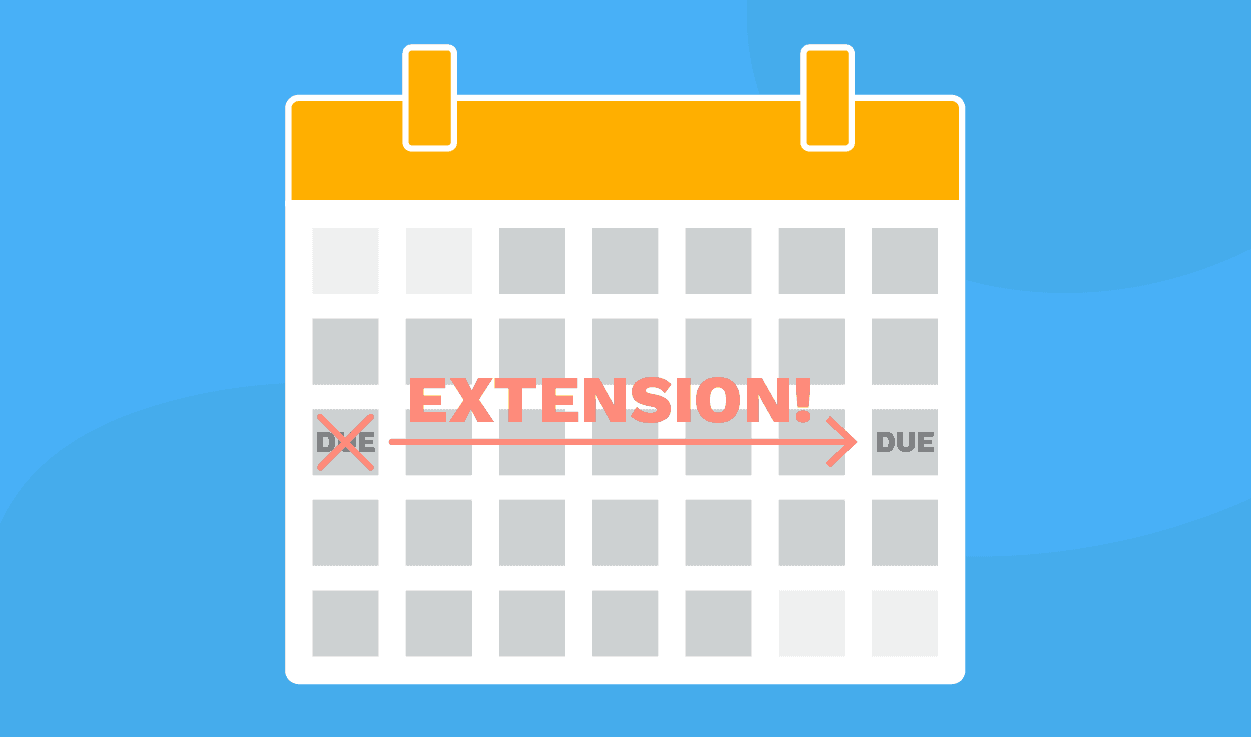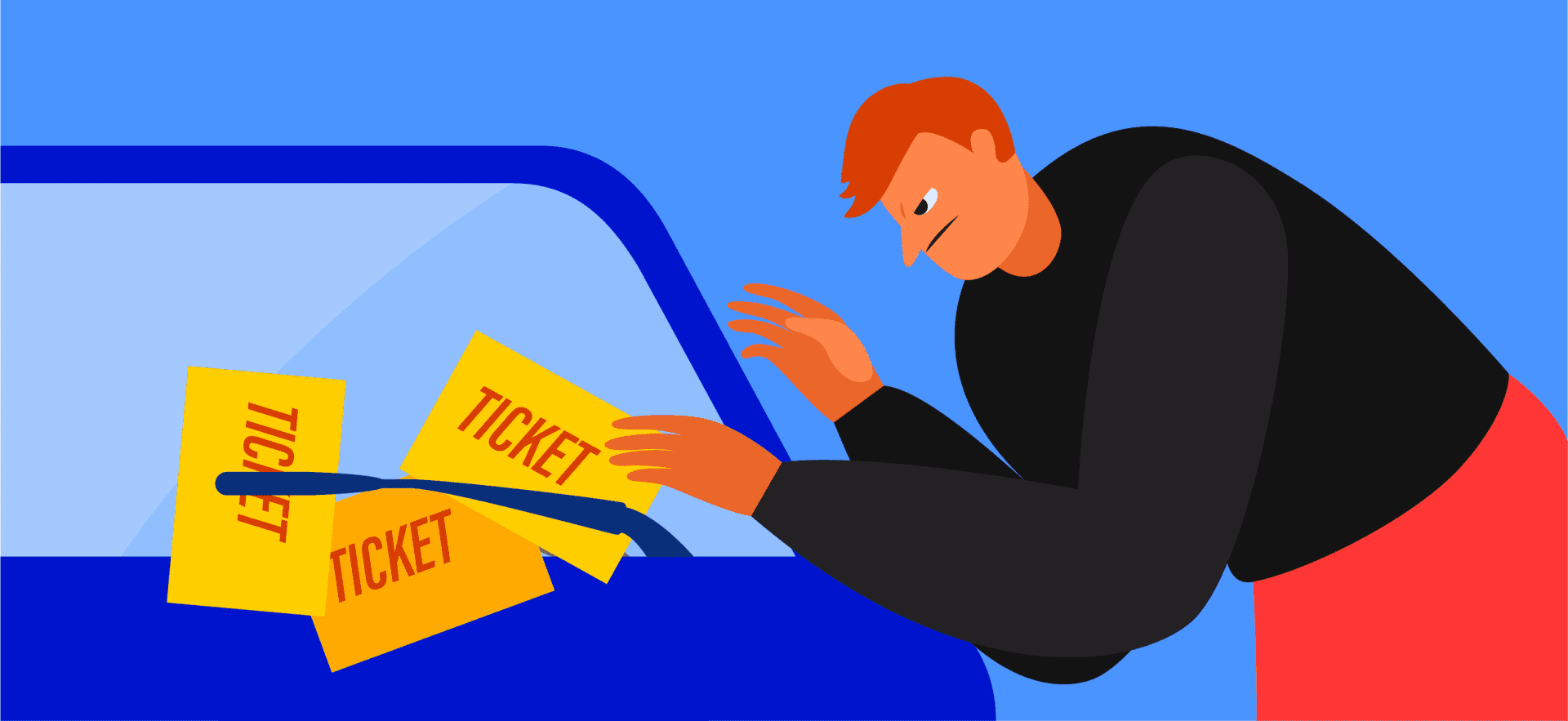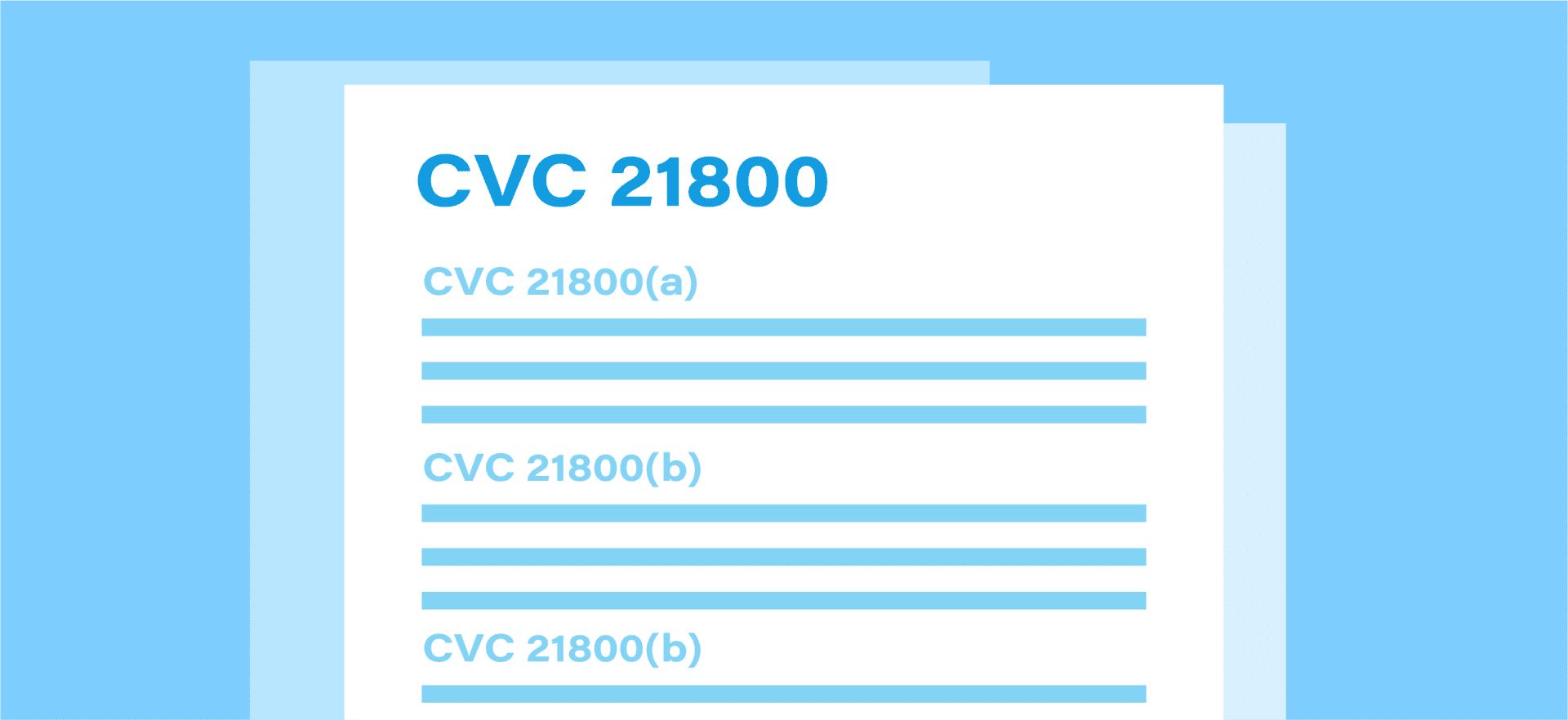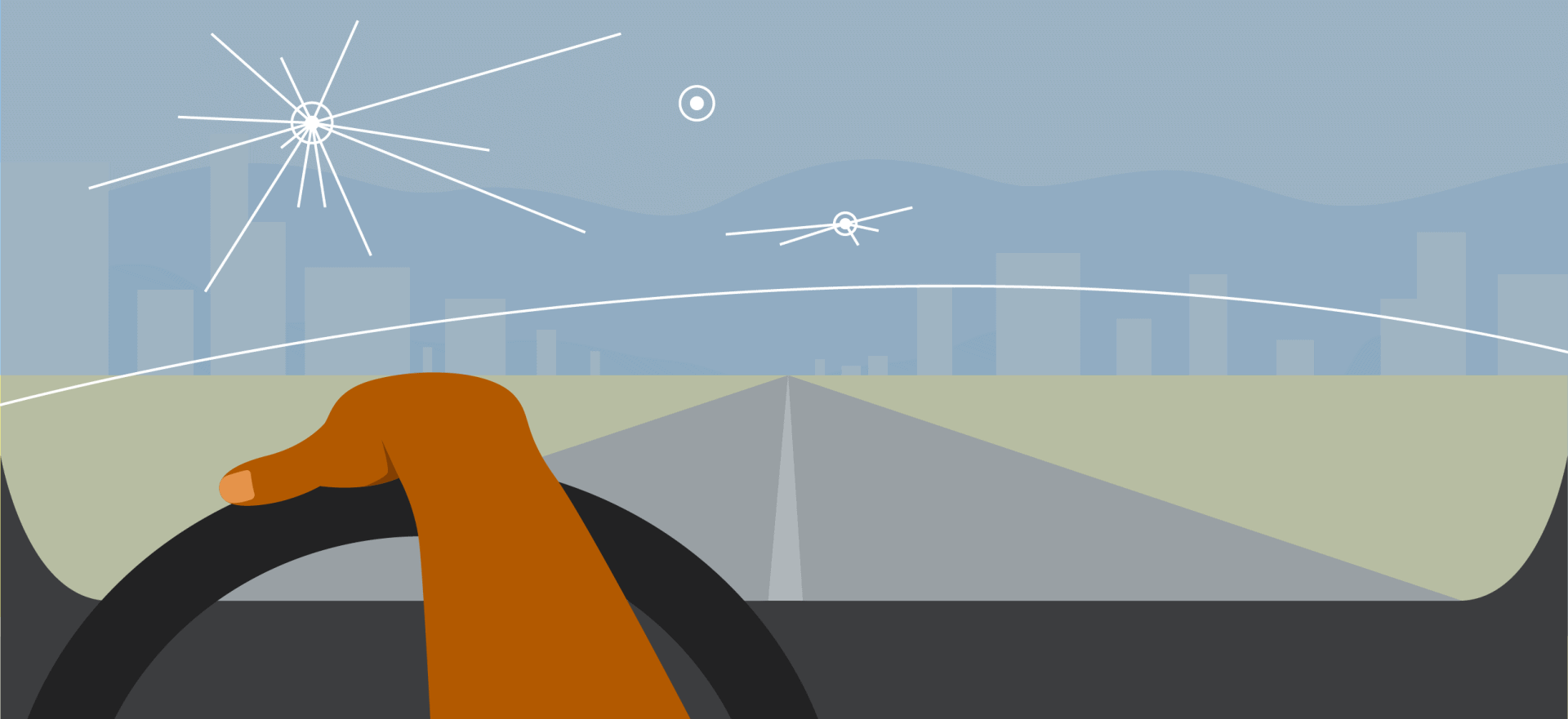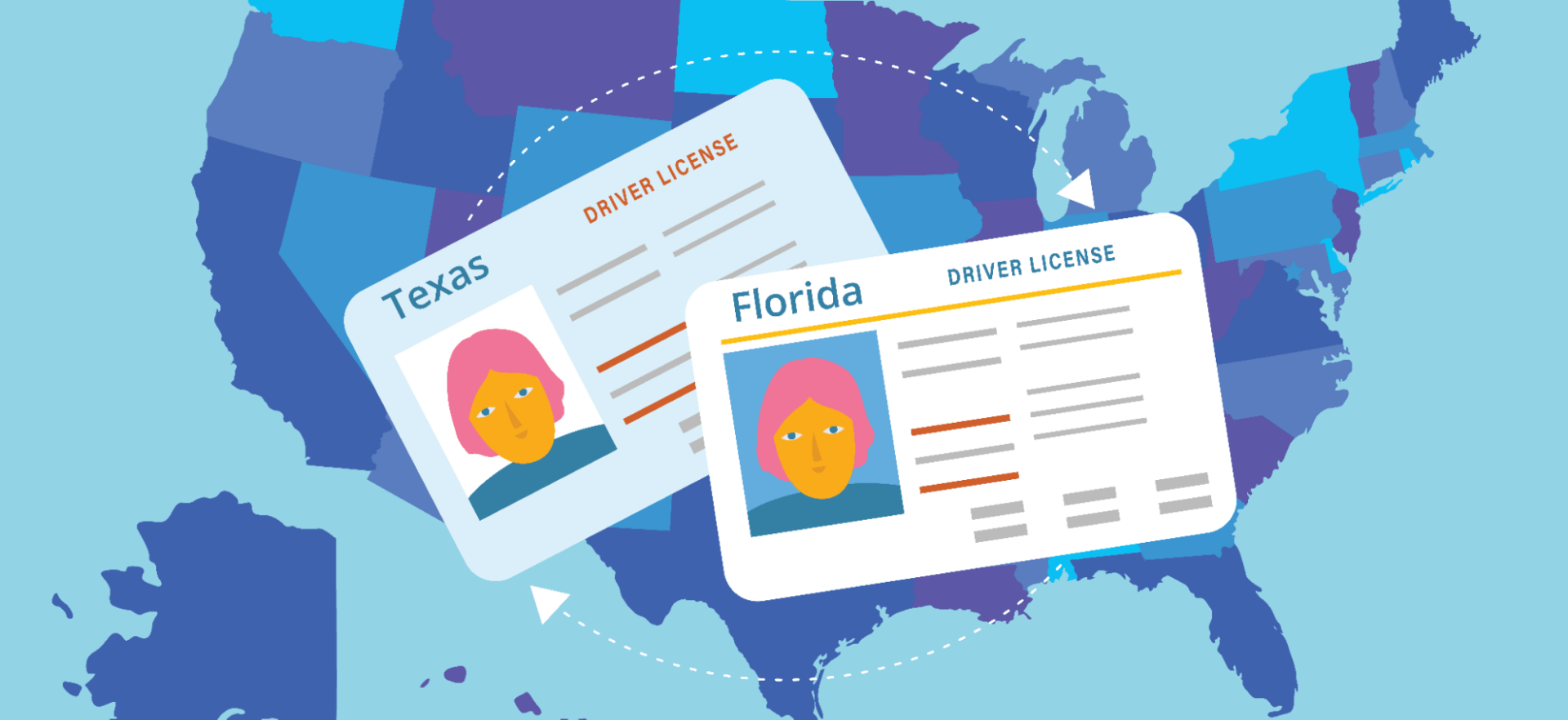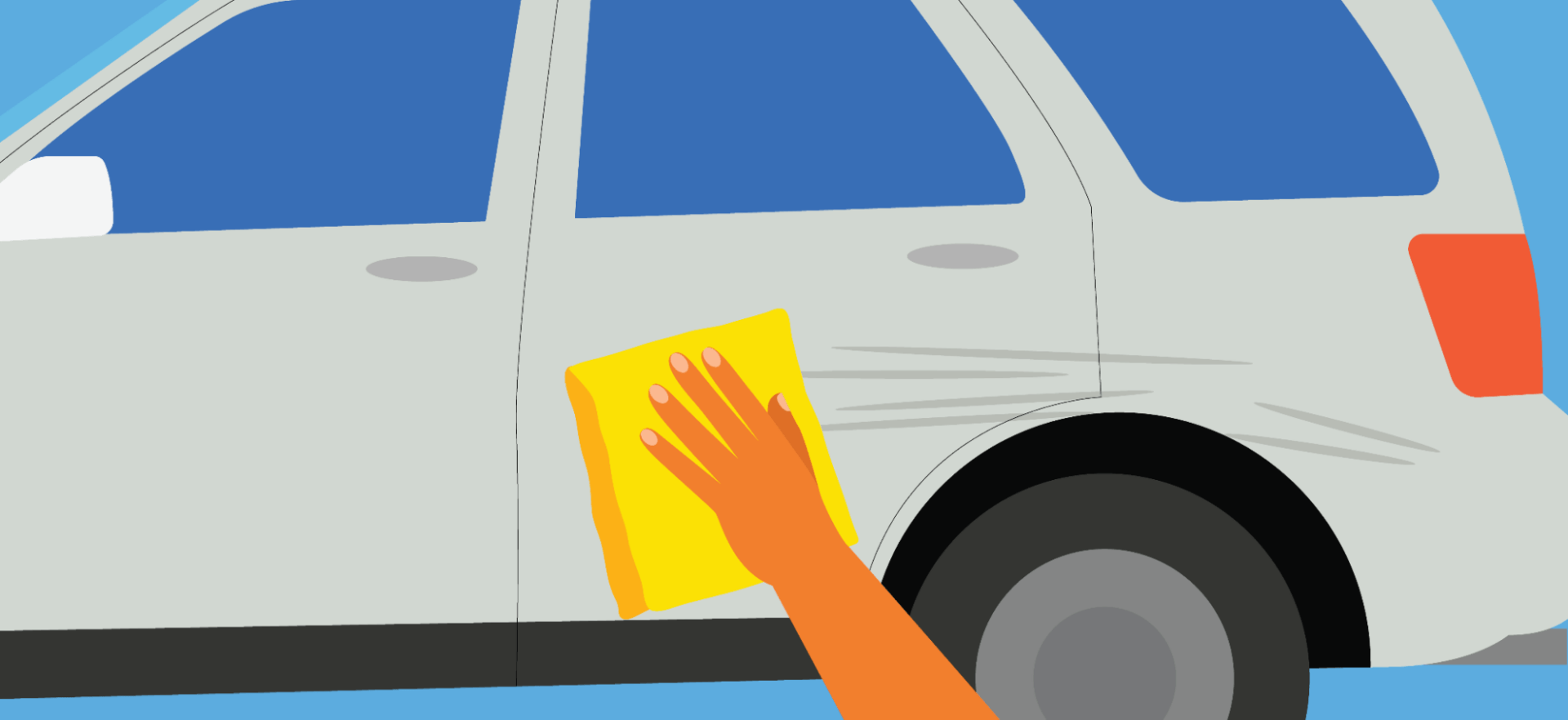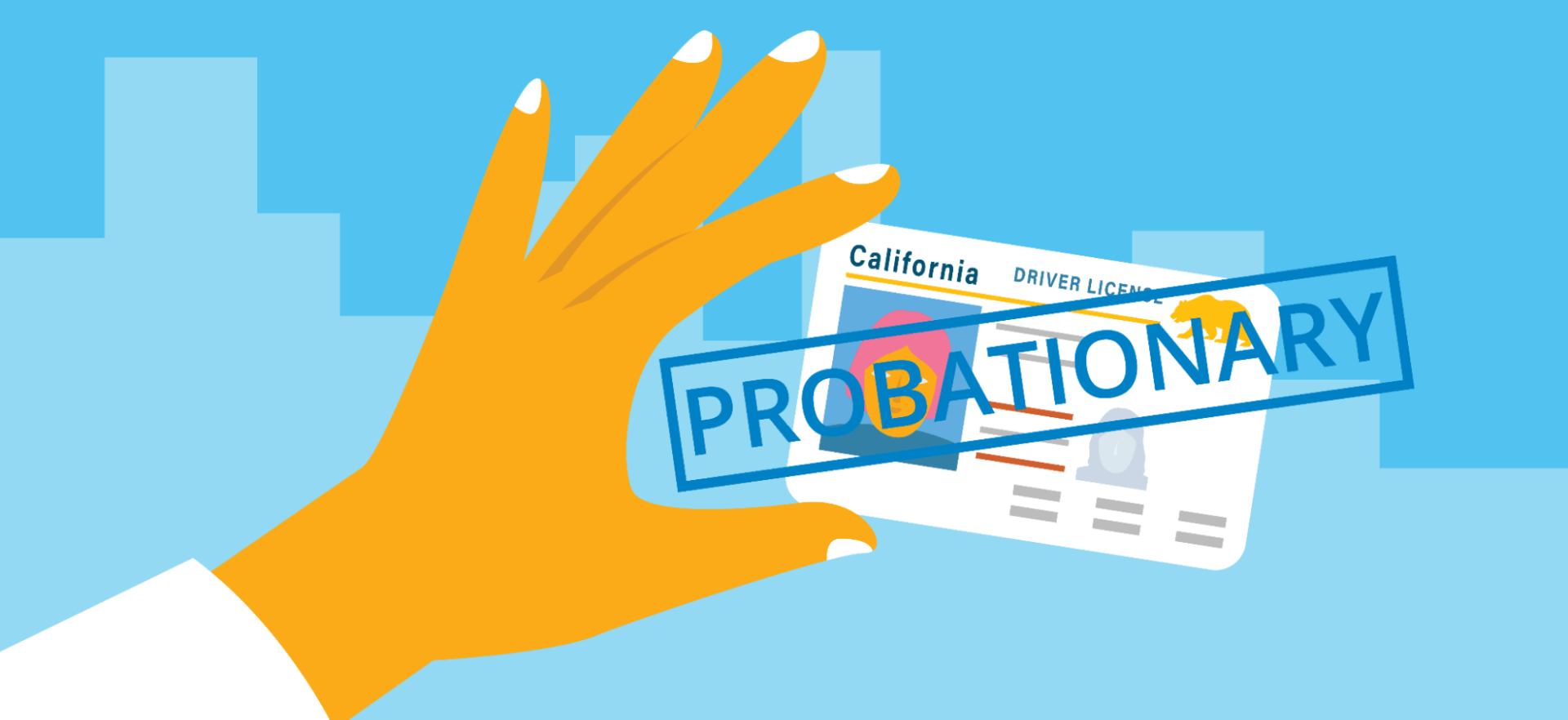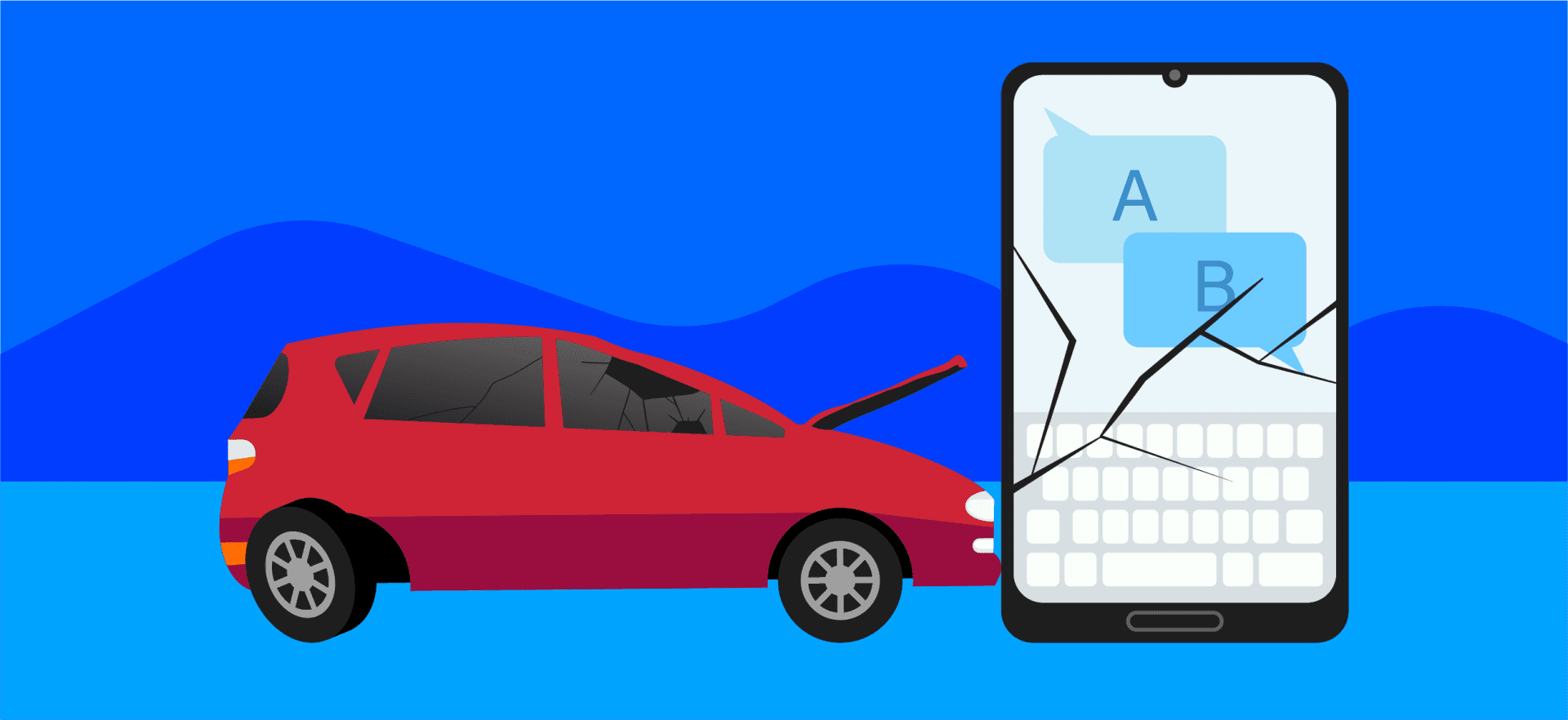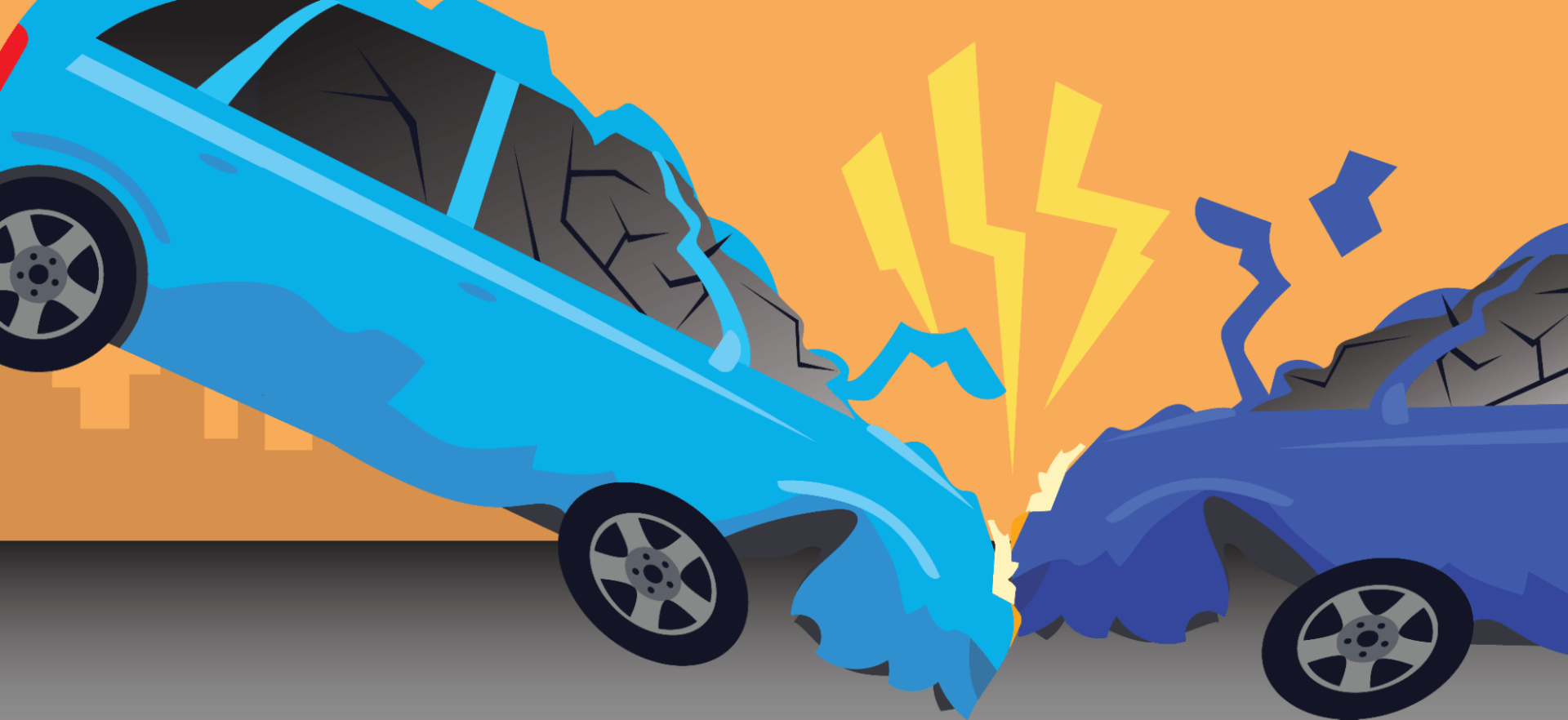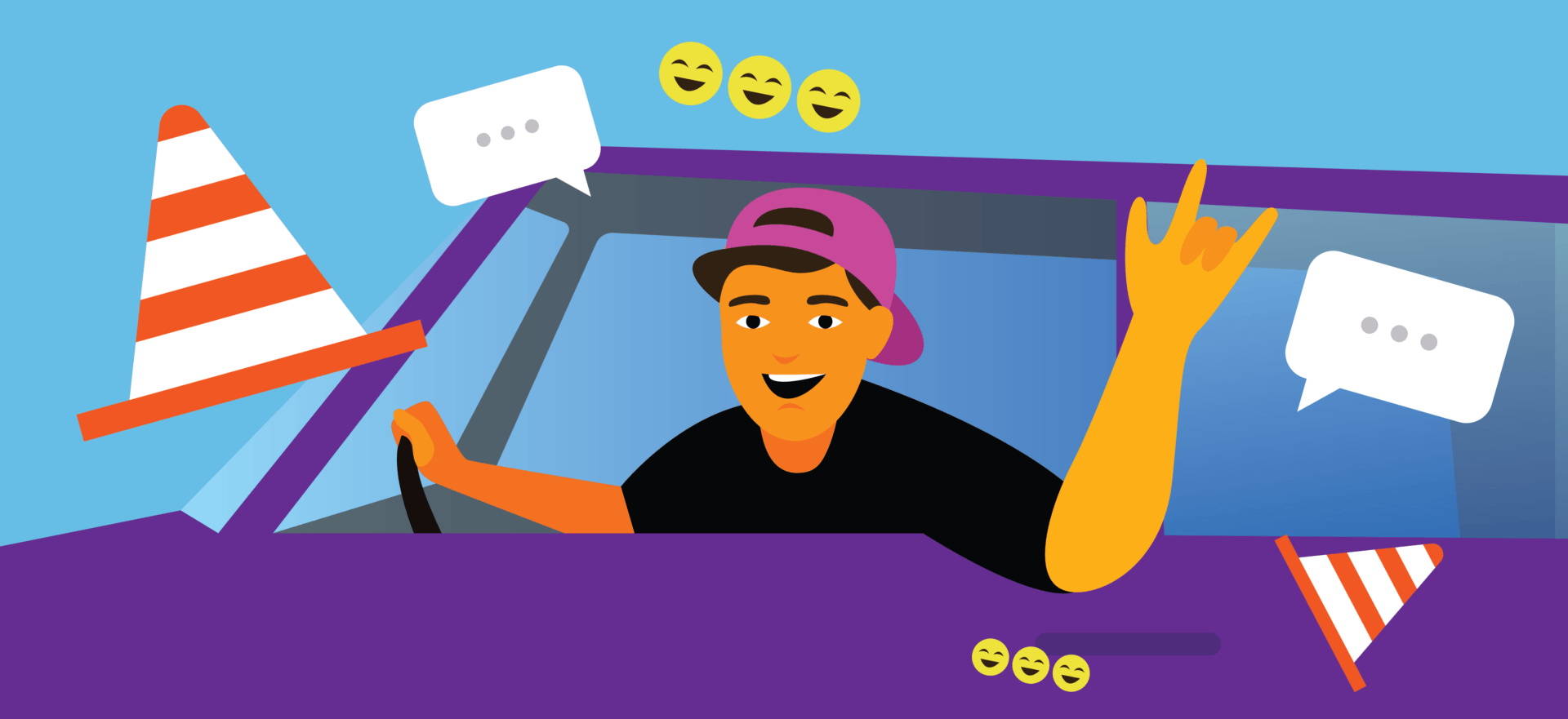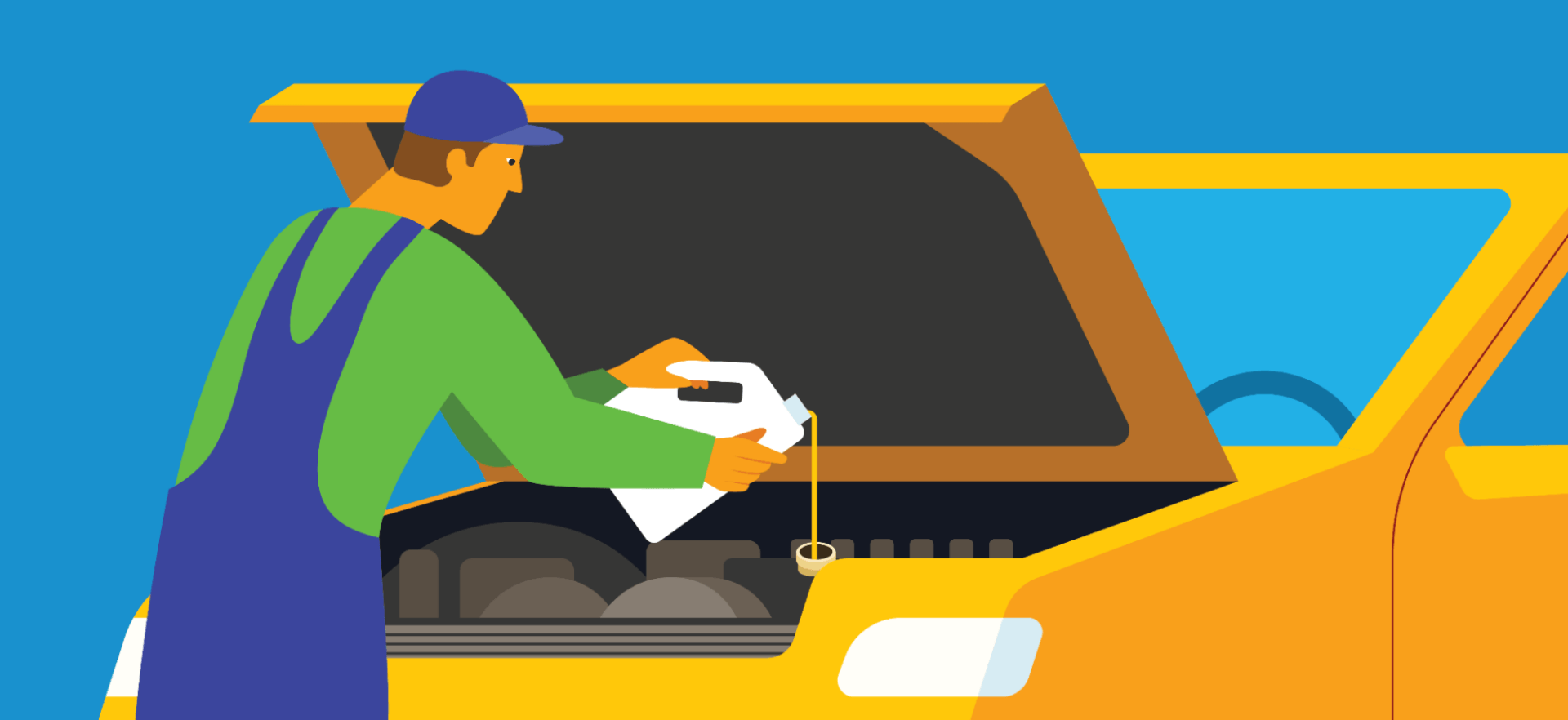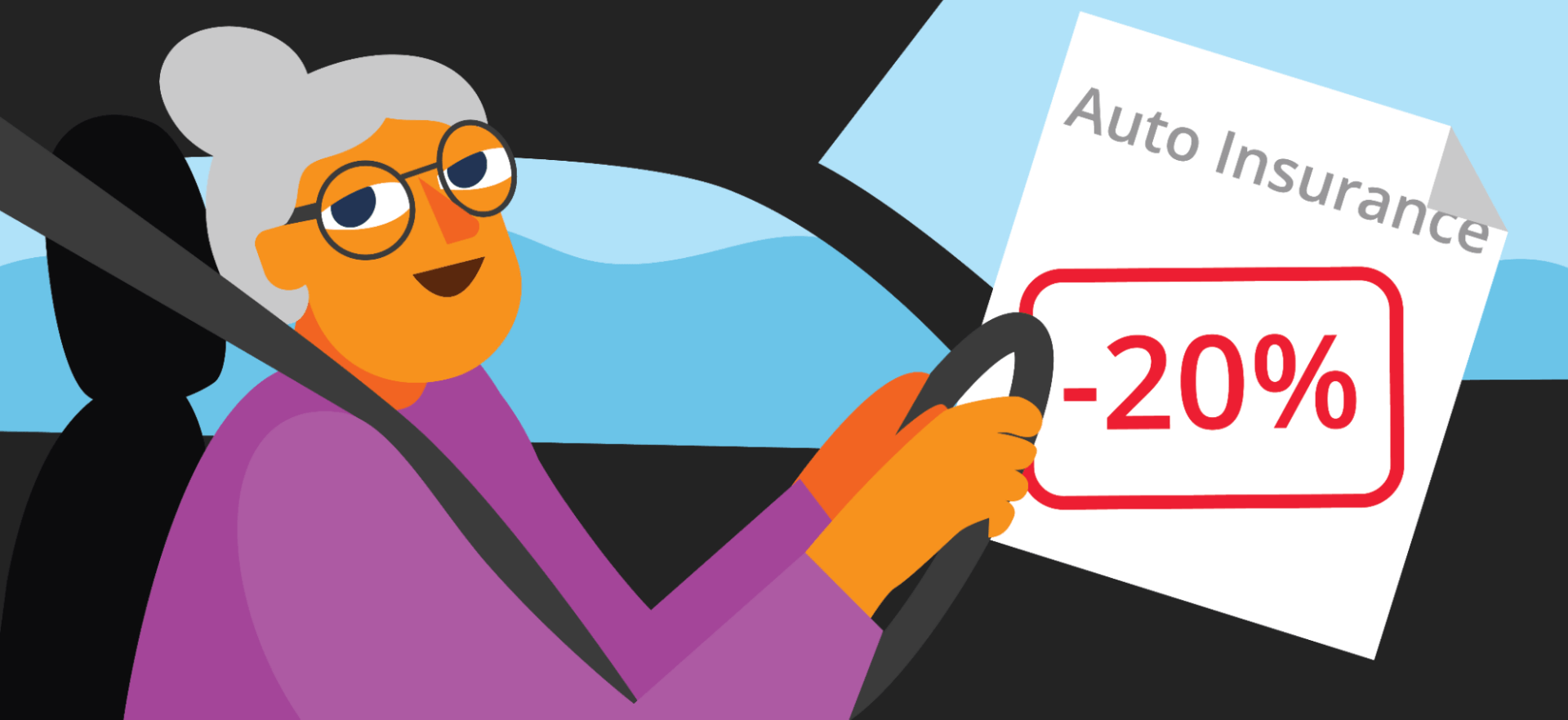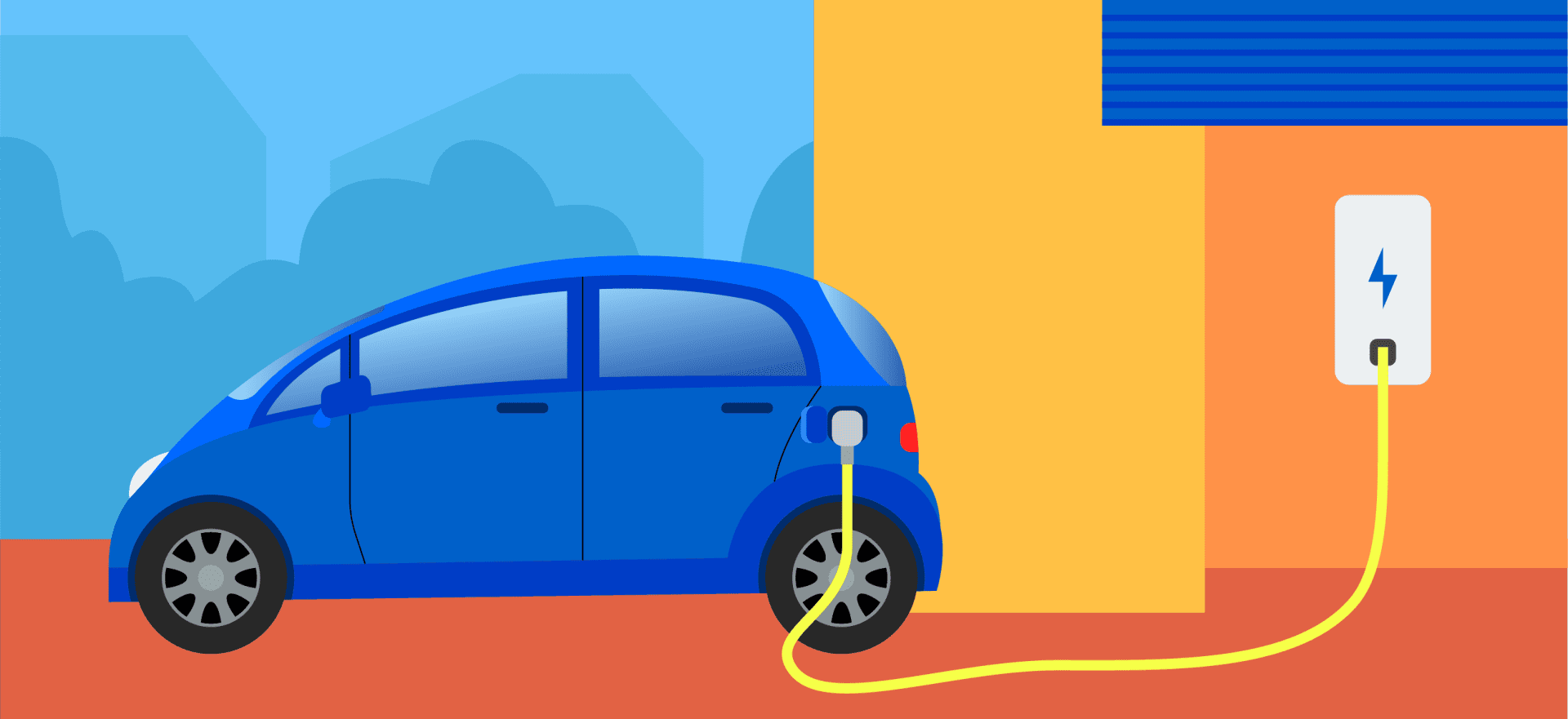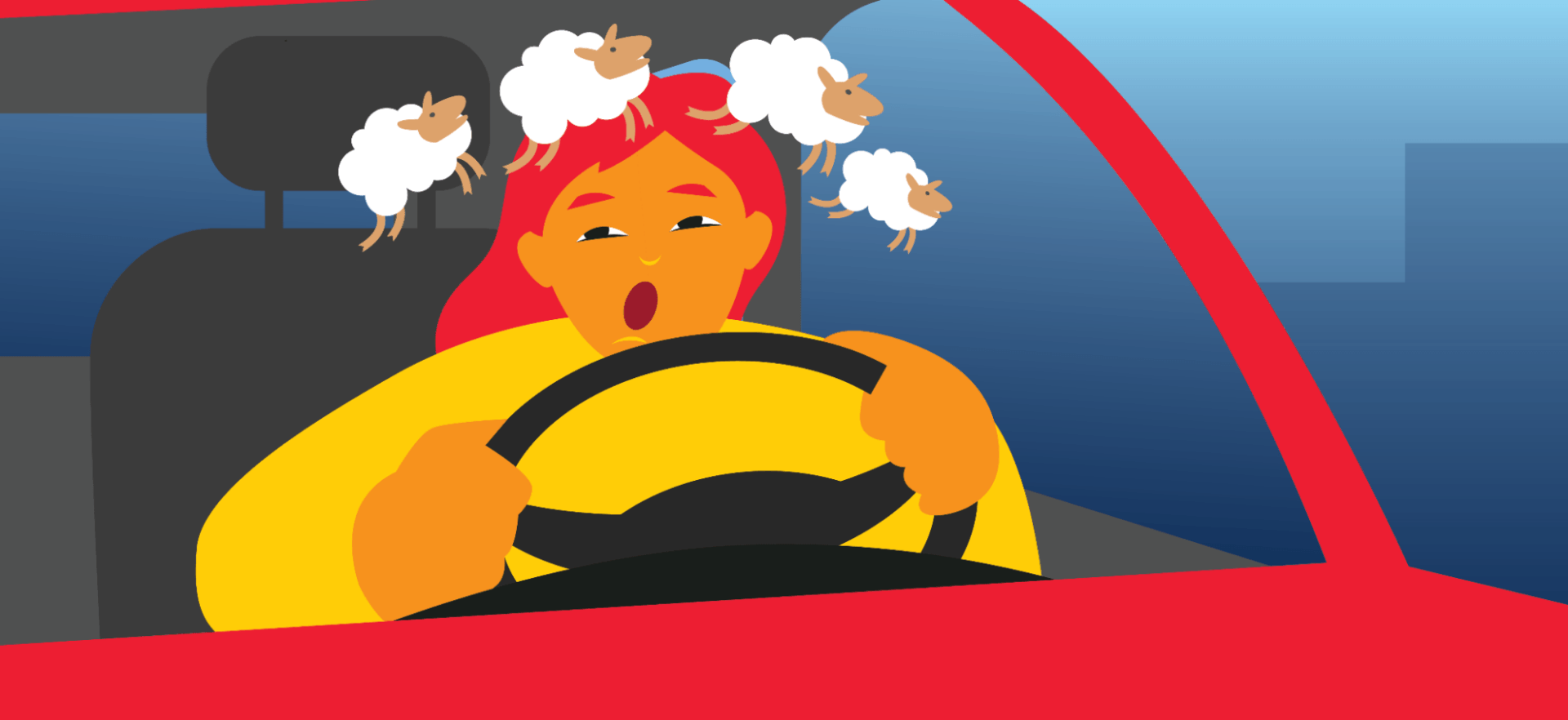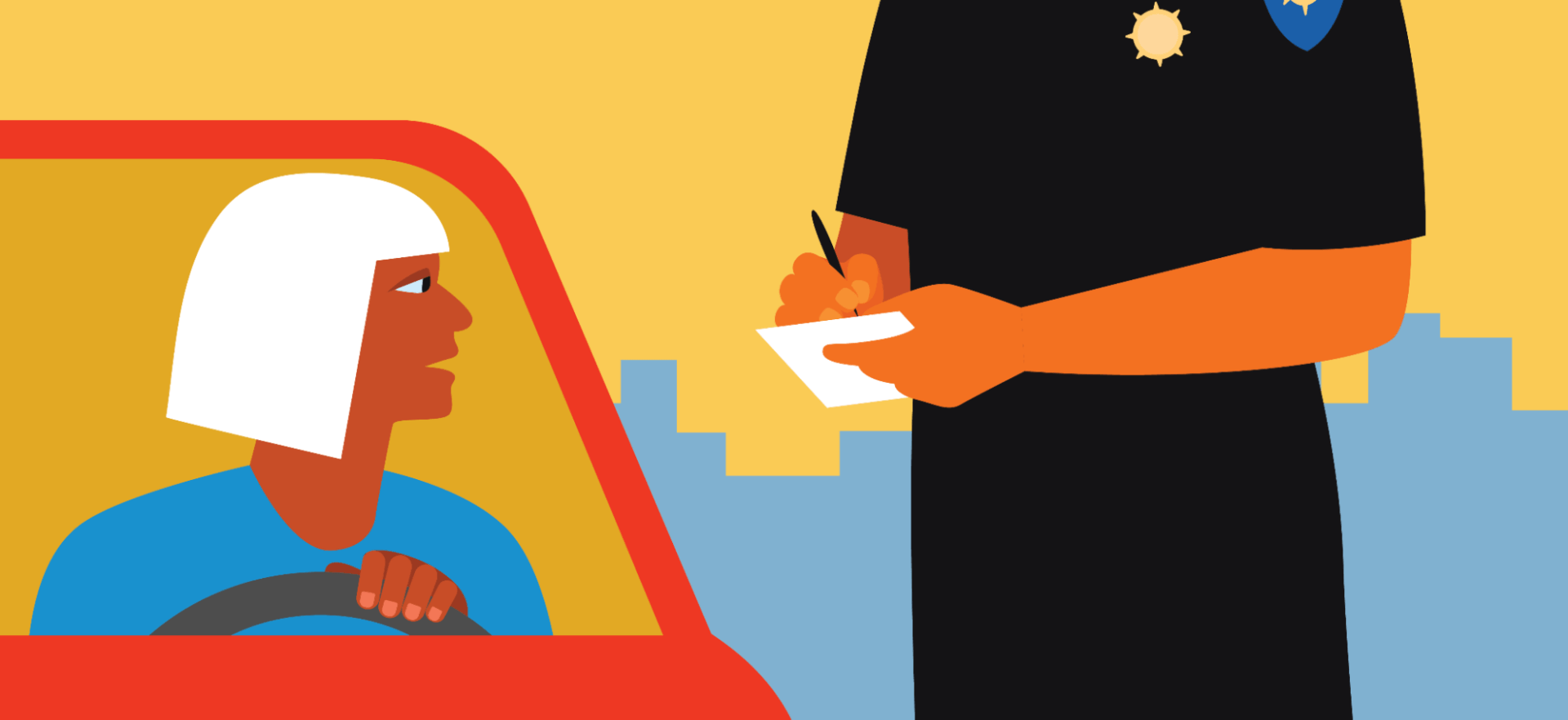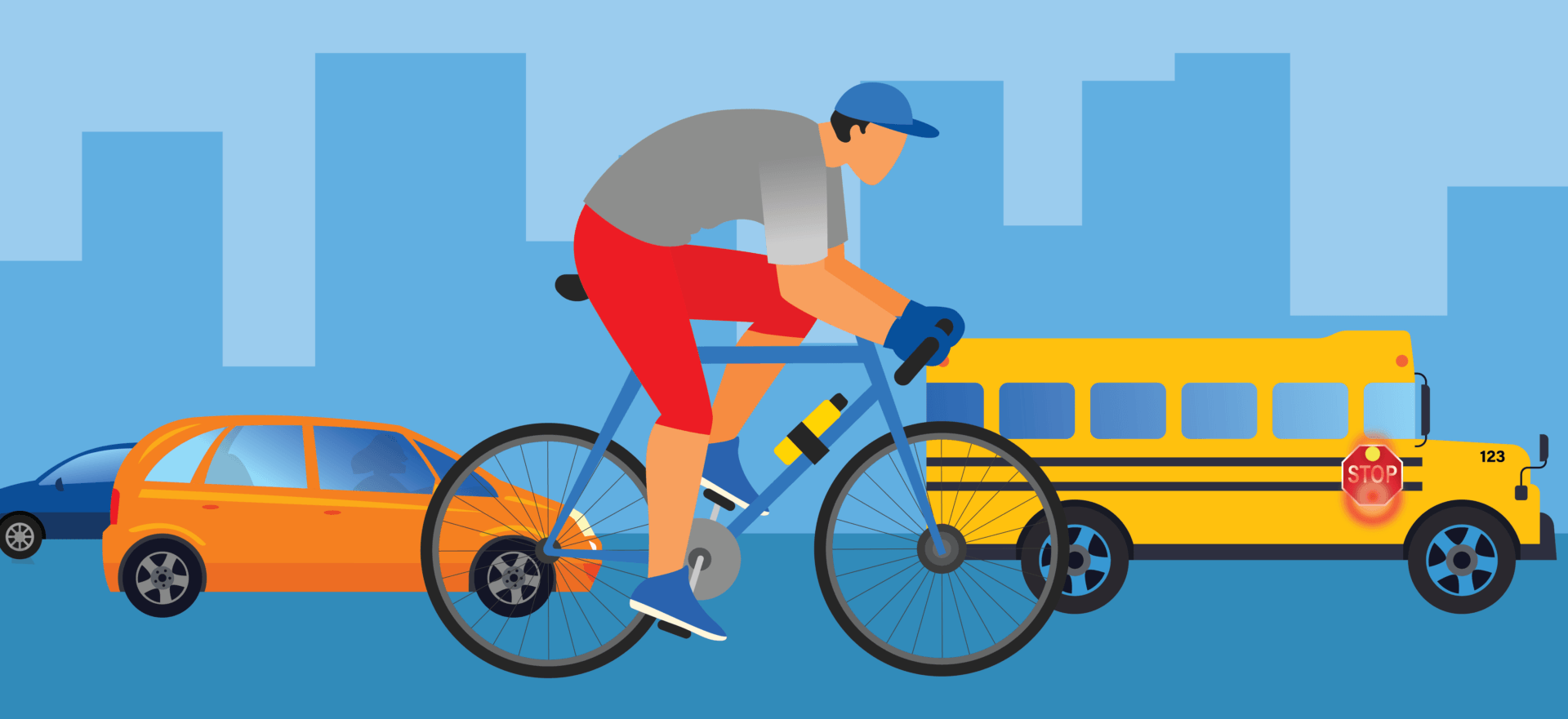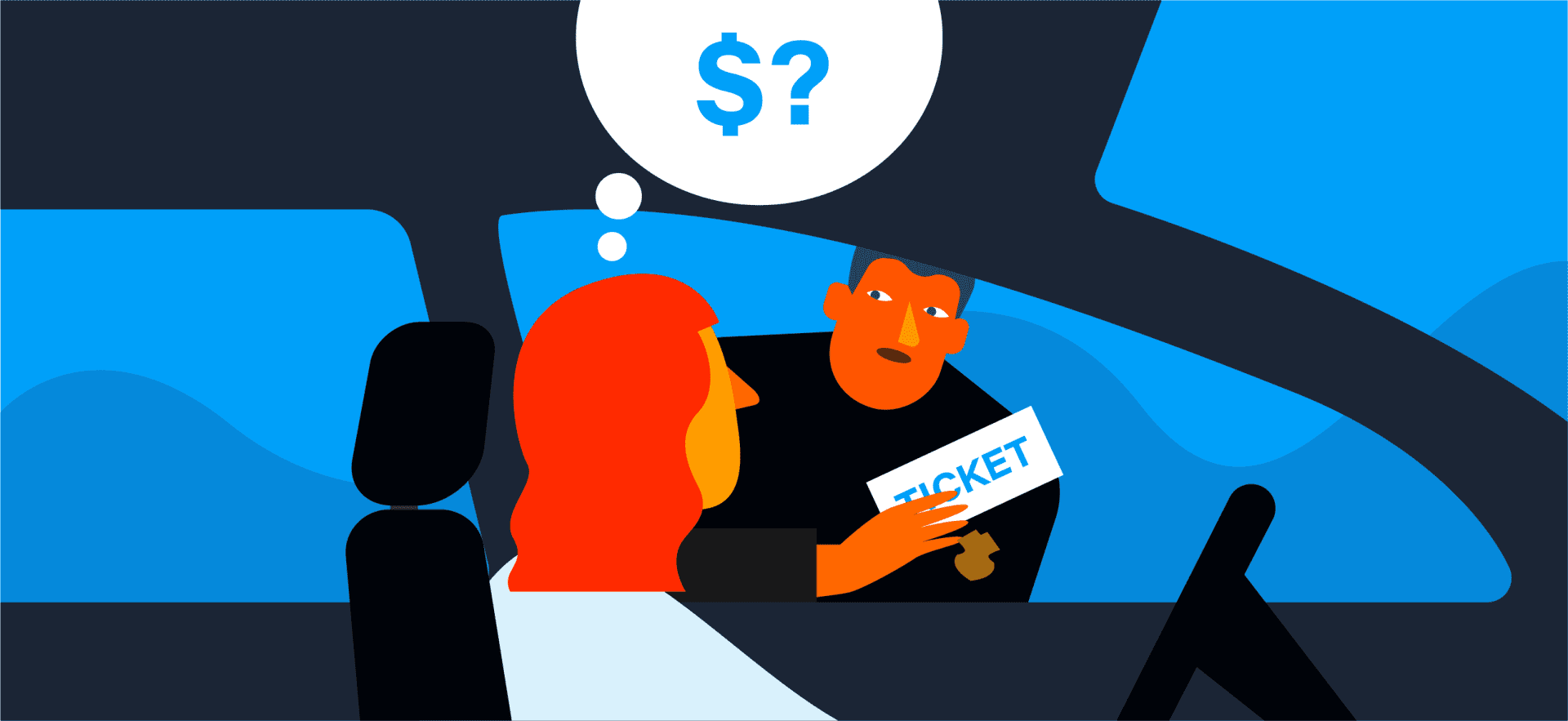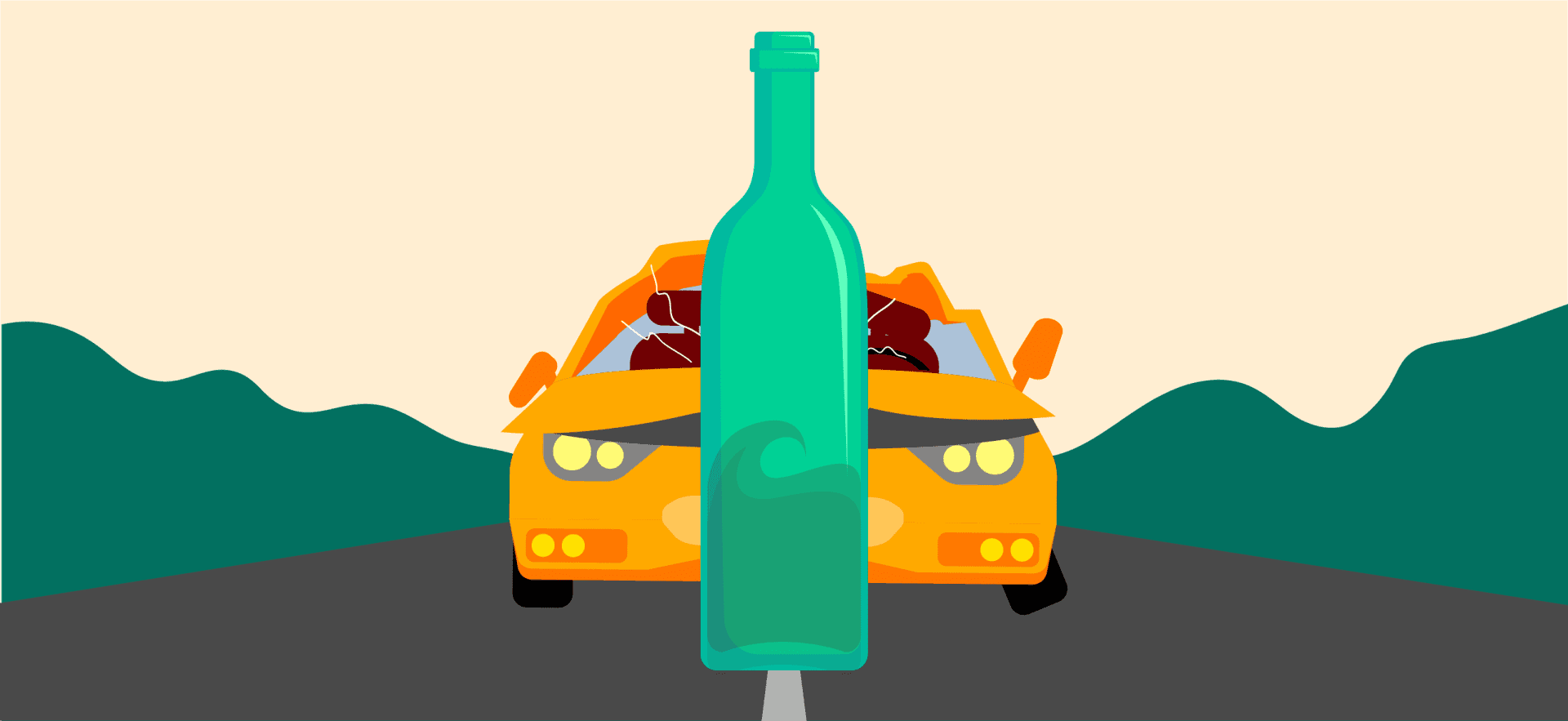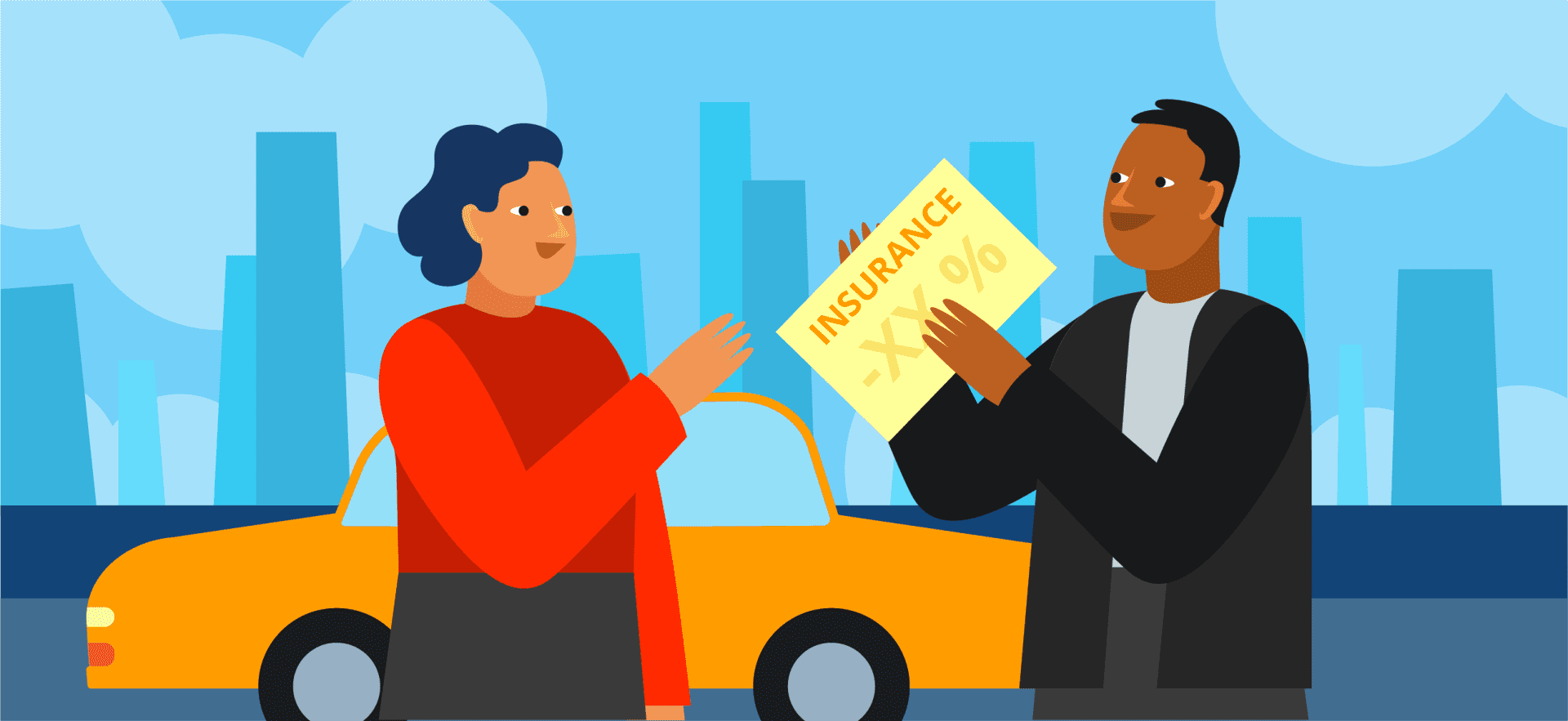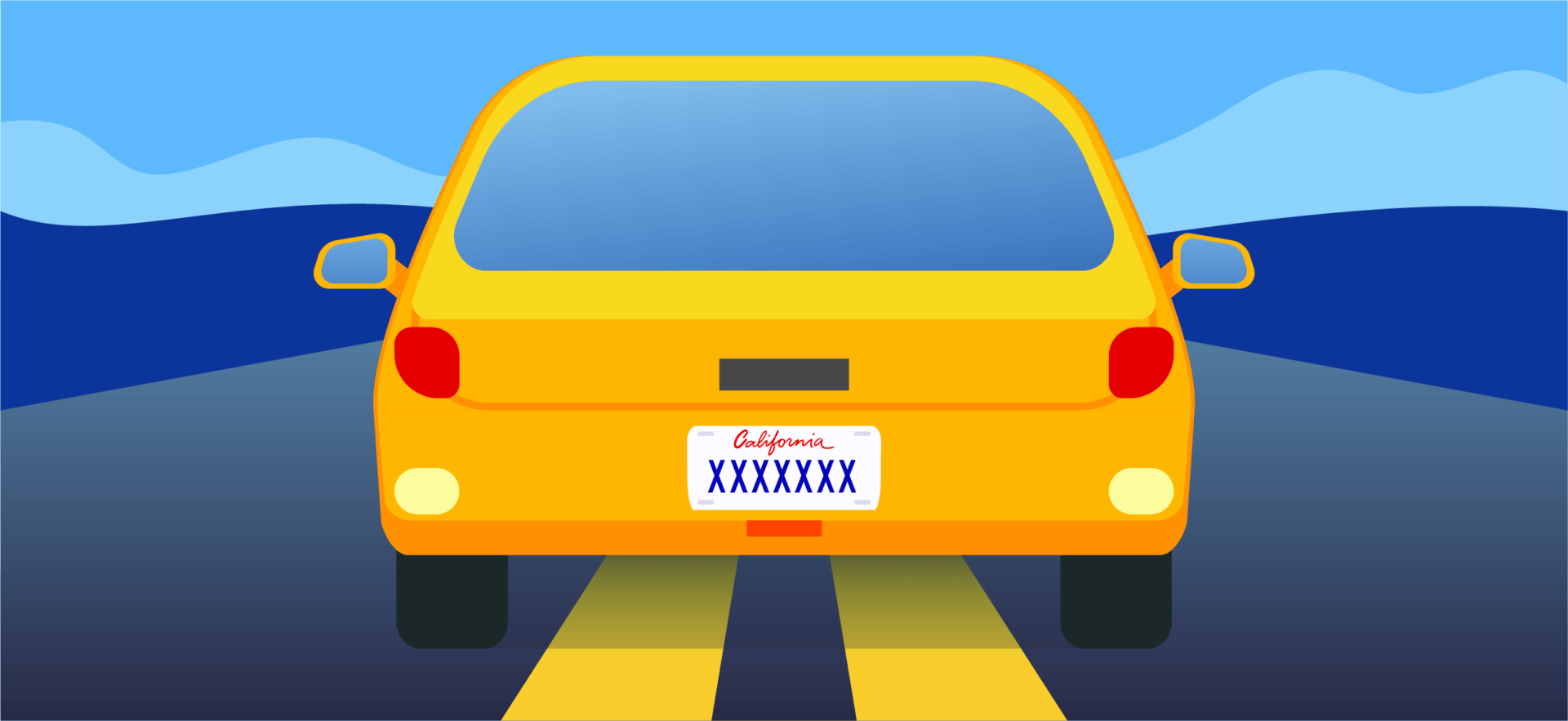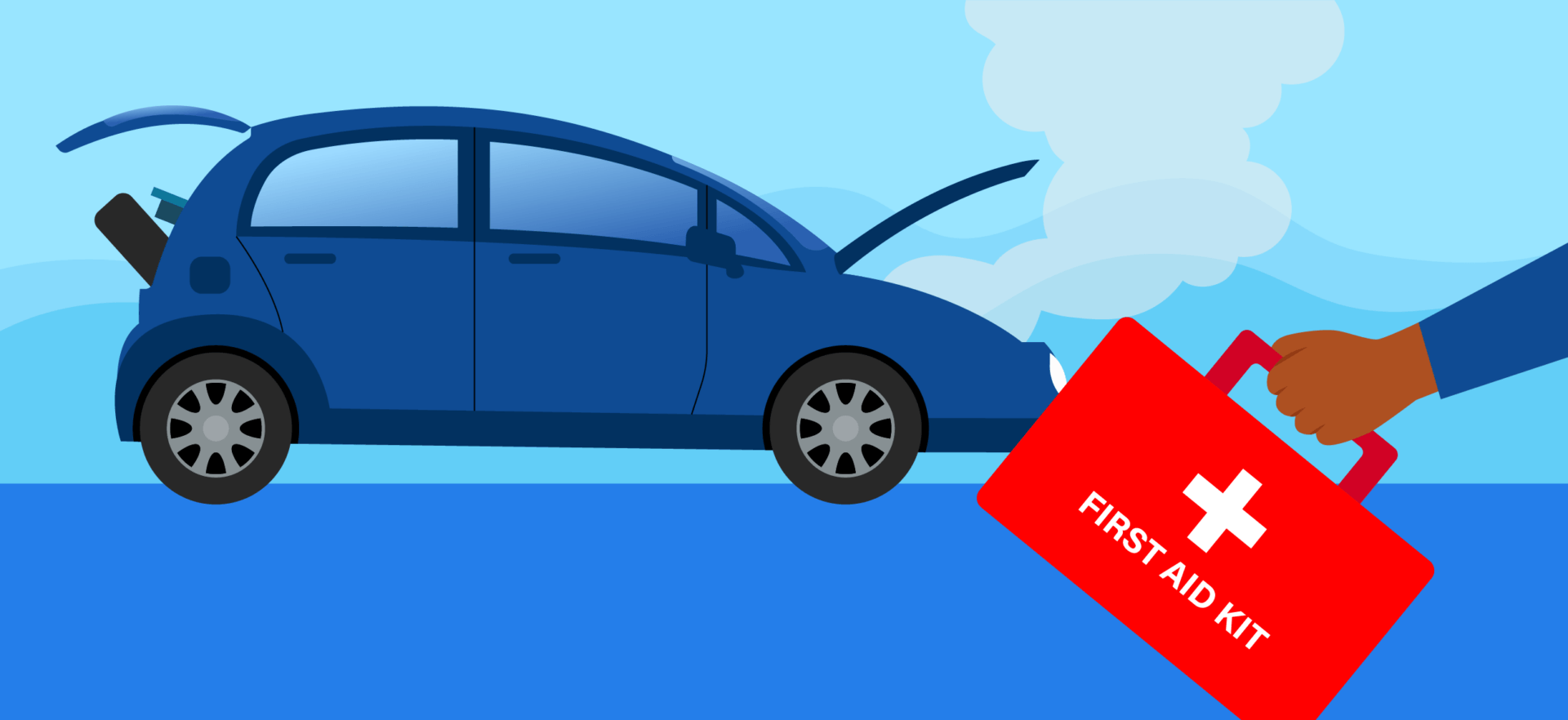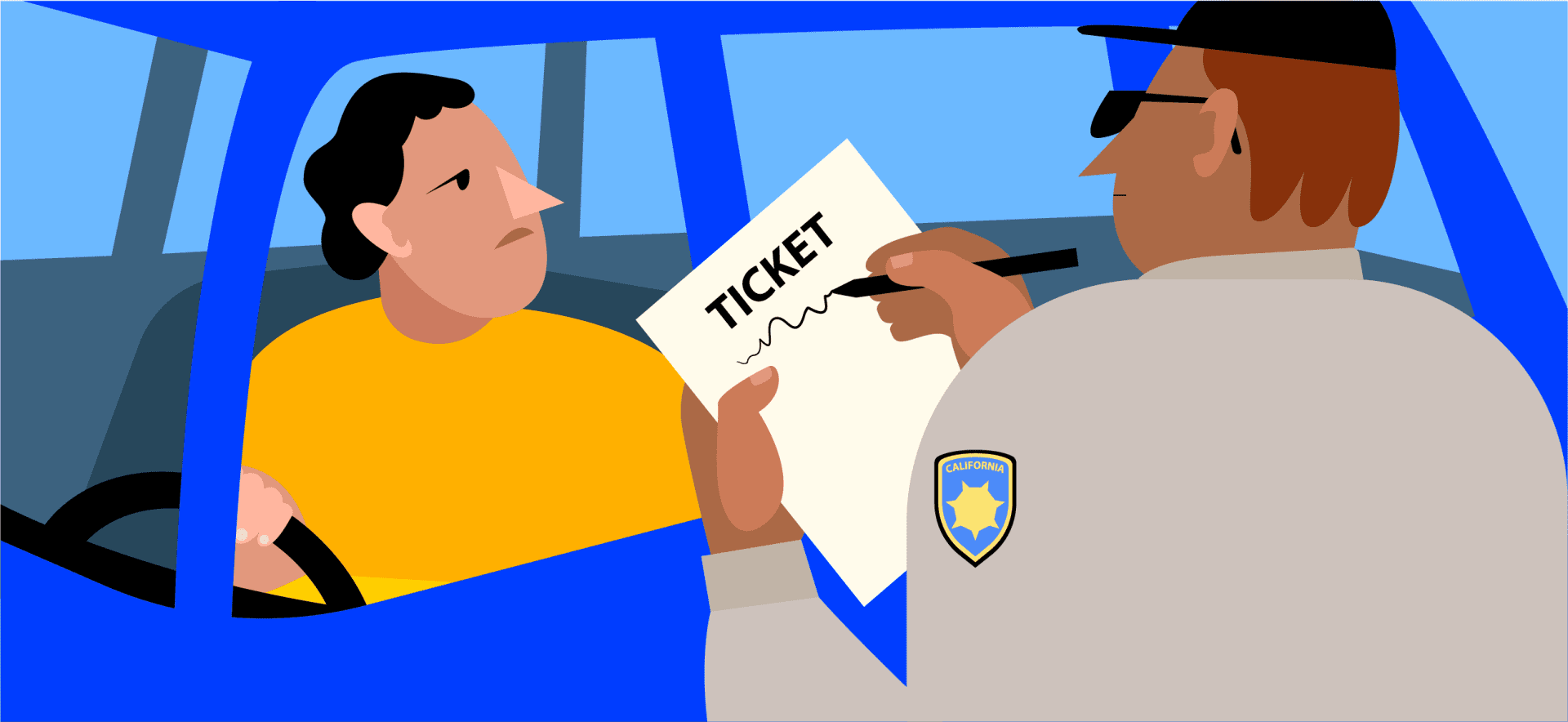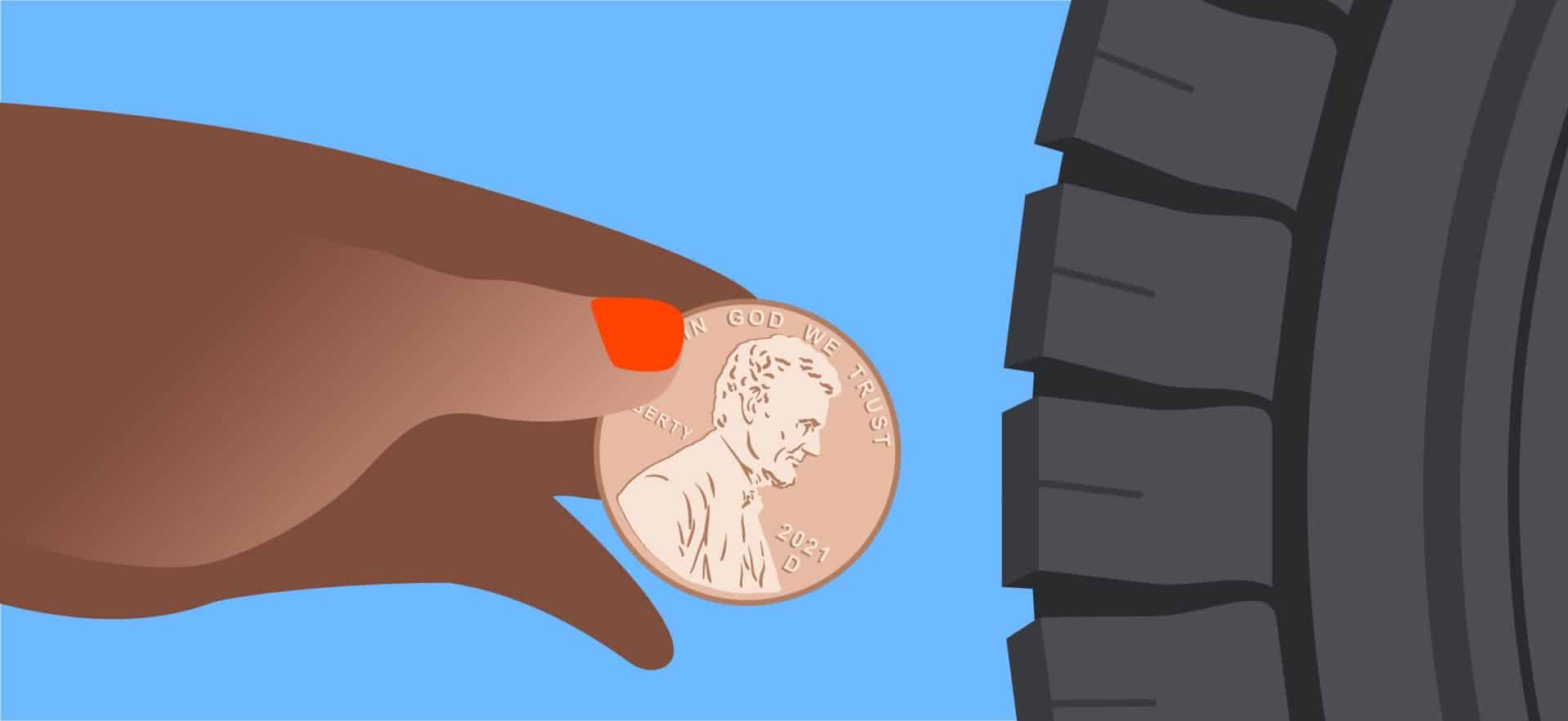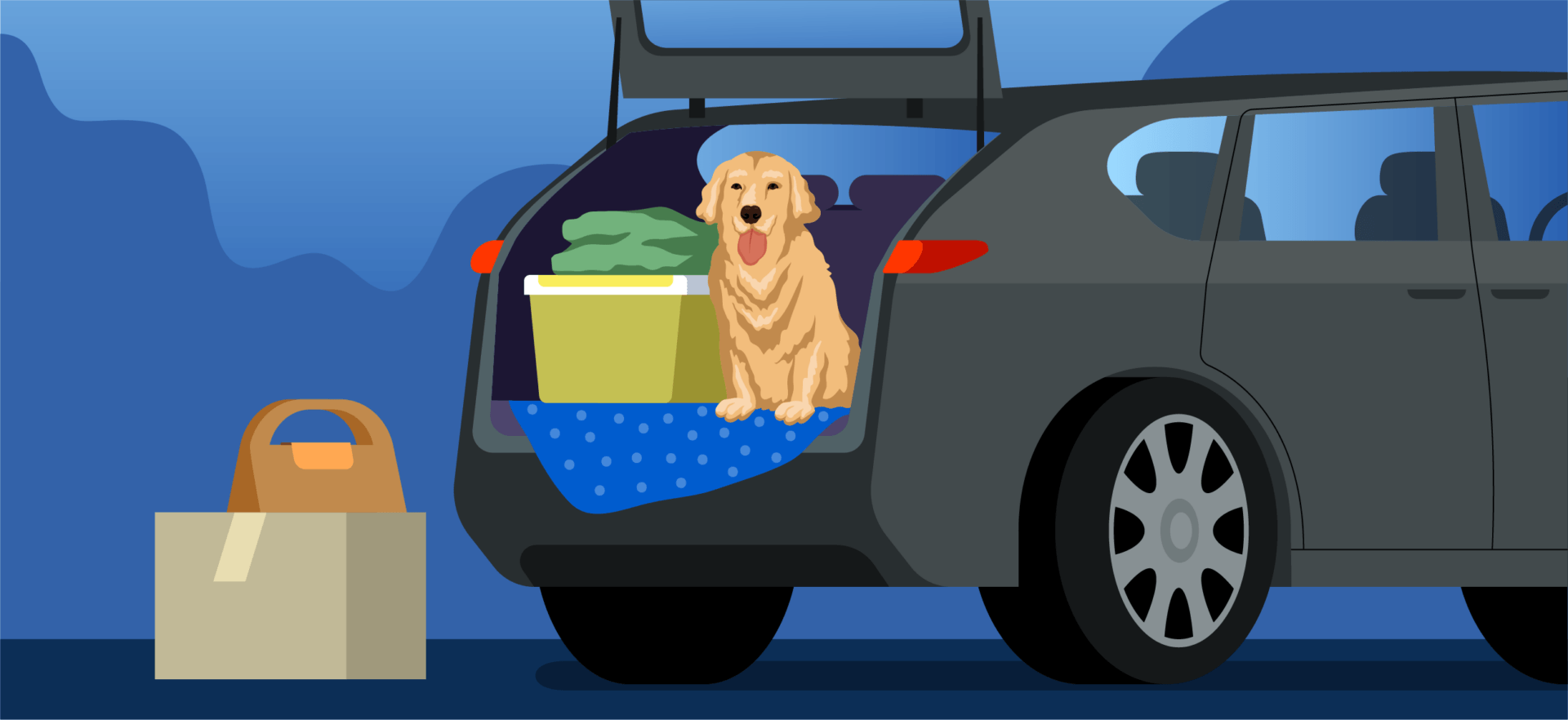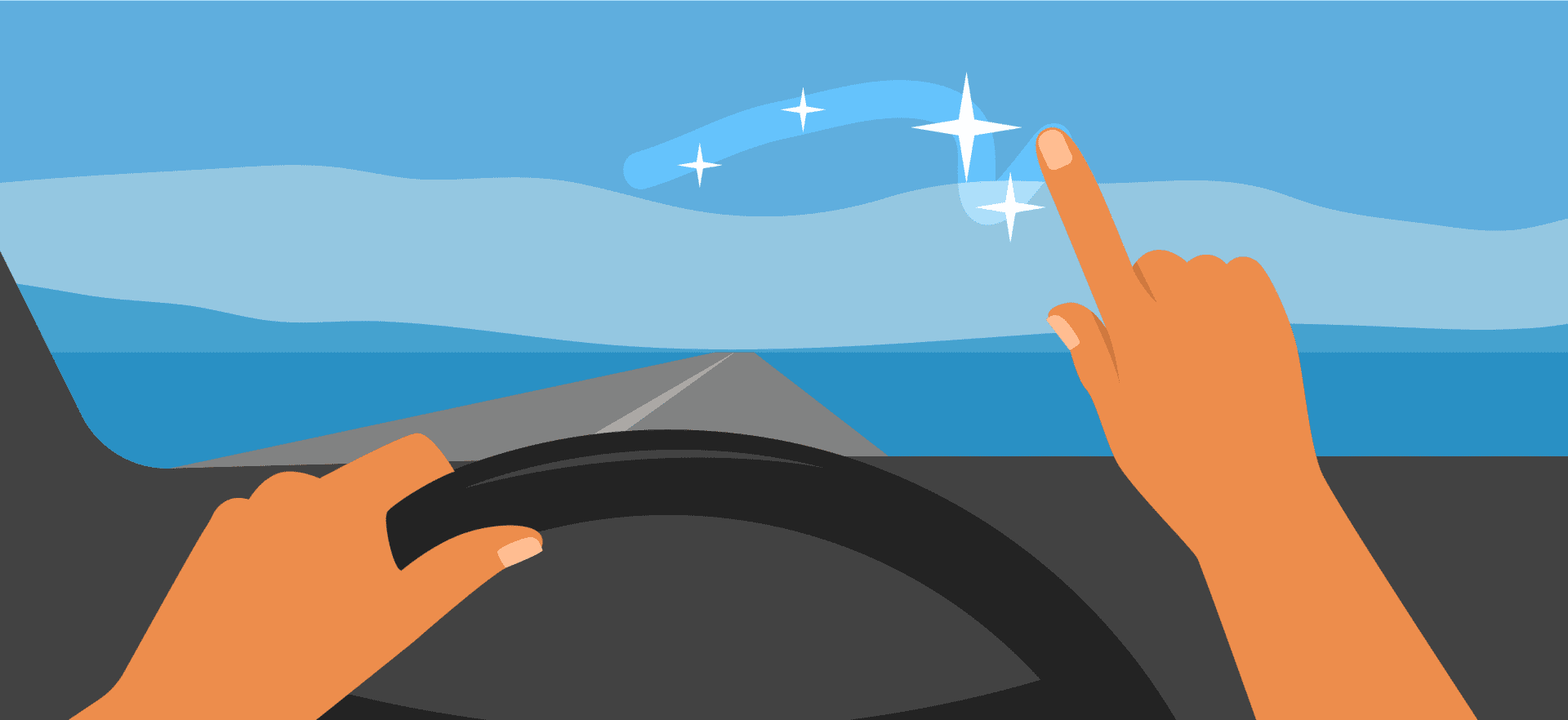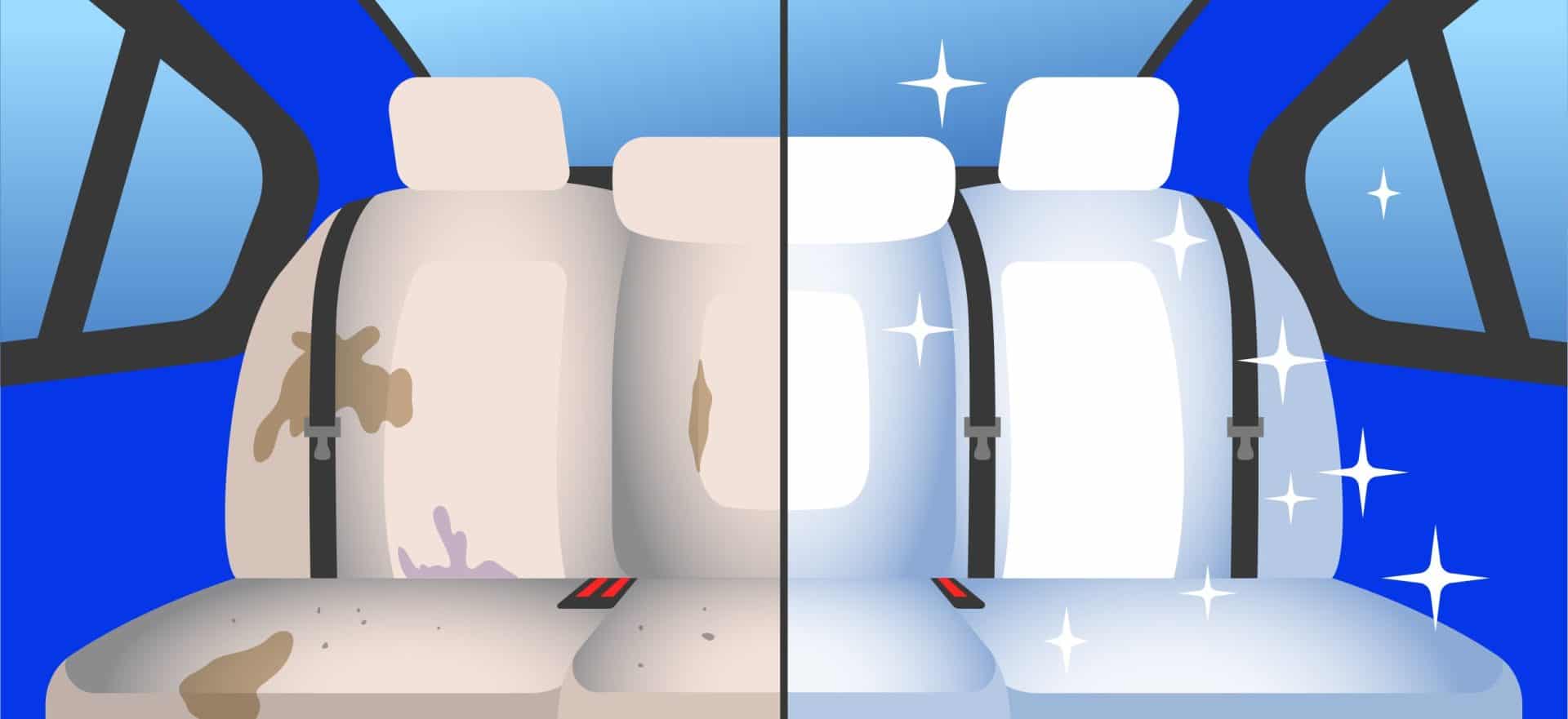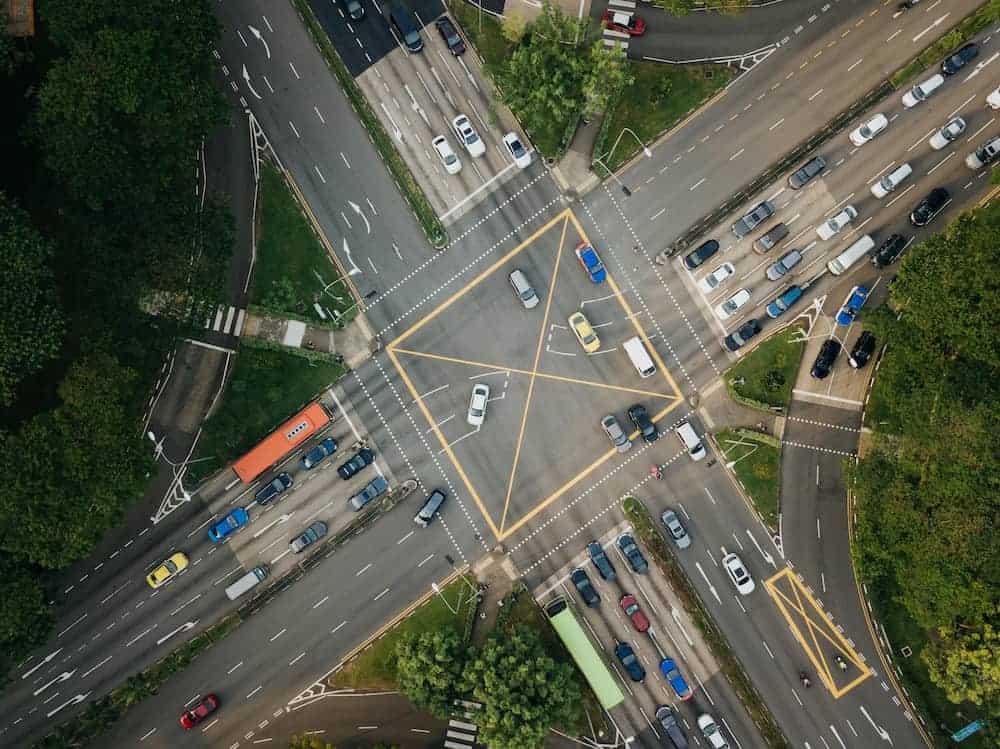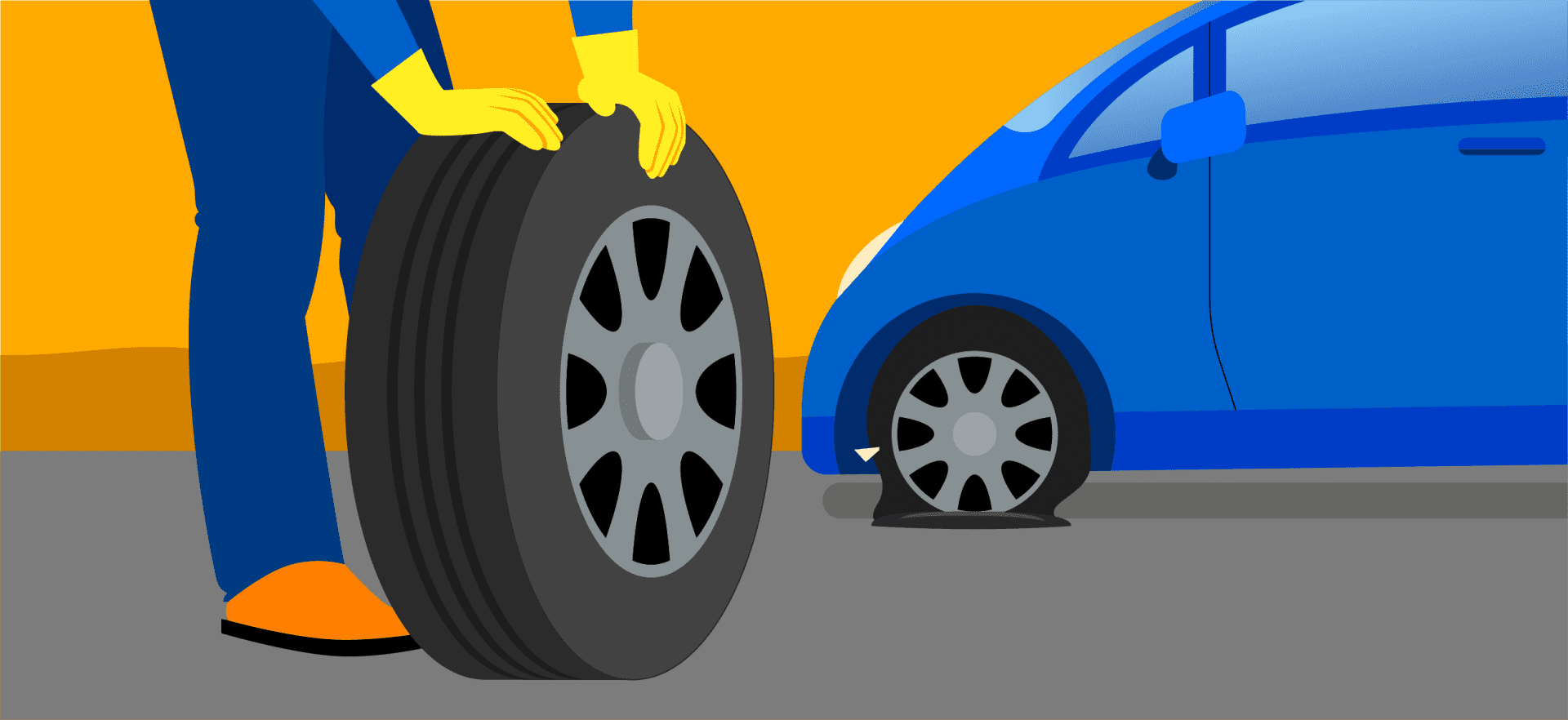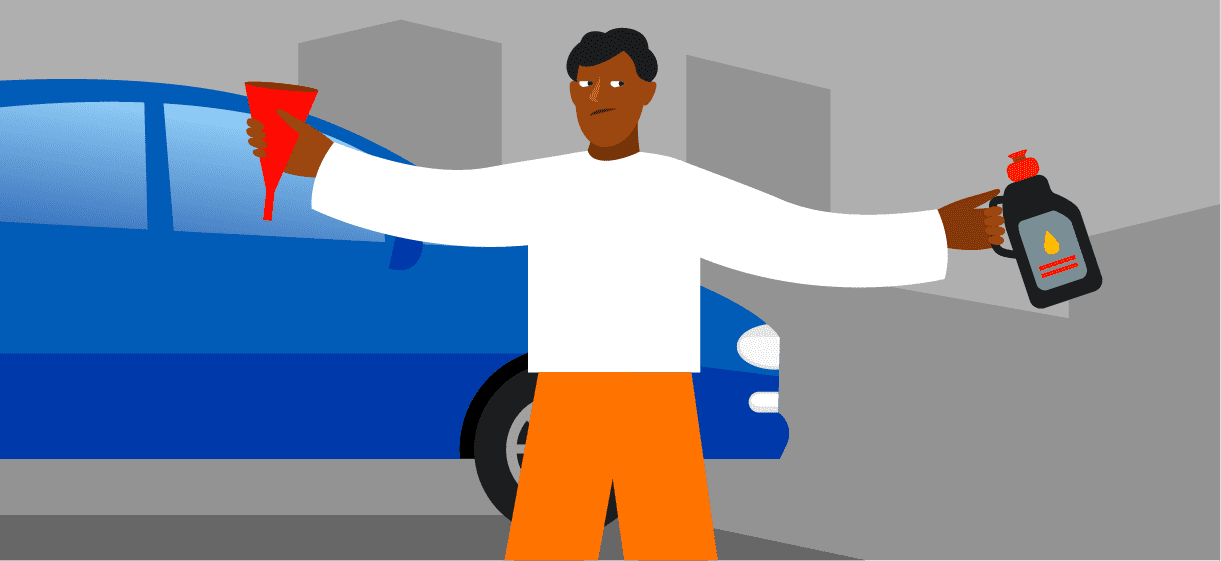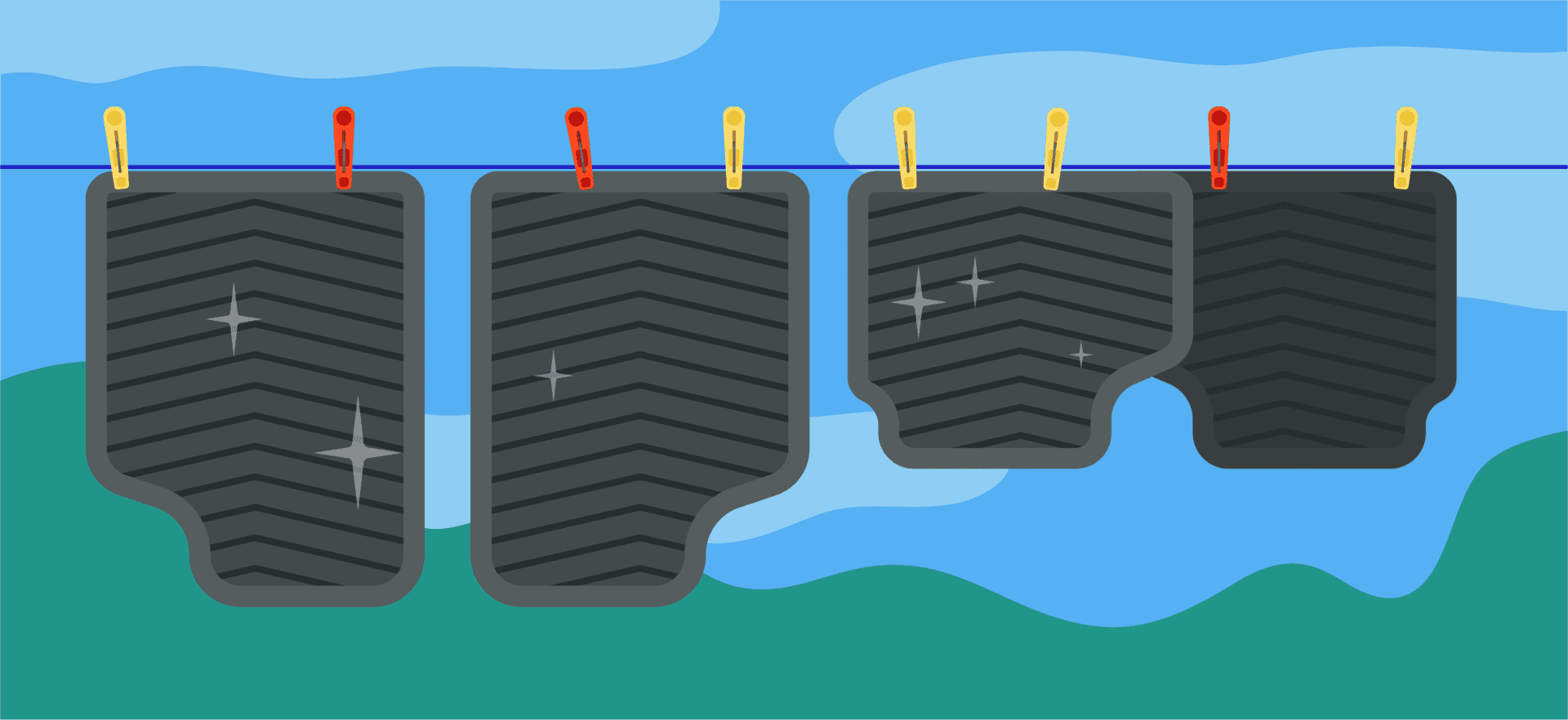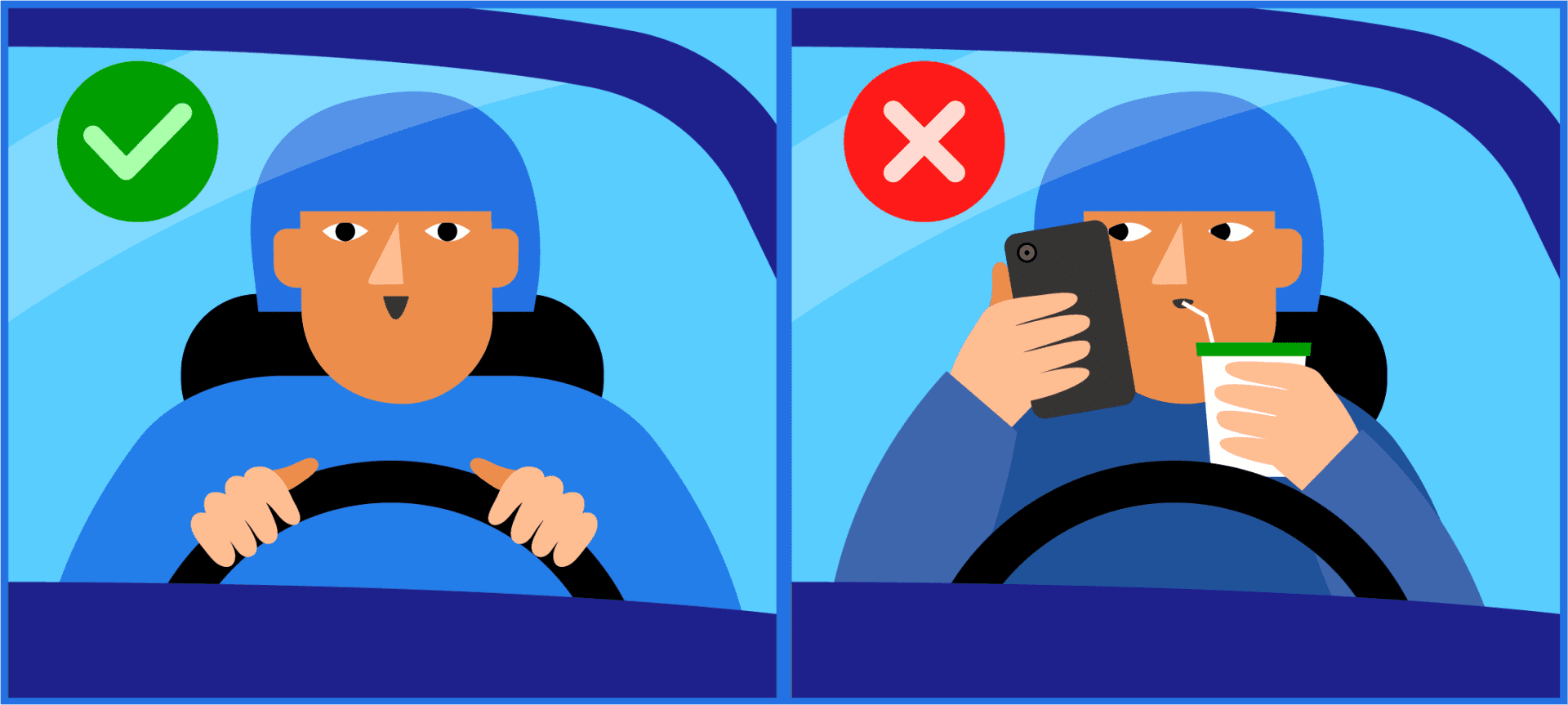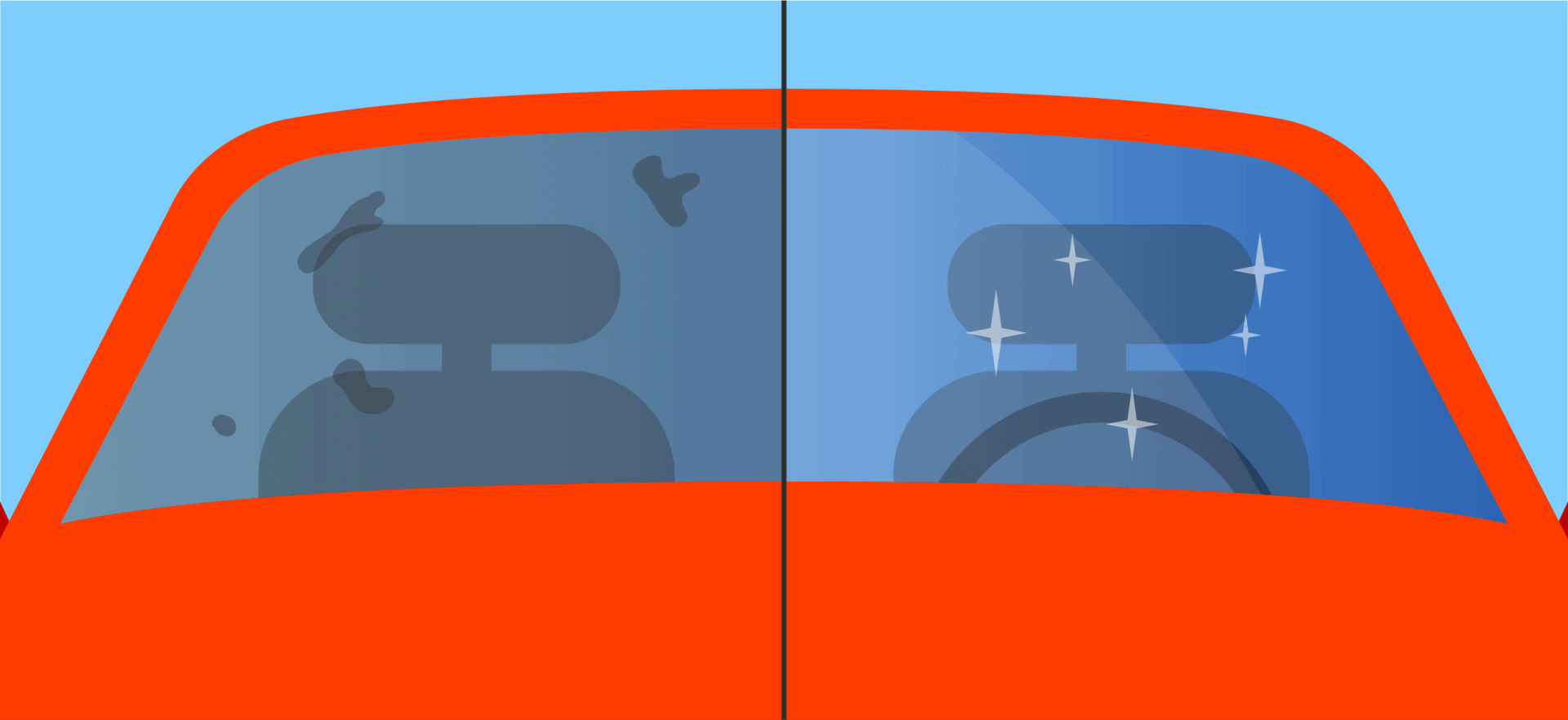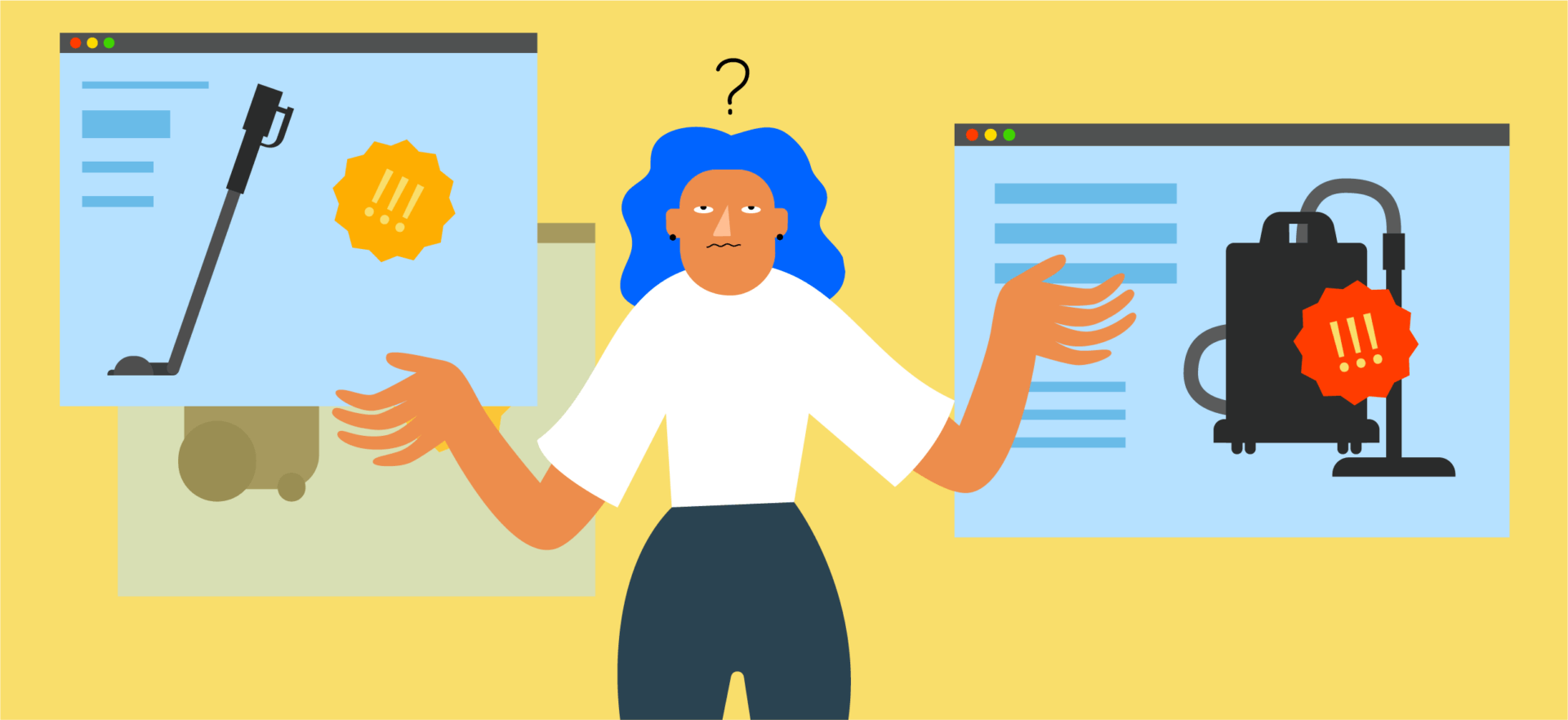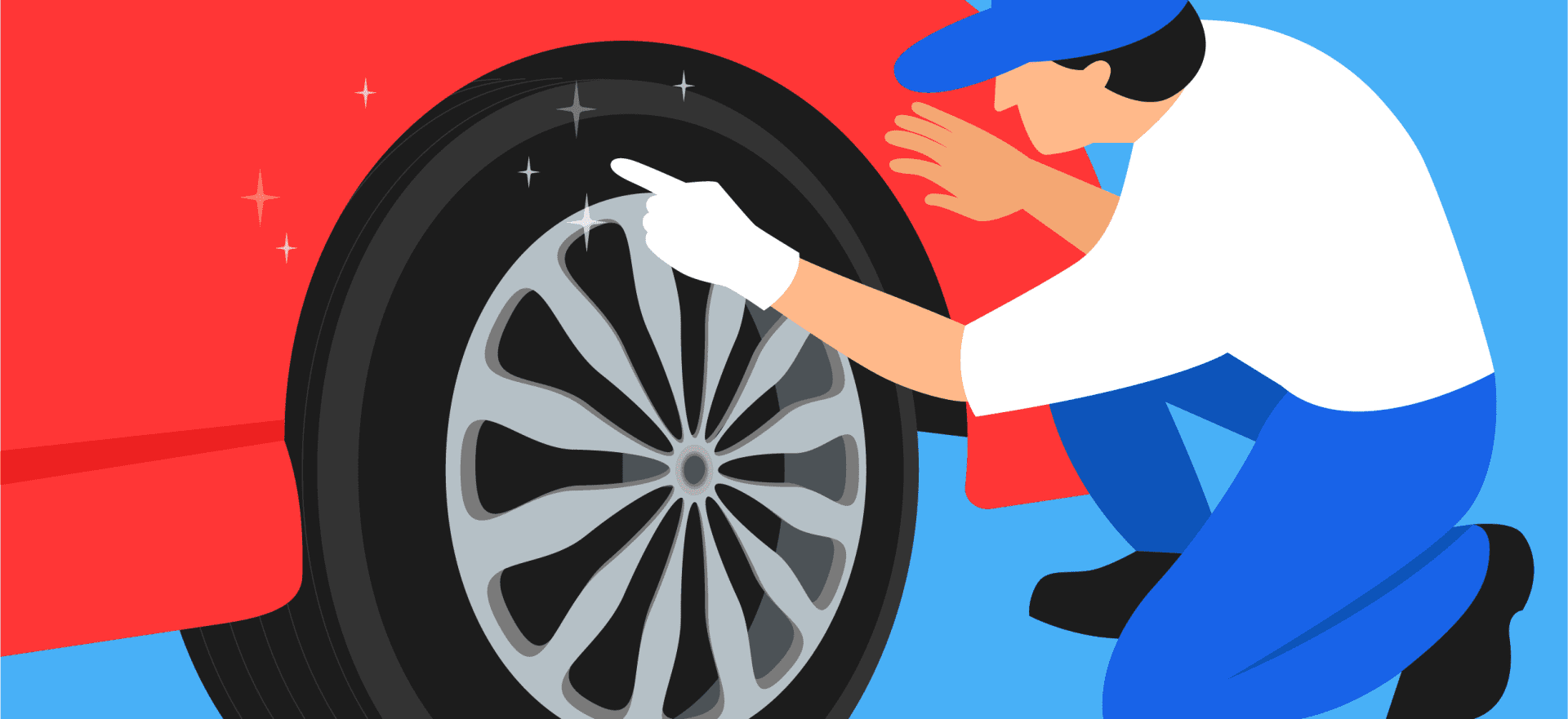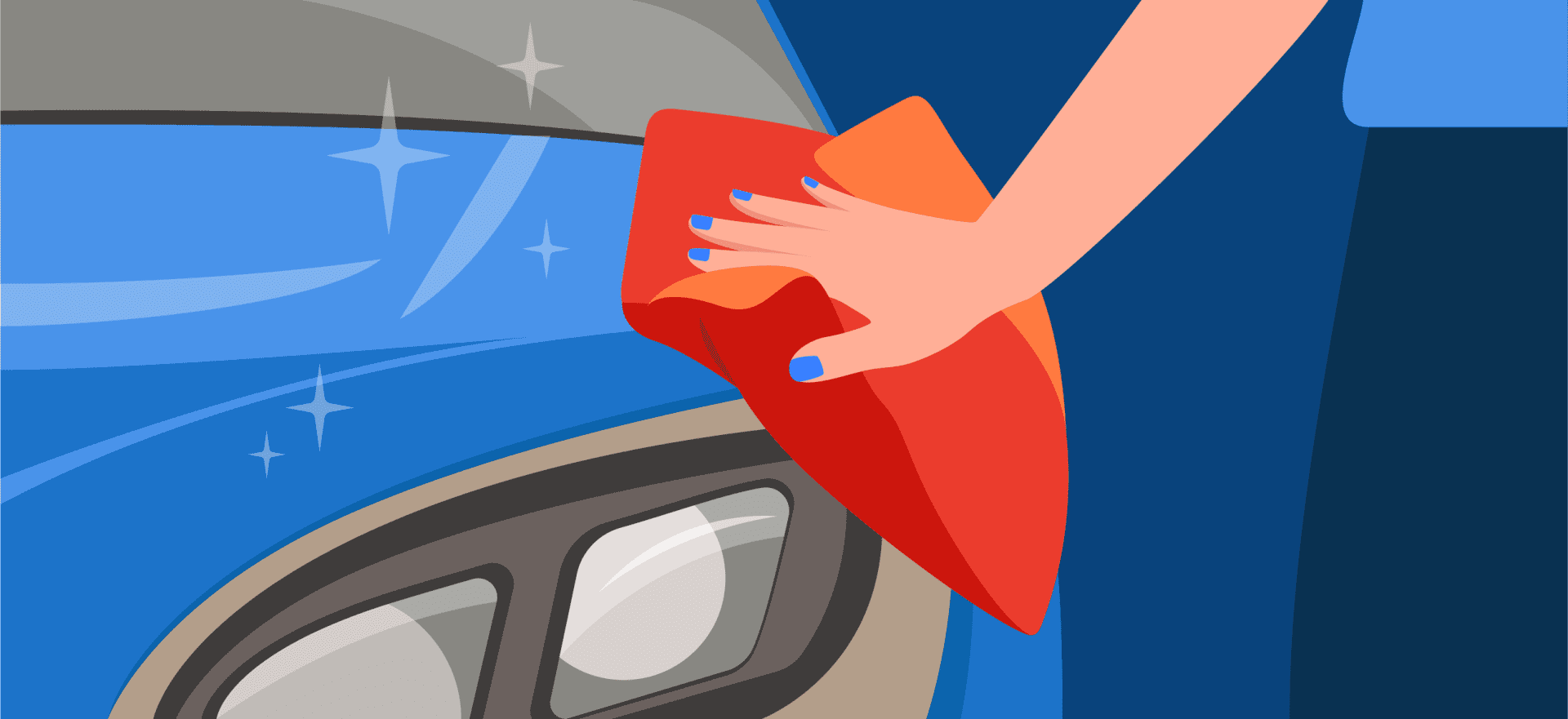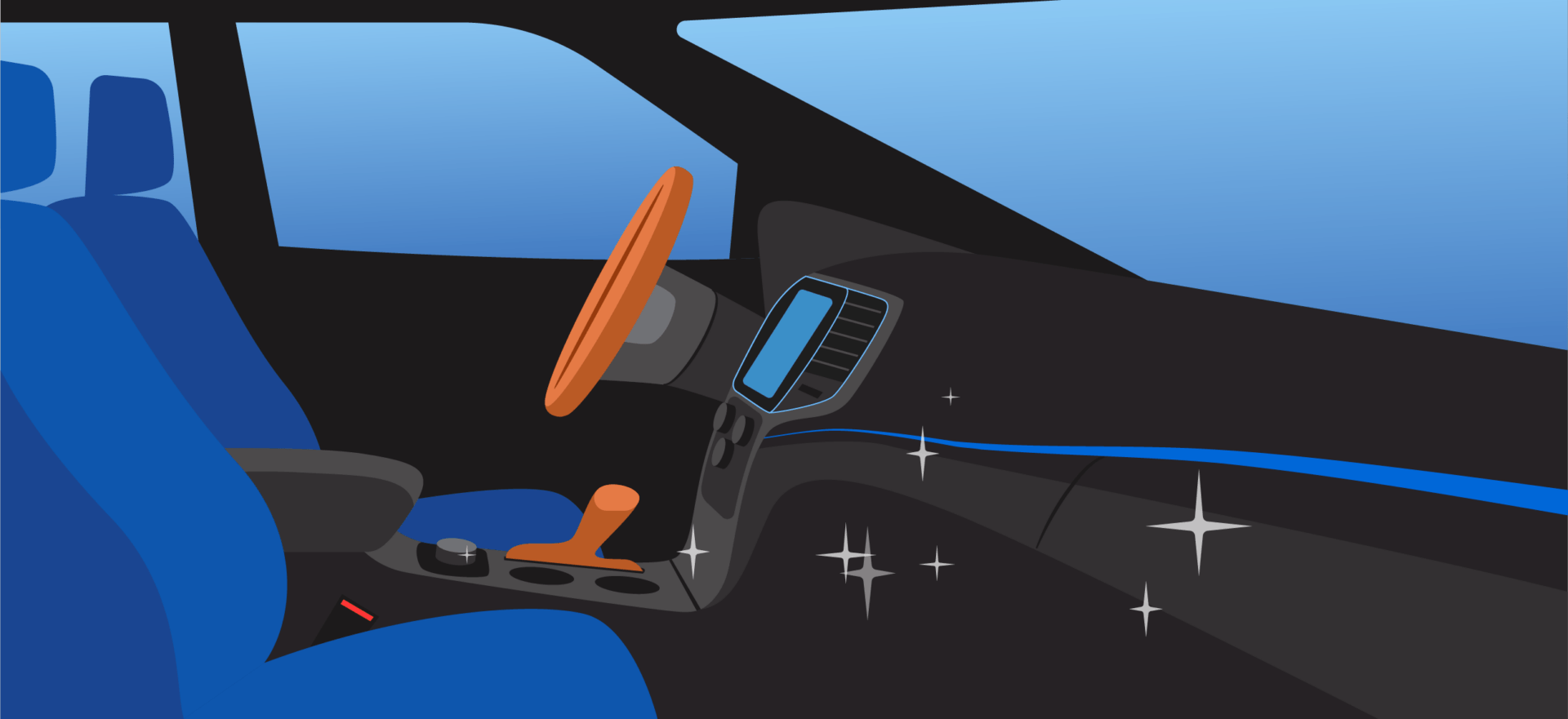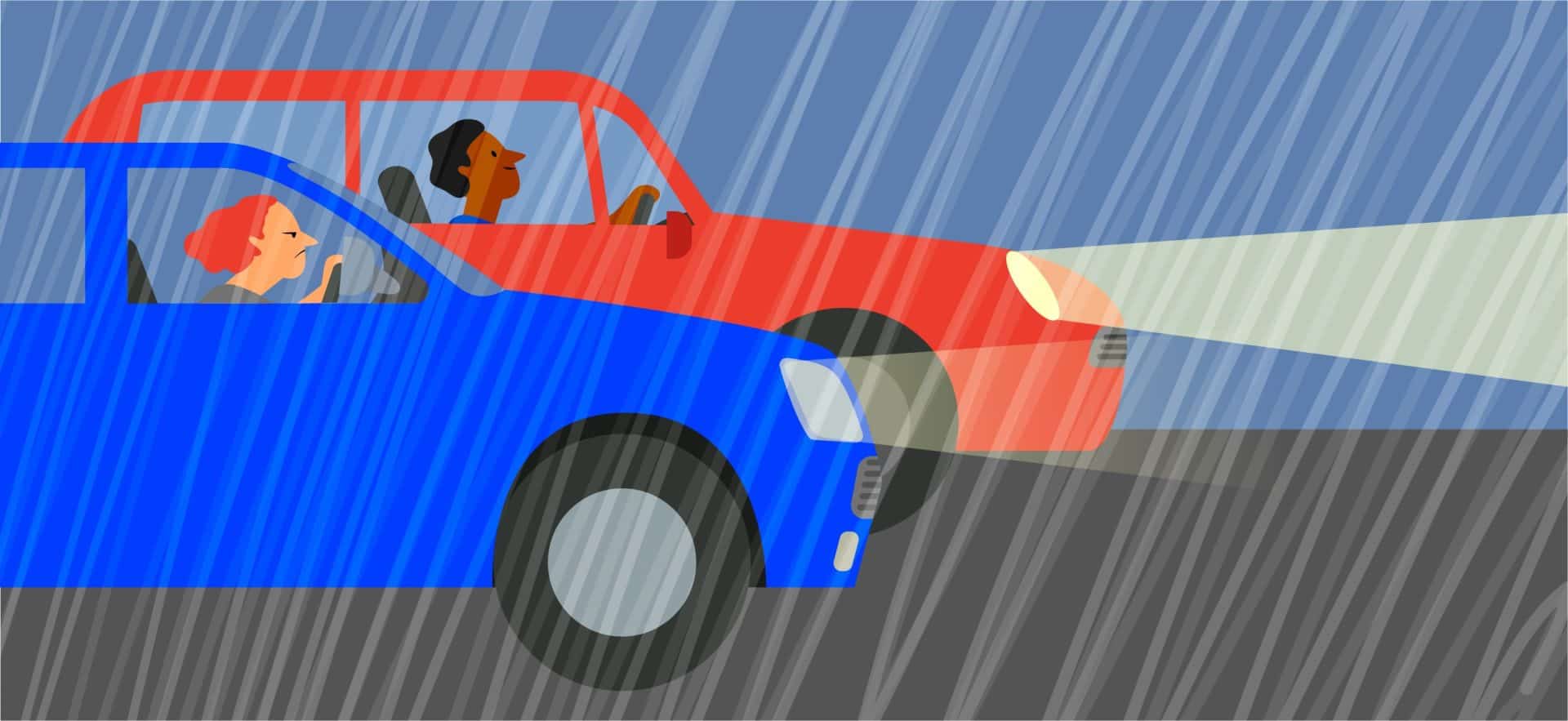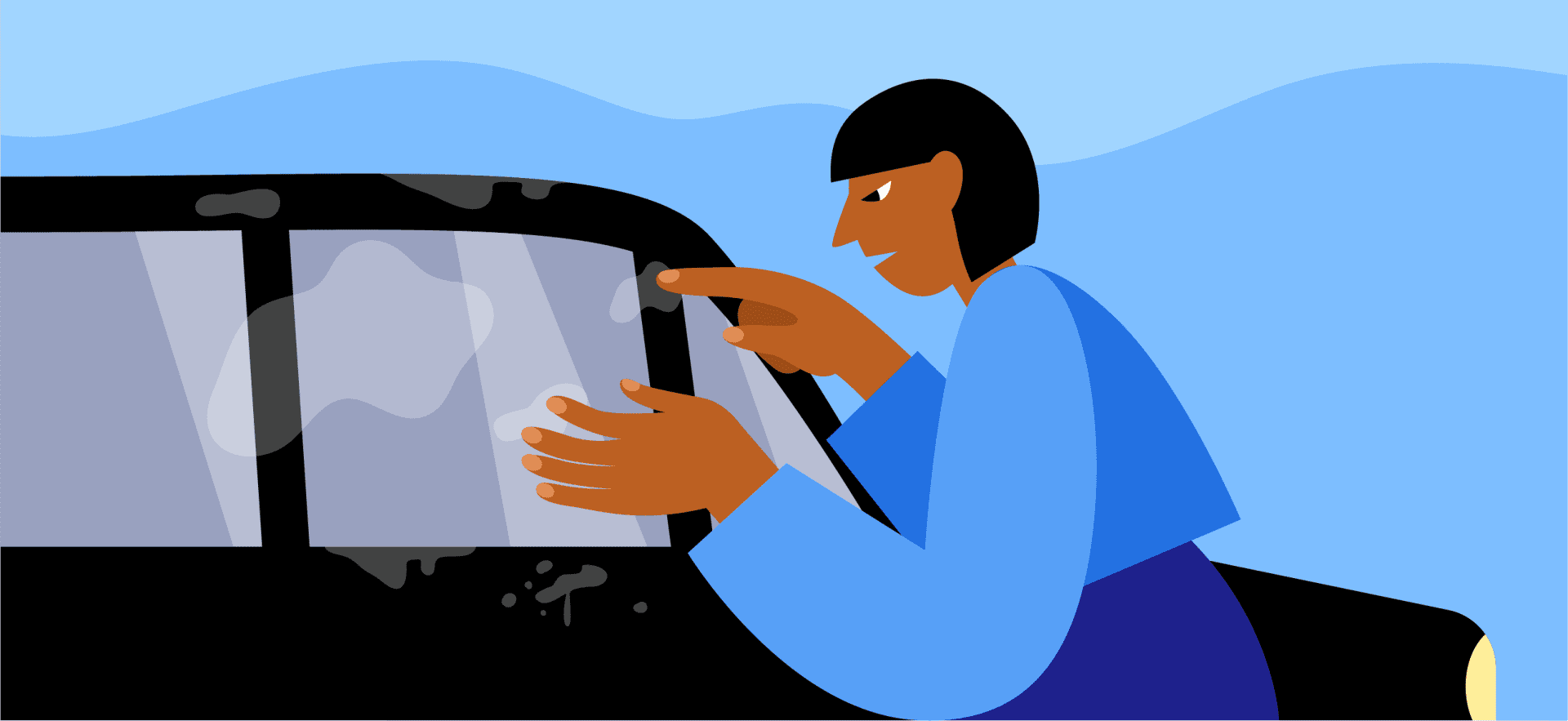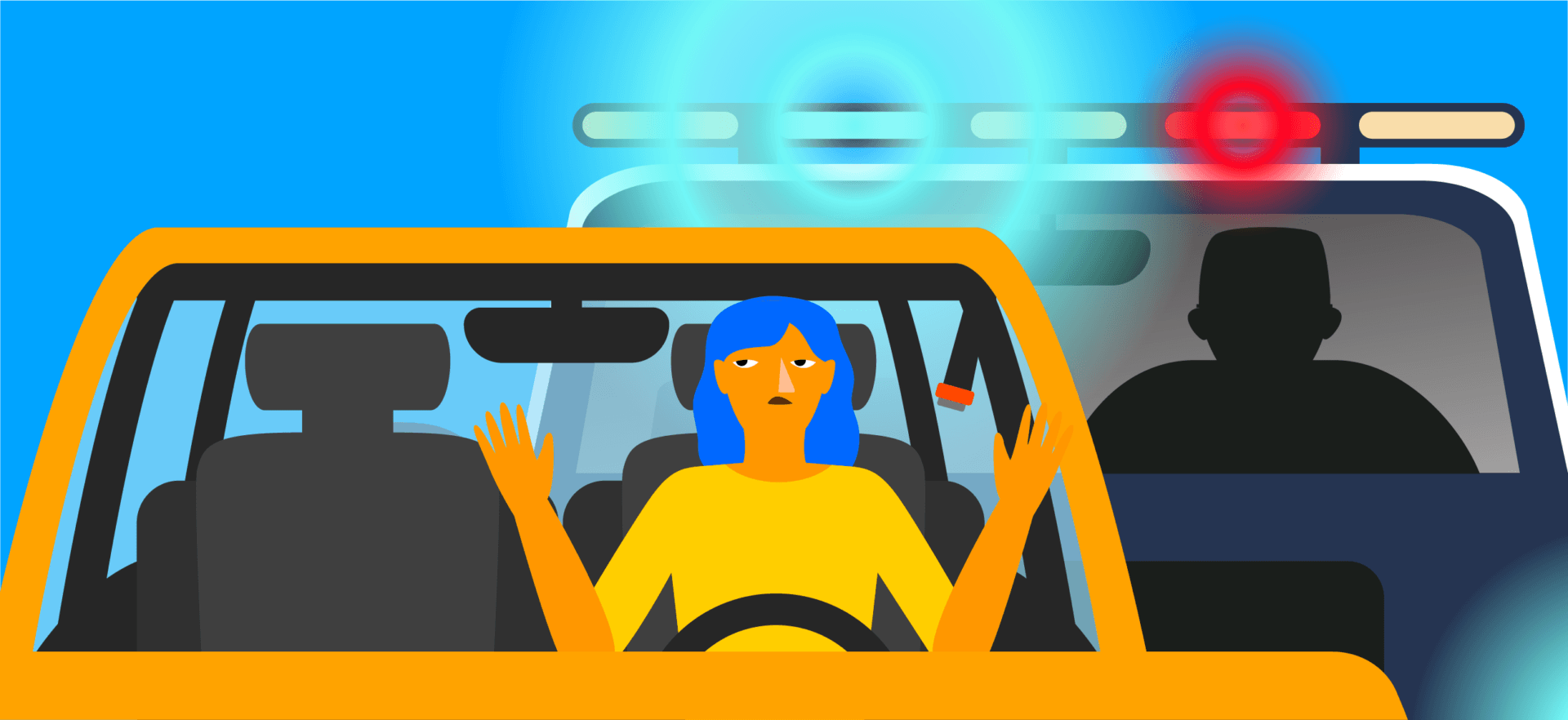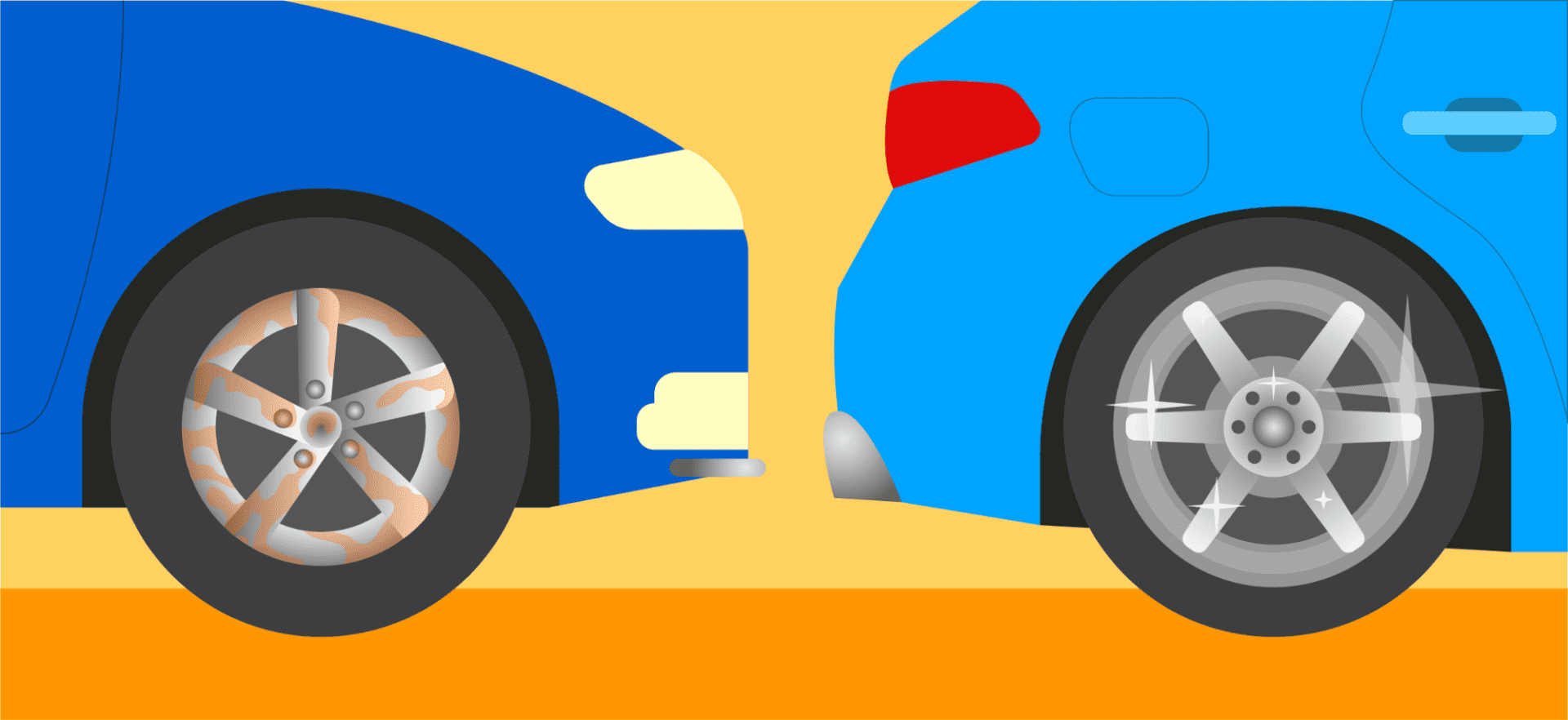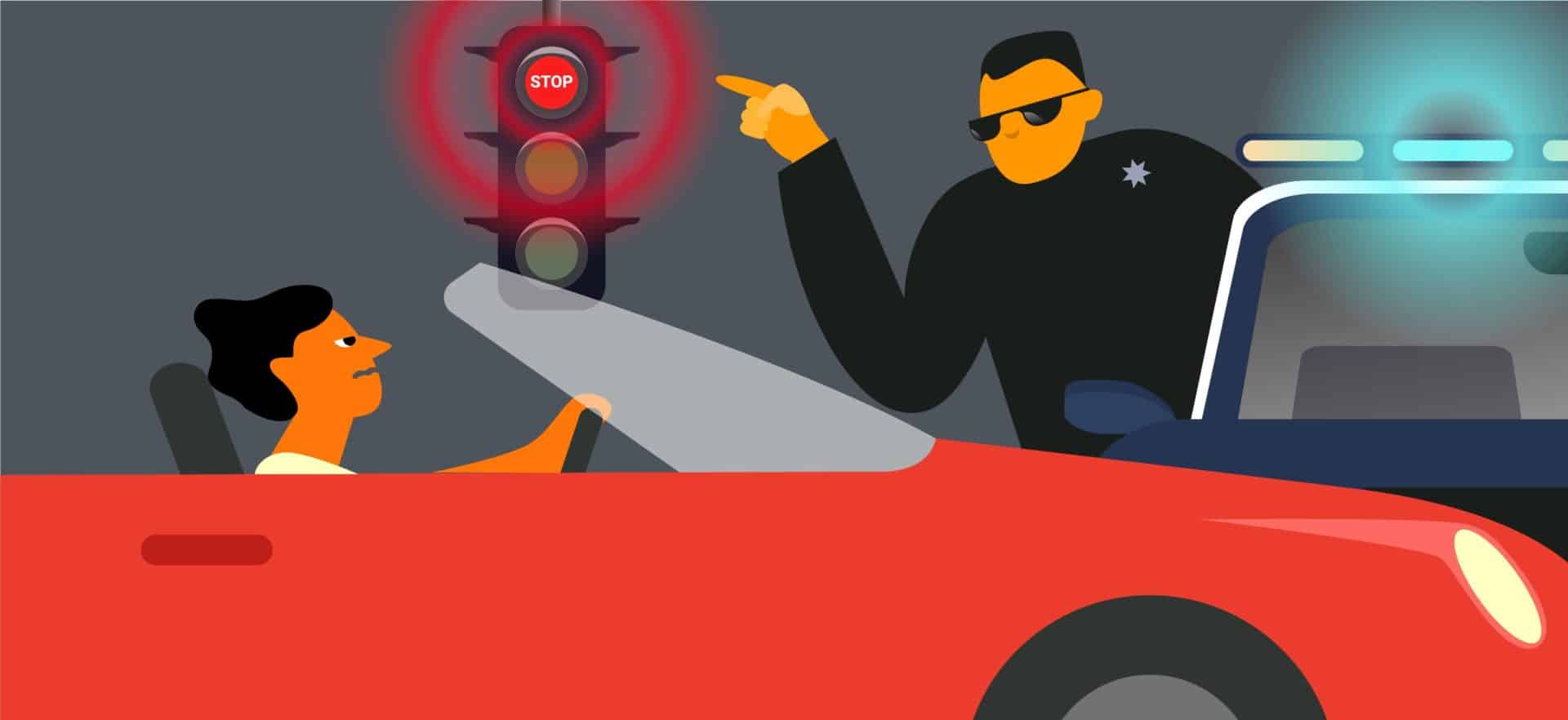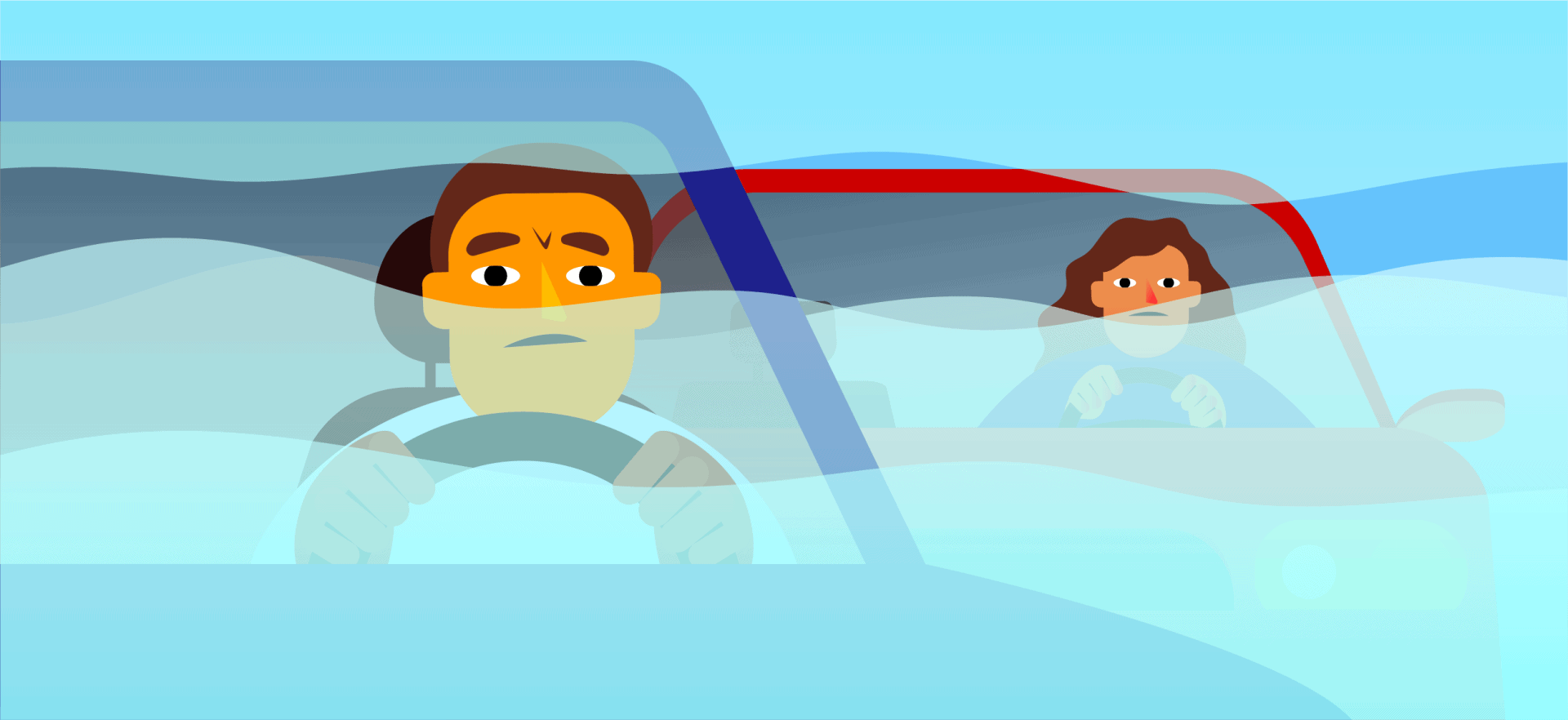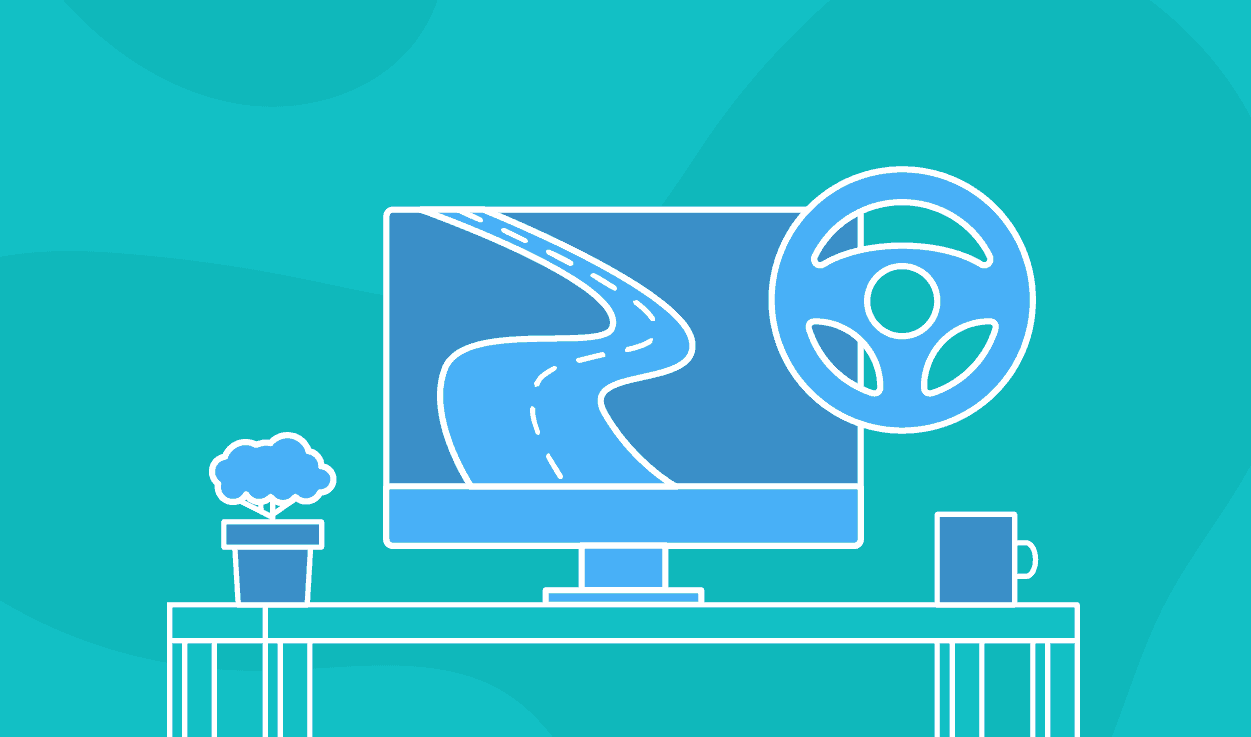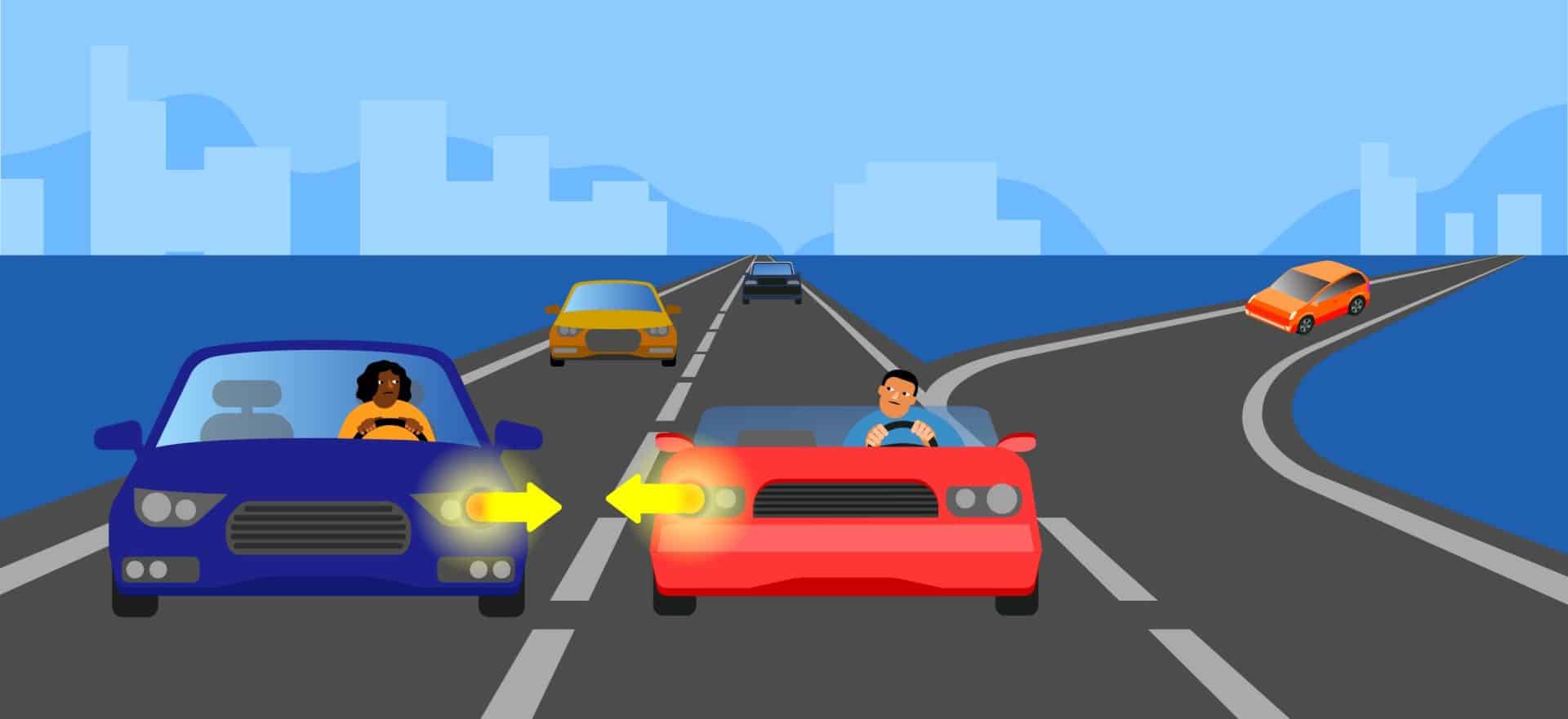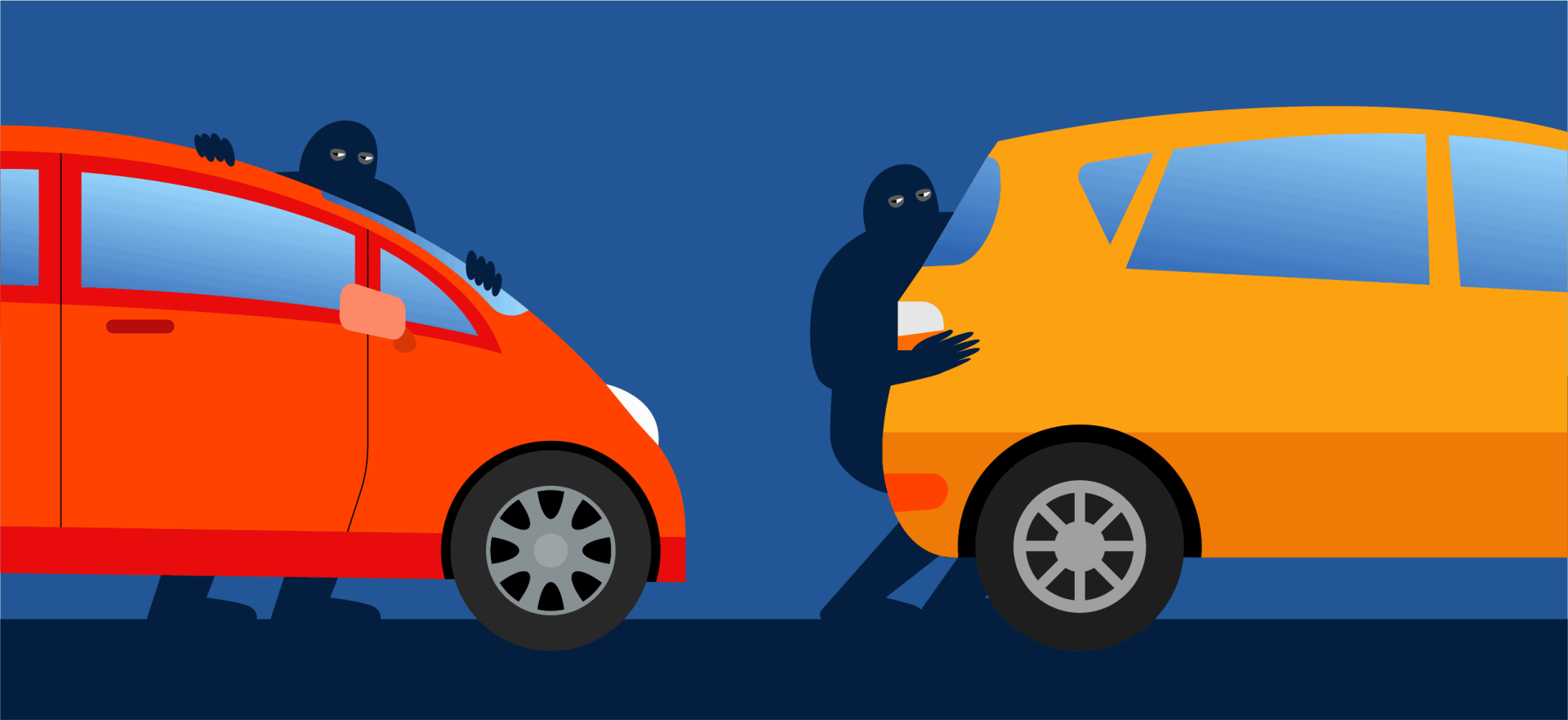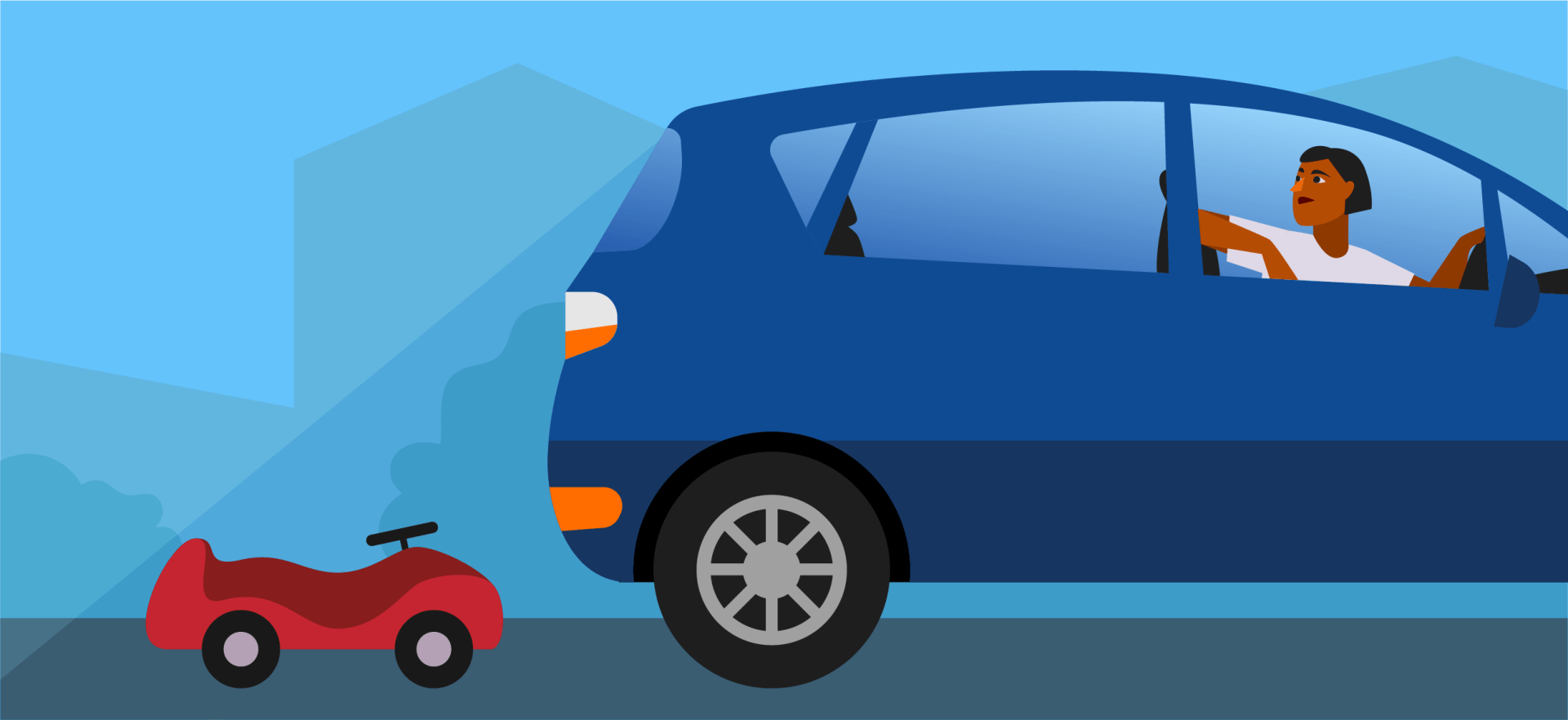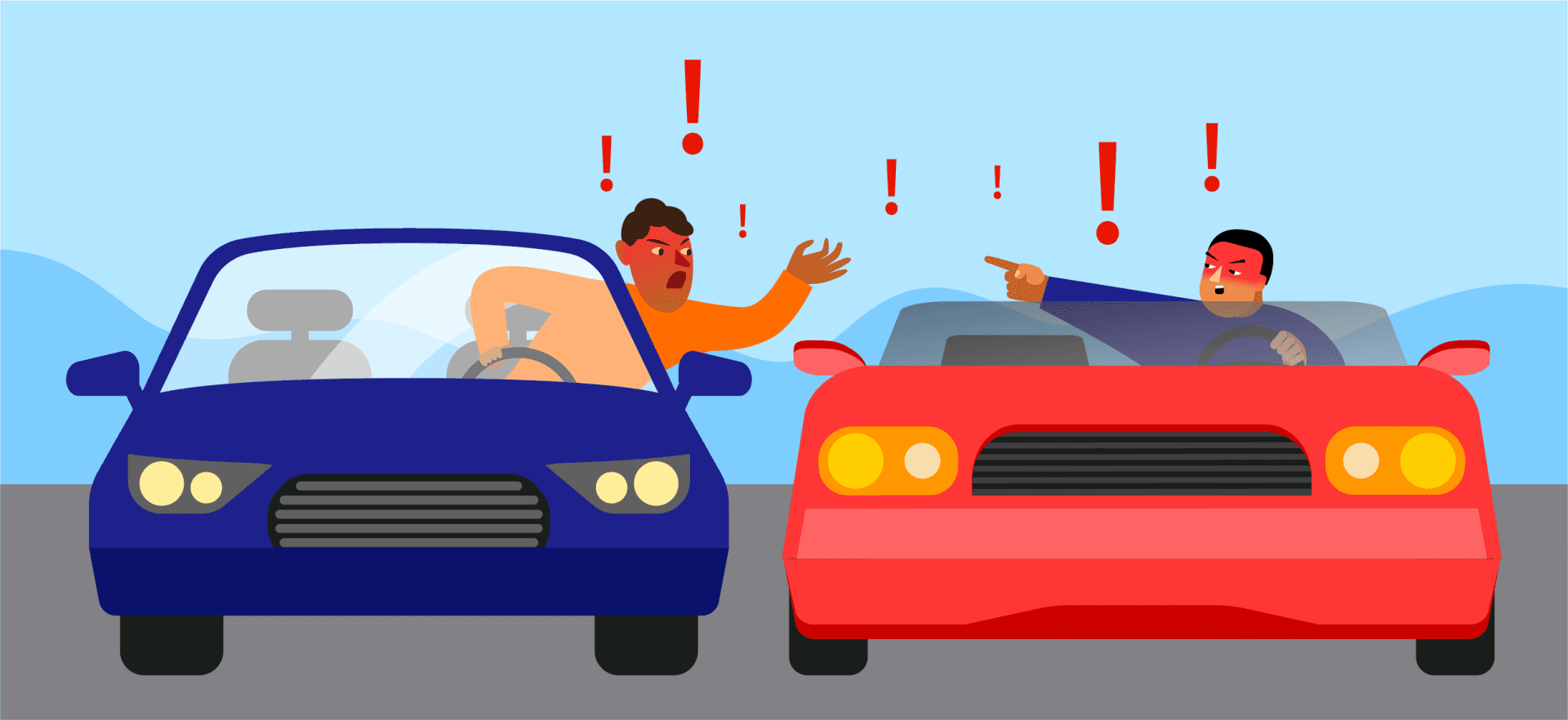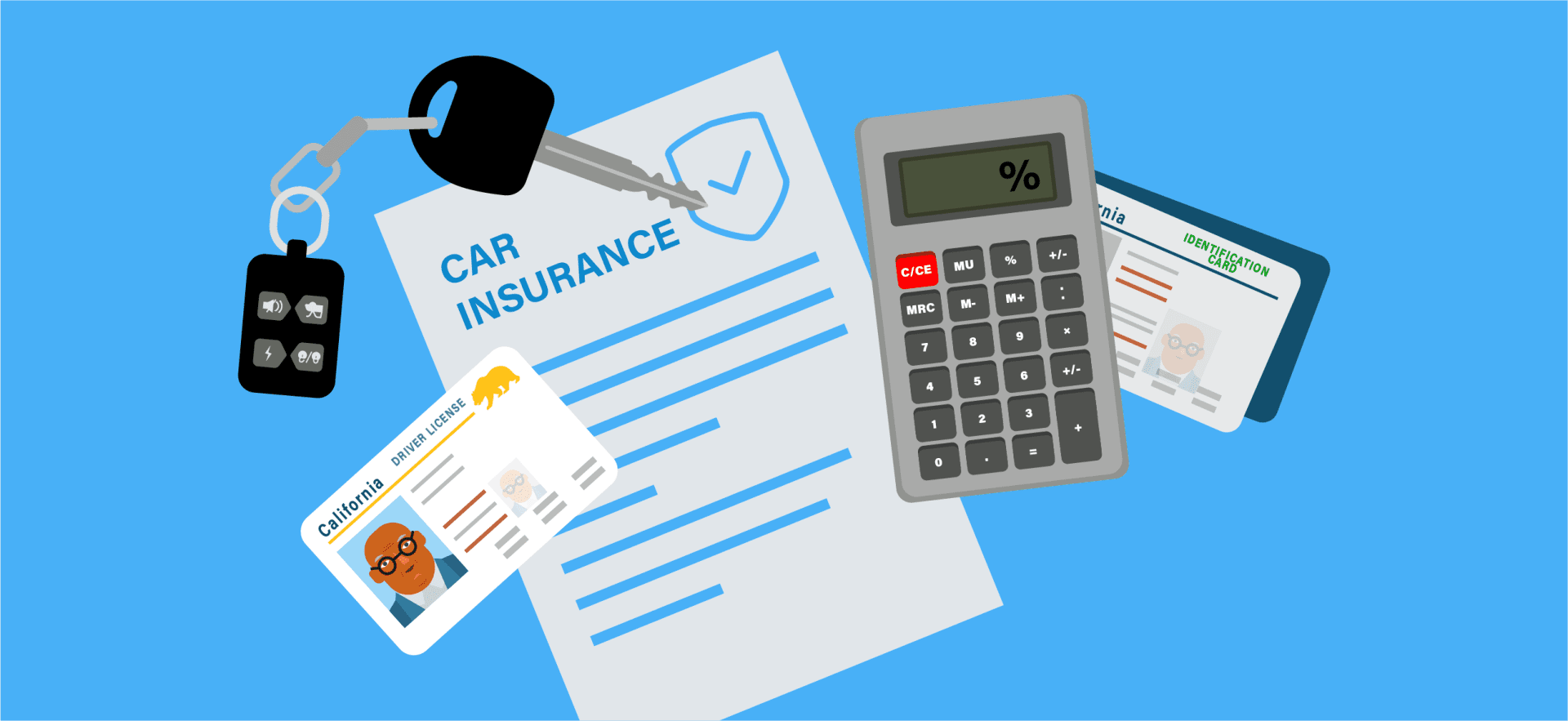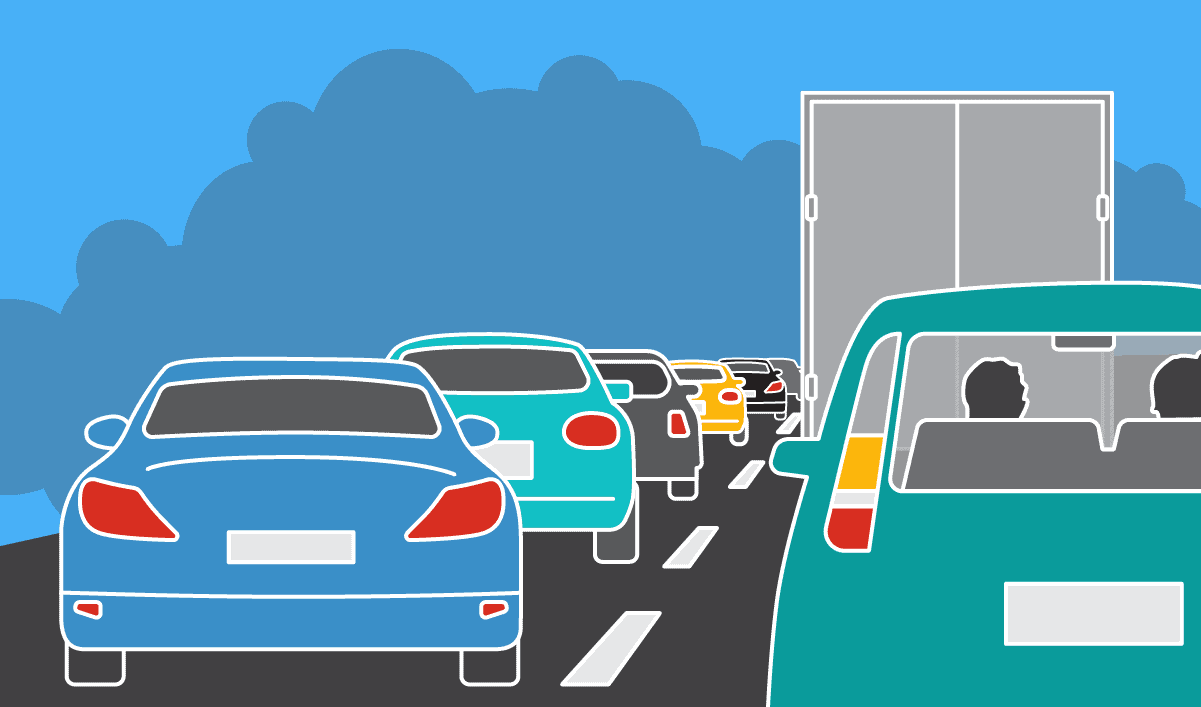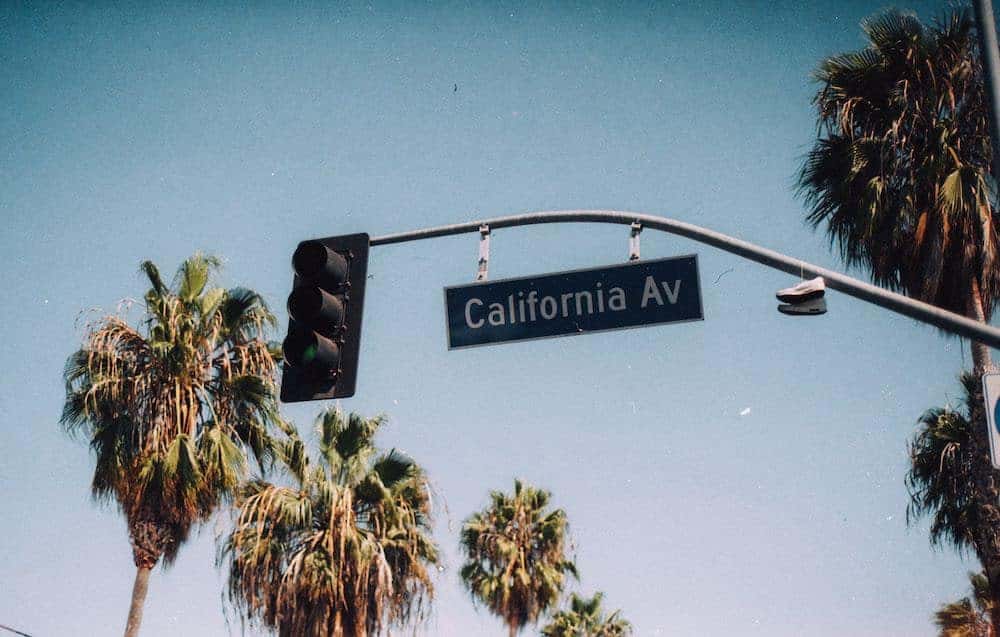Have you lost or misplaced a traffic ticket? Or perhaps you’re not sure when you’re supposed to pay the fine? Either way, you need to find out when the ticket is due and take action before it’s too late. Otherwise, you risk facing additional penalties and charges.
Here’s how to check the due date on a speeding ticket in California – and what to do next. We’ll also explain the steps you can take if you no longer have your ticket.
Let’s get into it.
How to Check the Due Date on a Speeding Ticket
One of the first things you should do after receiving a speeding ticket is check the due date, which indicates the day you’re expected to pay the fine or contest the charge. In California, the due date appears at the bottom of the ticket, as shown below:

This notice will also include information about your car, the offense you committed, and the court handling your case. Its format may vary from one jurisdiction to another, but, generally, all traffic tickets contain the following:
- Citation number
- Description of the charge
- Date, time, and location of the offense
- Issuing agency (e.g., the California Highway Patrol)
- Your personal details
- Driver’s license number
- Vehicle information
- Officer information
- Legal information and rights
- Applicable fines and penalties
- How to pay the fine or fight the ticket
- Due date
- Court address
- Your signature
The citation will also specify if you must appear in court and whether you can go to traffic school to keep points off your record.
Expect to receive a courtesy notice from the court by mail within 2-4 weeks after getting ticketed. This document contains the same information as the initial citation, serving as a reminder that you must take action (e.g., pay the fine).
Note that you need to address your ticket by the due date even if you don’t get a courtesy notice.
What should I do if I don’t know the citation date?
If you lost or misplaced a traffic ticket, look up your case online to check the due date. This information should appear on the court’s website within 30 days from the date you got ticketed. To do this, you should:
- Identify the Appropriate Court: Your ticket should indicate the county where it was issued. Each county court typically offers an online portal for traffic citations. If you’re unsure which court is handling your ticket, you can use the California Courts’ Find My Court tool to locate the appropriate court by city or zip code.
- Access the Court’s Online Services: What this is called will depend on the court, but look for something like “Traffic,” “Online Services,” or “Pay Traffic Ticket.”
- Enter the Required Information: You’ll need a valid driver’s license number and your date of birth. Some courts will also require the citation or case number on your ticket.
- Follow the Online Instructions: As long as you have the required information, you should be able to view relevant info about your ticket. If you have trouble, you can contact the traffic division of the relevant county court directly.
Note: In some rare cases, tickets are lost and do not appear in the system. If this happens to you, congratulations! You may have escaped the law. Even so, you should keep checking the court website for your ticket to ensure it isn’t just a result of a backed up system.
Traffic school can help you keep a clean driving record, prevent insurance increases, and more!
How to Take Care of Your Traffic Ticket
There are several ways to deal with a traffic ticket, depending on the severity of your offense. Generally, speeding tickets don’t require a court appearance unless you face more serious charges, such as a DUI or reckless driving, or decide to contest the citation.
With that in mind, here’s what you can do about your traffic ticket.
Pay the Fine
One option is to simply pay the ticket. How much is a speeding ticket in California? The base fine for speeding violations varies between $35 and $500 plus court fees and penalty assessments (if applicable).
You’ll also get one or two points on your record, depending on whether the offense is classified as an infraction or misdemeanor. If you’re charged with the latter, you may also have your license suspended.
Be aware that you’ll pay higher fines for speeding in school or construction zones. Also, the penalties are a lot more severe if you’re caught speeding under the influence.
California drivers who cannot afford the fine may ask the court to lower the amount due or set up a payment plan. In some cases, the court may allow them to do community service instead of paying the fine.
Request an Extension
Most courts in California will give you a one-time extension to pay your fine. Depending on the court, you can submit your request in person, by phone, online, or in writing.
For example, the Superior Court of Santa Clara County can give you a one-time, 30-day extension to pay for your ticket. The Superior Court of California, County of Los Angeles, on the other hand, can grant you a one-time, 180-day extension.
Opt for Traffic School
Your ticket will specify whether you’re eligible for traffic school. If you qualify, you must plead guilty, pay the fine, and take a traffic school course approved by the DMV.
The primary advantage of attending traffic school is that it will mask one point on your driving record. Traffic tickets can affect your insurance rates. After completing traffic school, the point will be hidden from insurance carriers and other third parties, preventing your insurance premiums from going up.
Traffic school may also keep you from having your license suspended if you’ve accumulated too many points. See our guide to the DMV point system in California to find out more.
At Best Online Traffic School, we offer a DMV-approved course in English, Chinese, and Spanish. The course is entirely online, and can be completed in just two or three hours from any device. Plus, you can take the final exam as many times as needed without paying extra.
Enroll for free and pay only when you pass. Our fee of only $27.99 includes unlimited retakes, same-day submission to the court and DMV, 24/7 live chat.
Start traffic school for FREE today to keep points off your driving record.
Contest the Ticket
Another option is to plead not guilty and fight your ticket in court or through a trial by written declaration. If you go this route, you’ll need to present supporting evidence, such as dashcam footage, photos, and eyewitness statements.
Our advice is to hire a traffic lawyer to represent you in court. You need to weigh your charges against the cost of a traffic lawyer, though. Legal assistance isn’t cheap, but it may be worth it if you’re facing more serious charges or your license is at stake.
Final Thoughts
The due date on your speeding ticket isn’t just a formality. If you ignore it or forget about it, you’ll face additional penalties ranging from higher fines to license suspension or even jail time.
You’ll also want to check if you qualify for traffic school in California. This information should appear both on your ticket and the courtesy note you’ll get in the mail.
Completing a DMV-approved traffic school course will keep your insurance premiums from going up and help you maintain a clean driving record. Plus, it’s an opportunity to refresh your knowledge of traffic laws and safe driving practices.
FAQs about Checking the Due Date on a Speeding Ticket
Looking for more information on traffic tickets? Below are the answers to some frequently asked questions.
How can I find out if I got a traffic ticket in California?
If you’re caught speeding in California, you’ll get a ticket from the police and a courtesy notice from the court in charge of your case. The courtesy notice will arrive by mail within two to three weeks.
For other traffic offenses, you’ll receive a notice in the mail. If, say, you’re caught by a red light camera, the court will send a Notice of Traffic Violation to your address within 14 days or so.
It’s important to note that not receiving a courtesy notice does not exempt you from addressing your ticket by the due date specified on your citation. If you haven’t received the notice within the expected timeframe, you should contact the court indicated on your ticket to obtain information about your case.
How long do I have to pay a speeding ticket in California?
Speeding tickets are usually due within 21 days. Depending on the jurisdiction, you may have up to 90 days to pay your fine or contest the charge. Want to find out the cost of a speeding ticket fast? Check out our California Speeding Ticket Cost Calculator.
How long do I have before an unpaid ticket becomes a warrant in California?
You have 24 hours past the due date of your ticket to pay the fine or contest the citation. If you don’t take action, the court will issue a warrant for your arrest and charge you with failure to appear.
Do speeding tickets expire in California?
No, they don’t. Take care of your ticket by the due date, or you’ll face new charges and penalties with serious legal implications.
How do I find my traffic school due date in California?
Visit the court’s website or contact the clerk to see how long you have to complete traffic school.
Generally, you must finish the course within 60 to 90 days from the date you paid the fine and traffic school administrative fee.
What happens if you miss the traffic school deadline in California?
If, for some reason, you fail to complete traffic school on time, you may request a traffic school extension from the court. Ideally, file your request before, not after, the due date.
Our traffic school course takes as little as one to three hours to complete. Plus, we’ll submit your completion certificate to the court immediately after you pass the final exam. This means you can finish the course the same day you start it.

